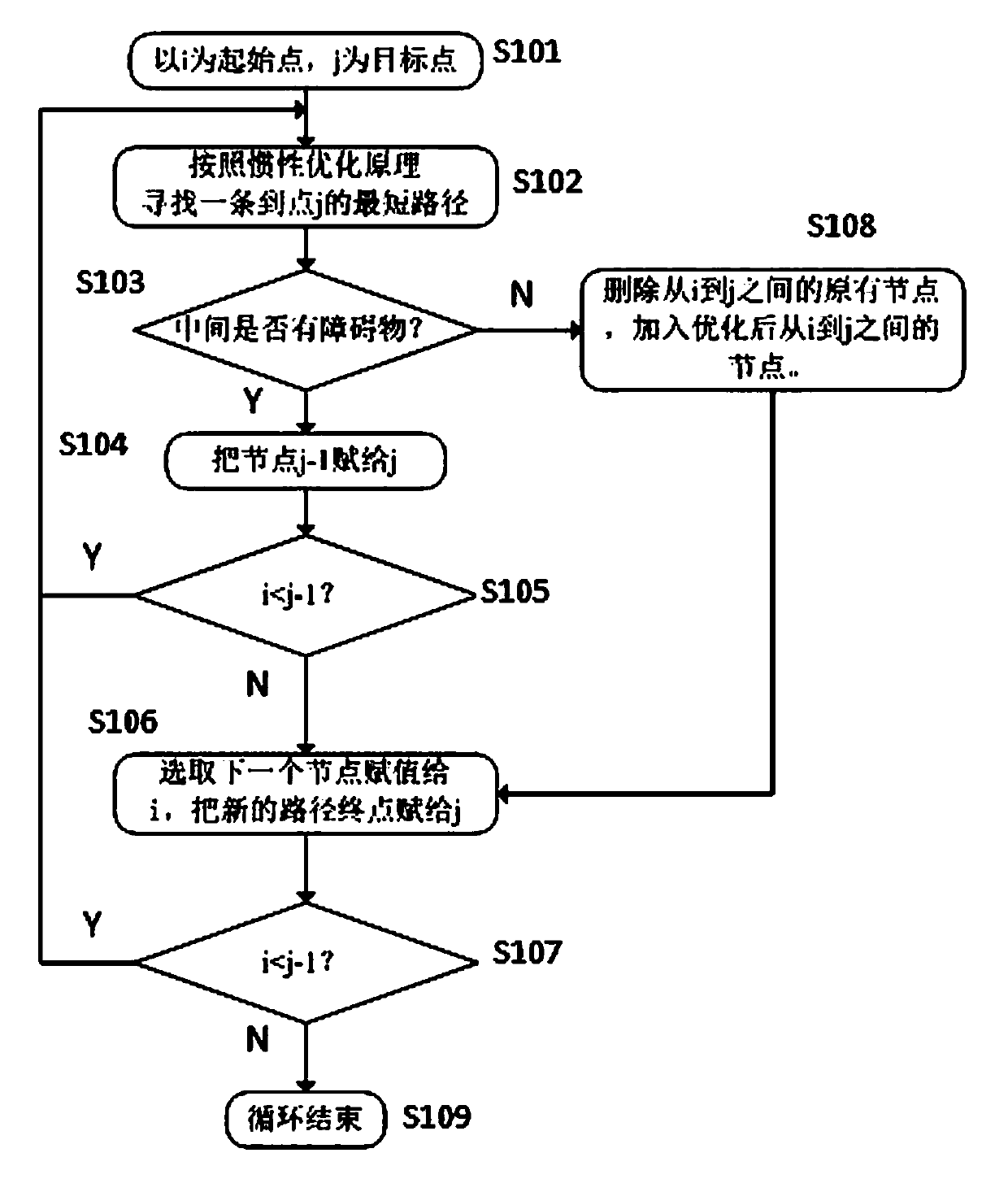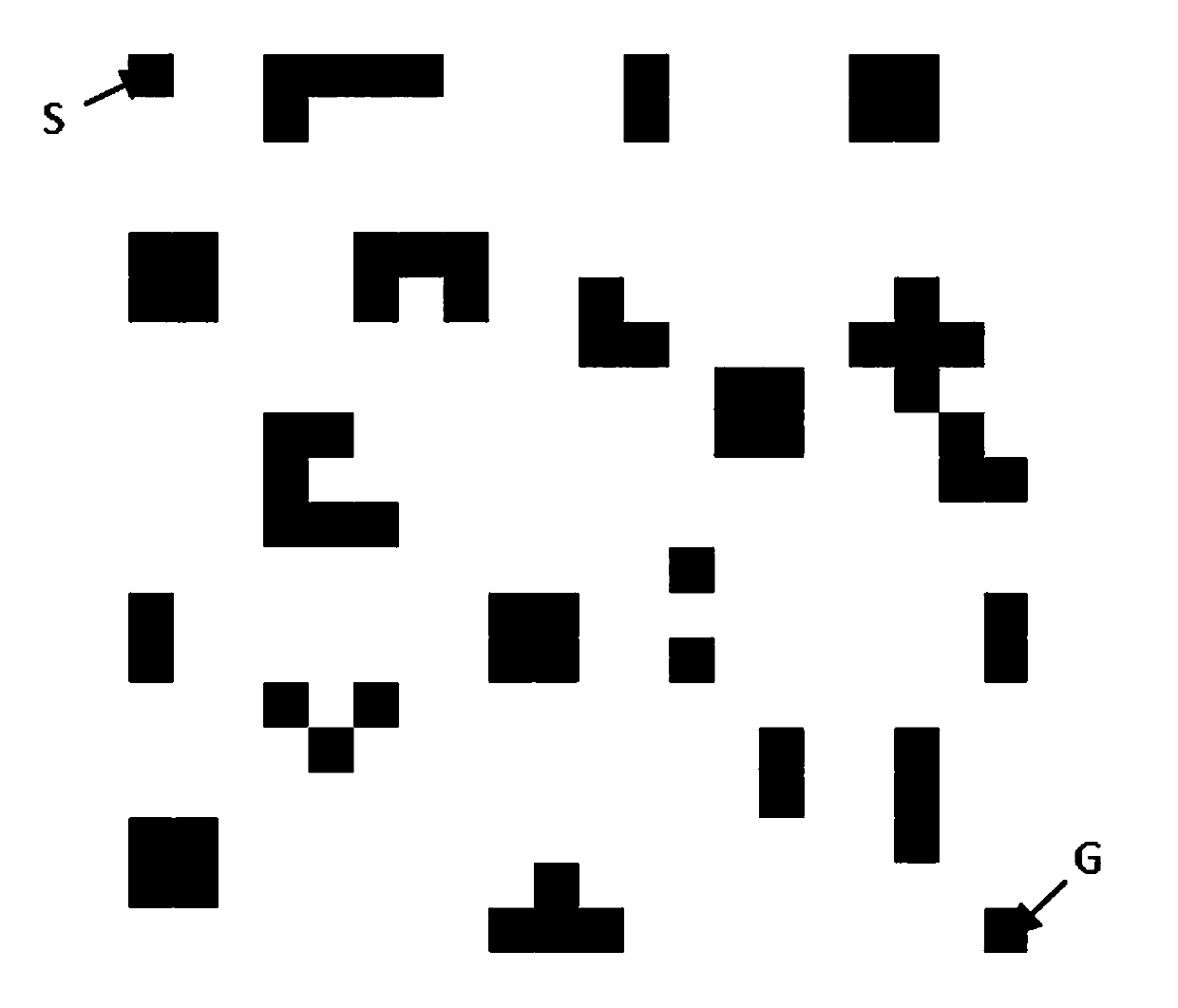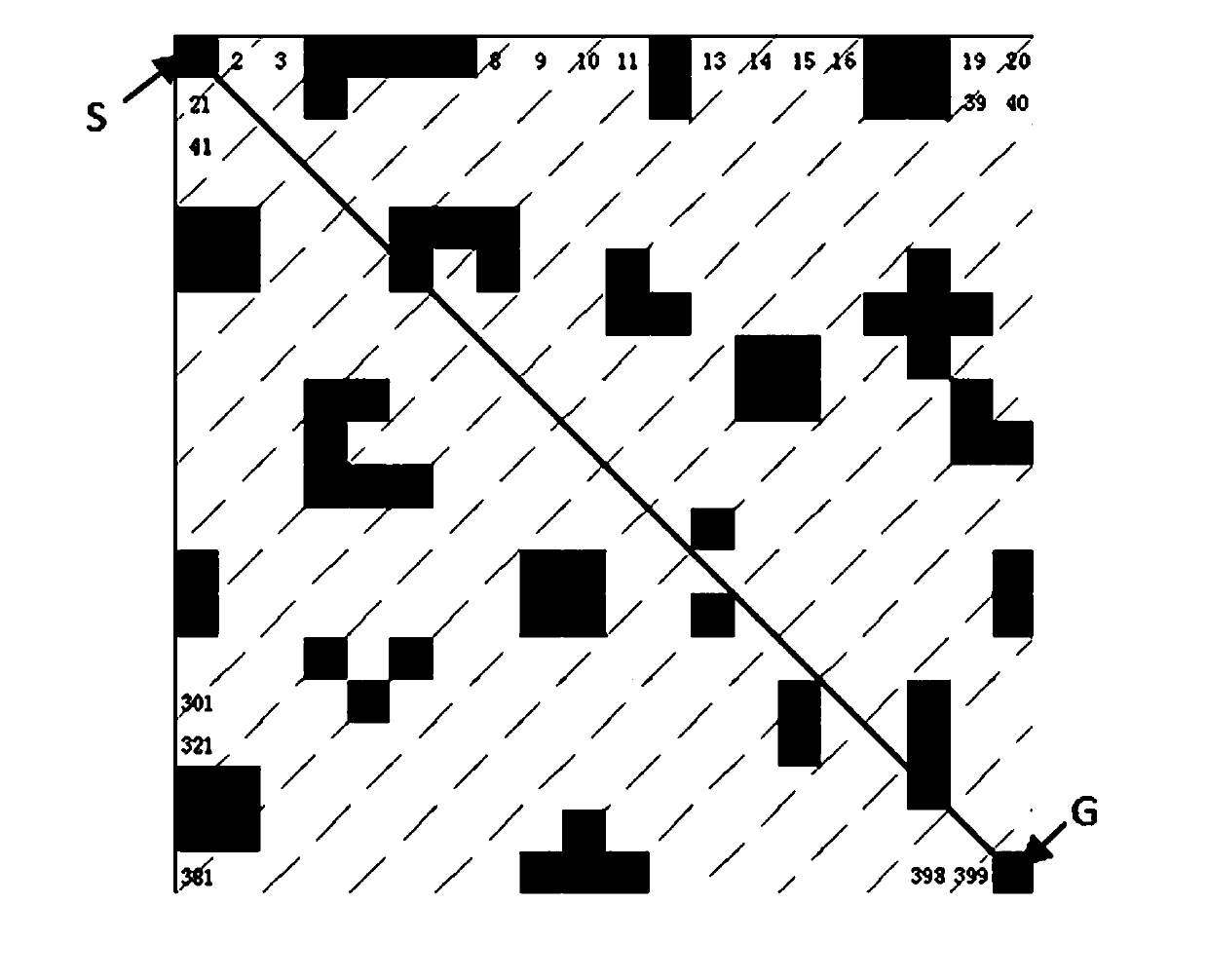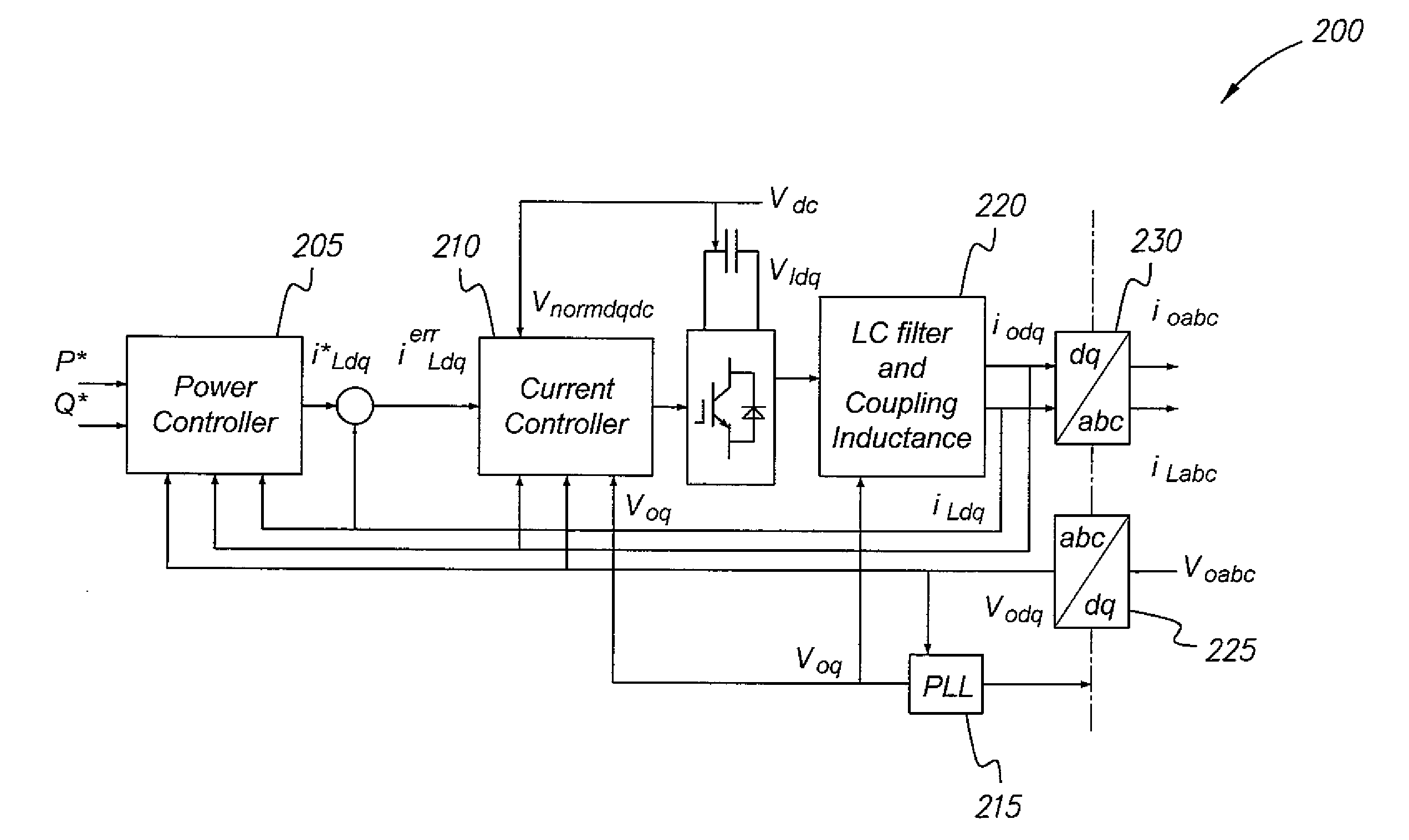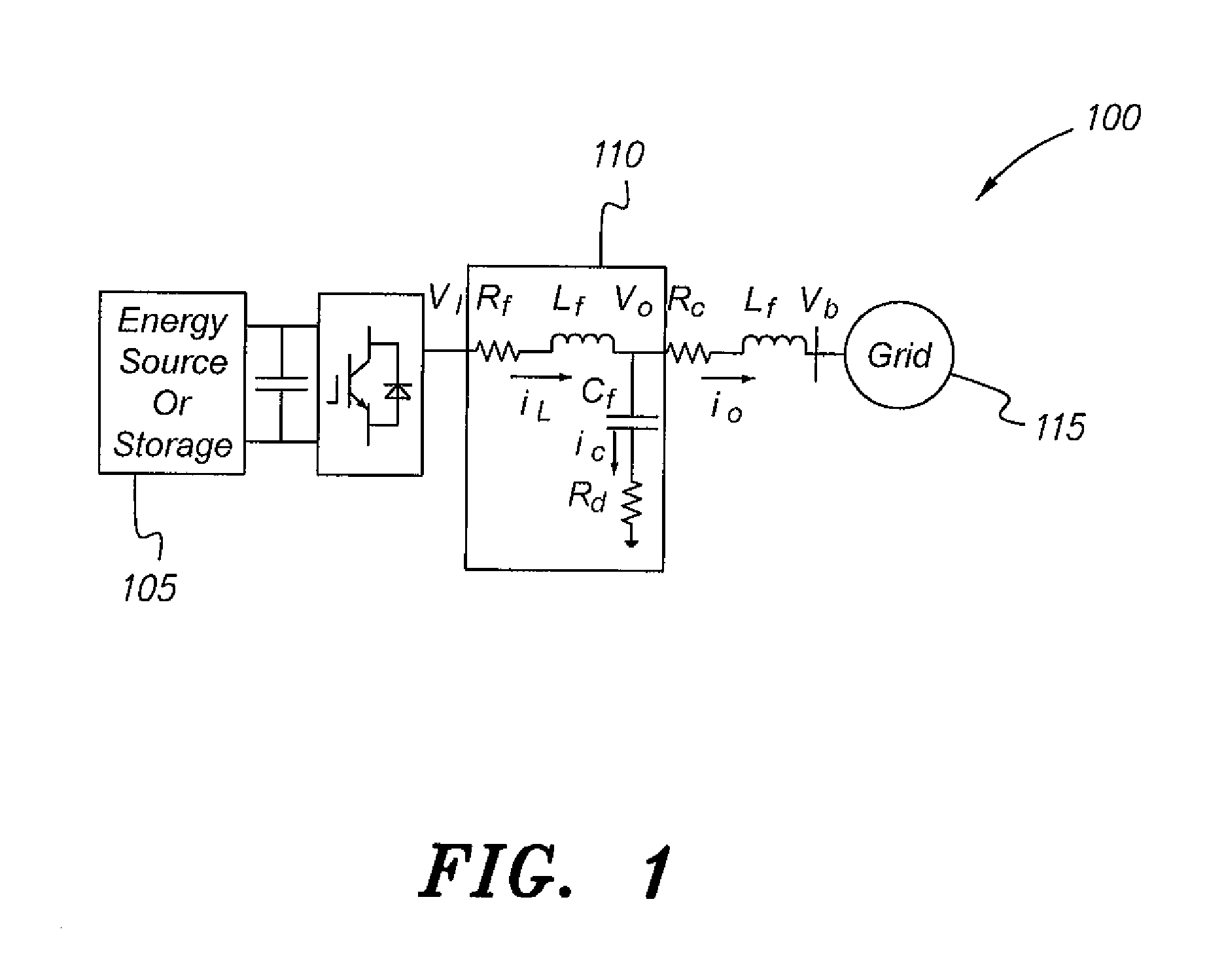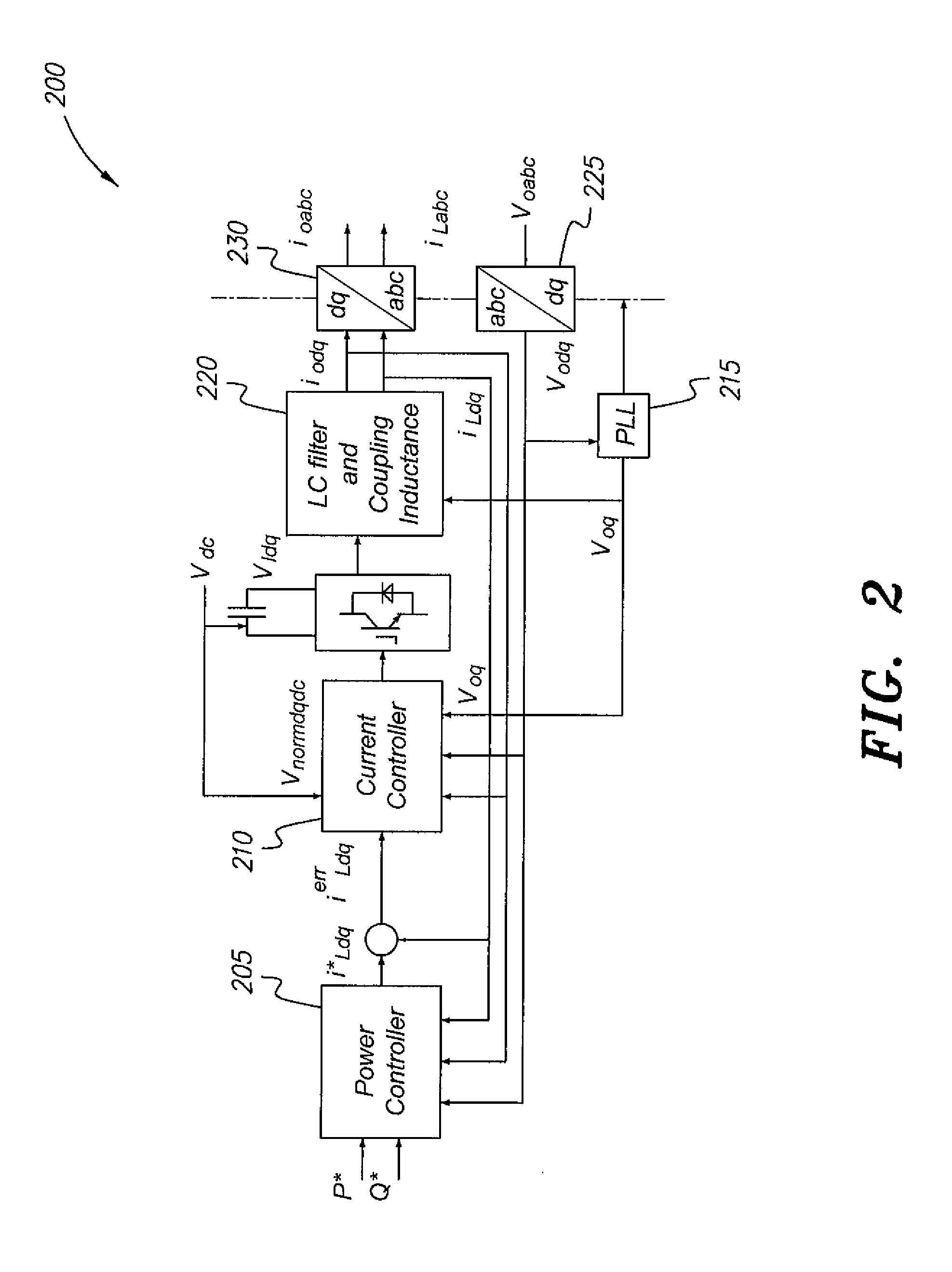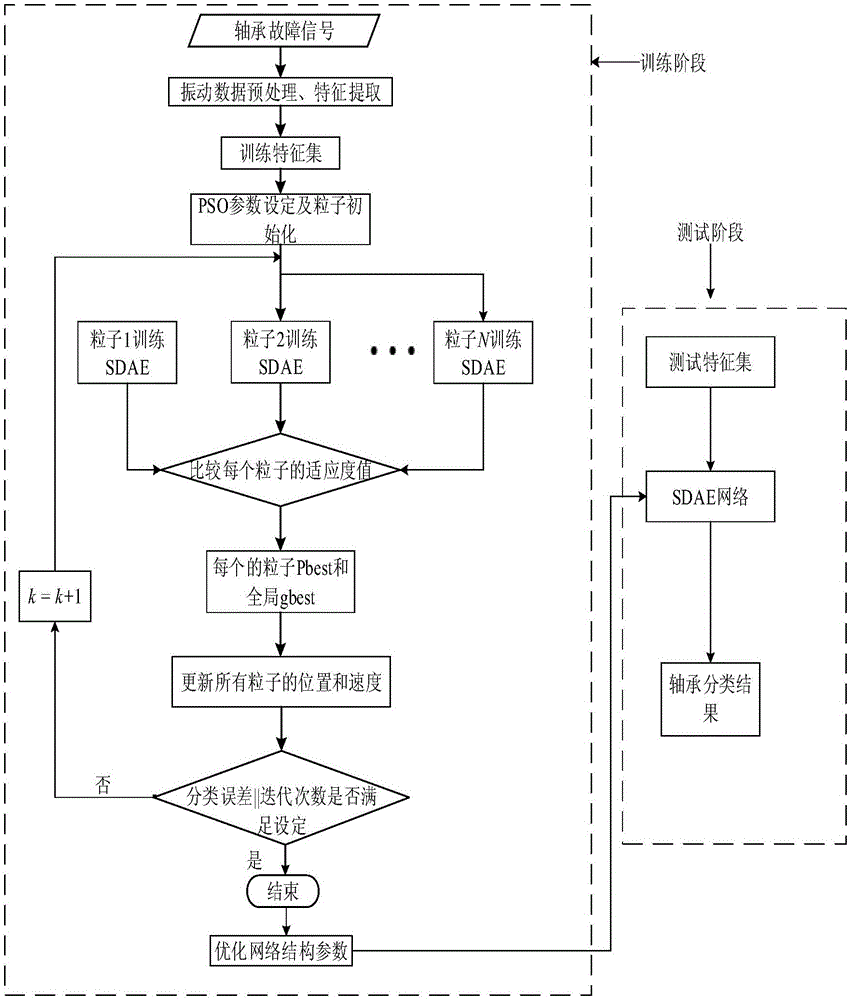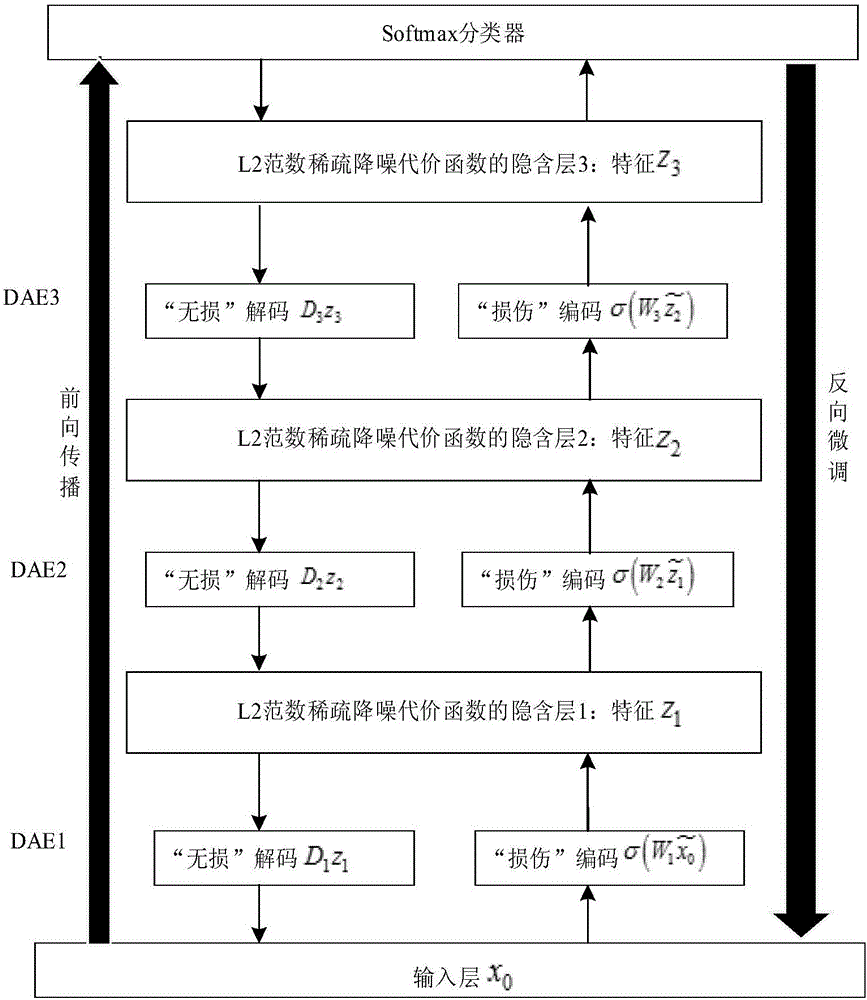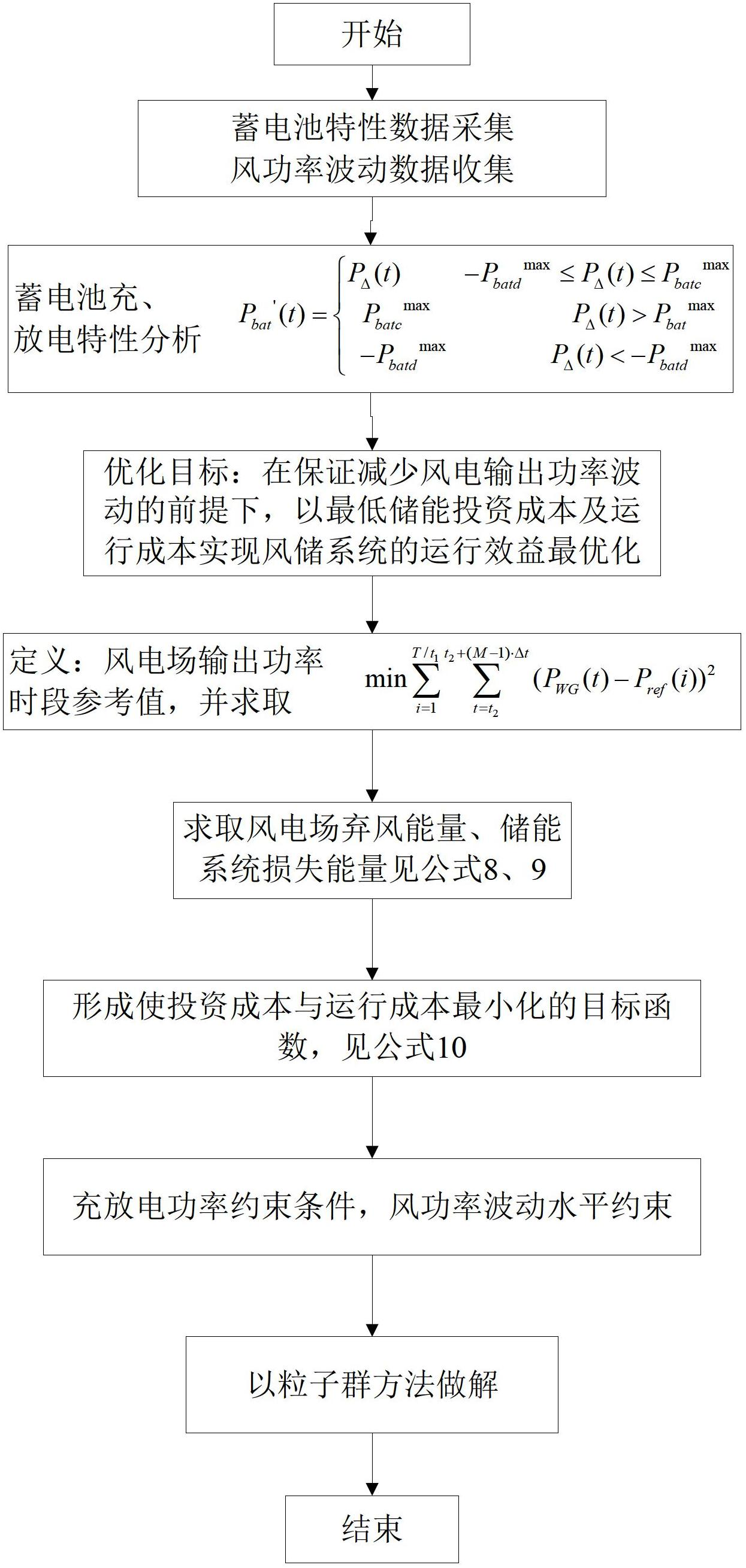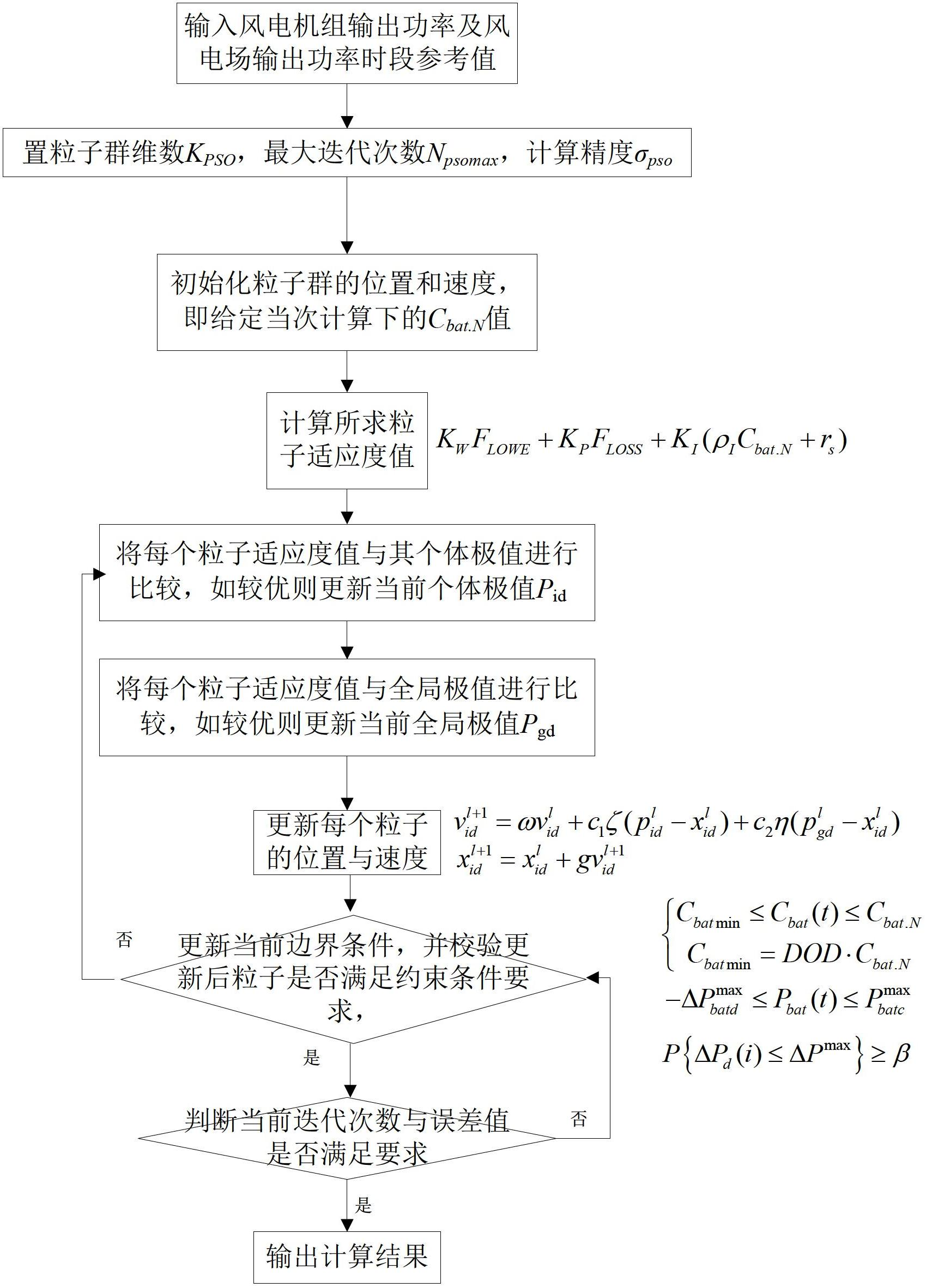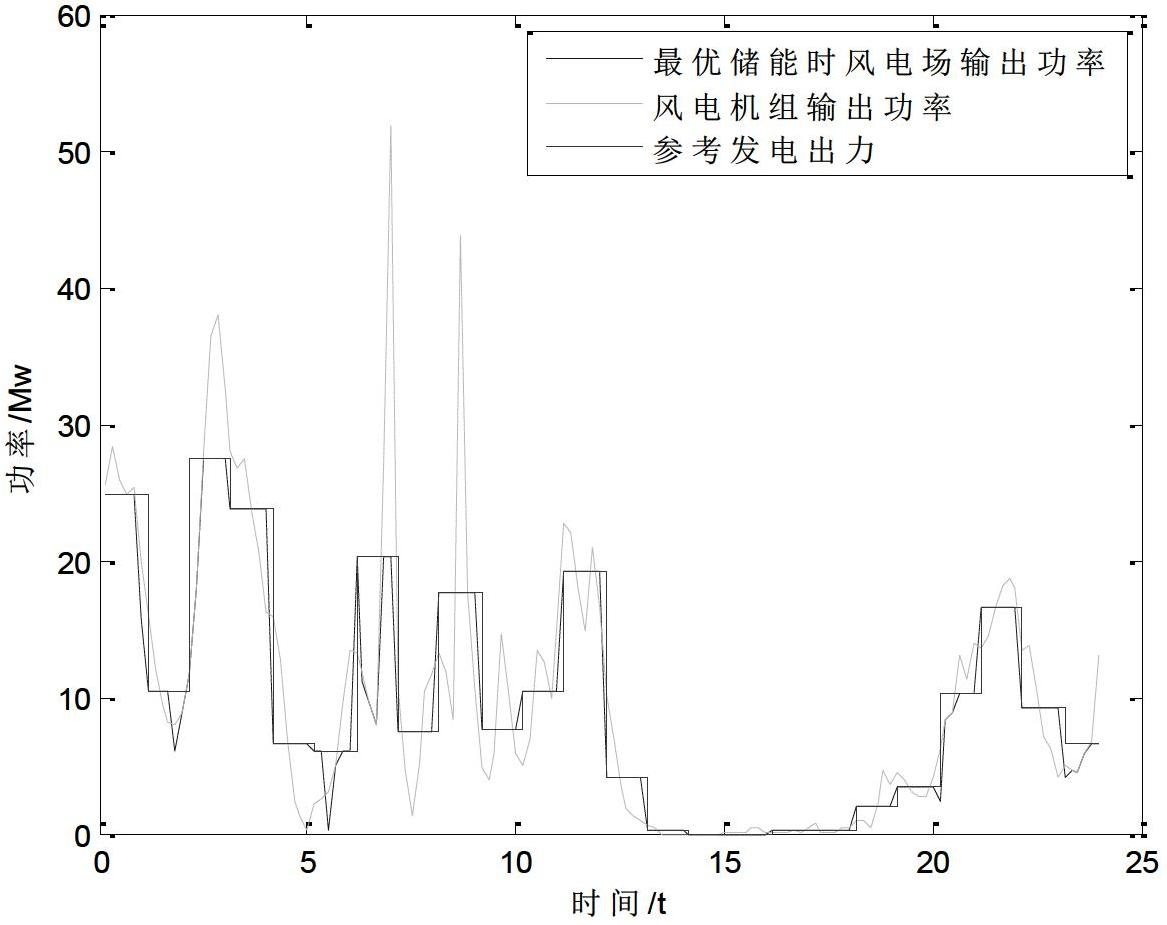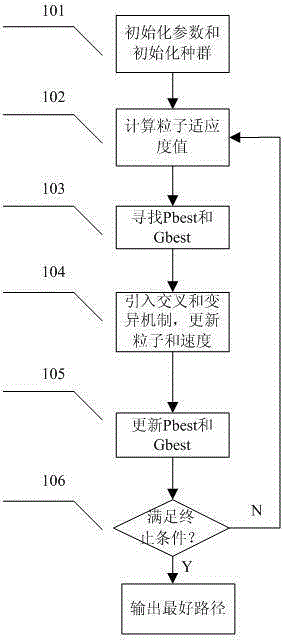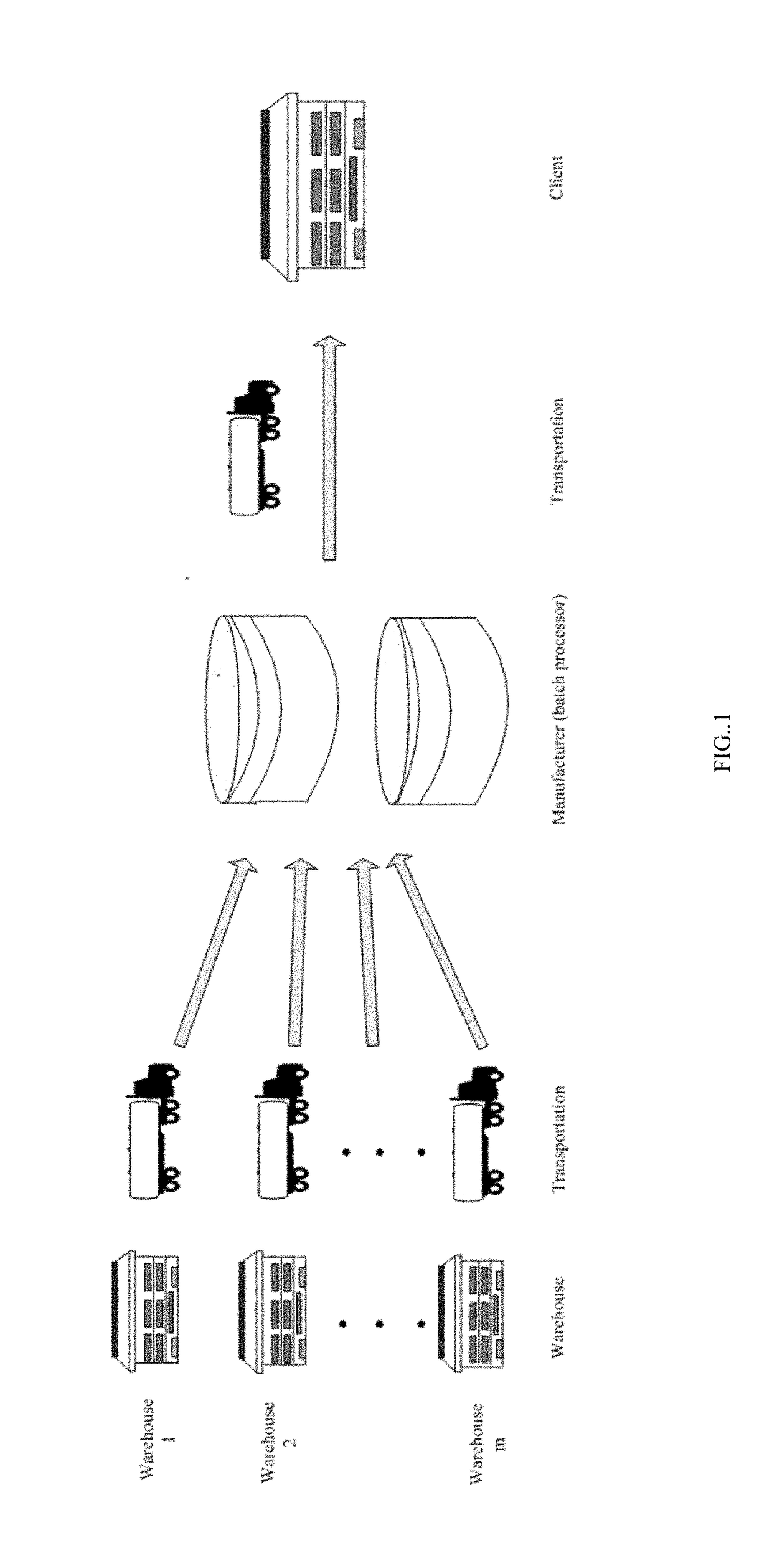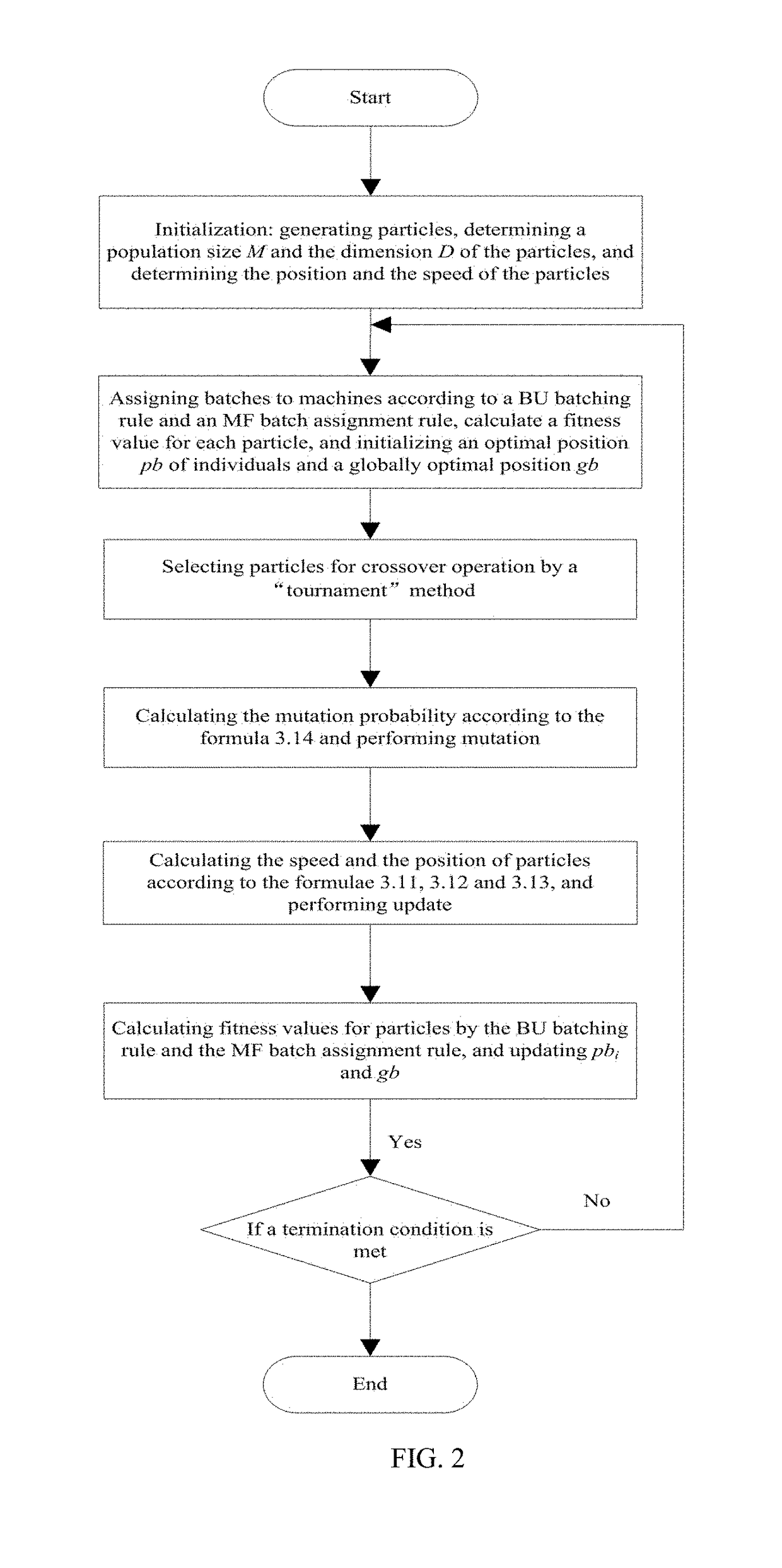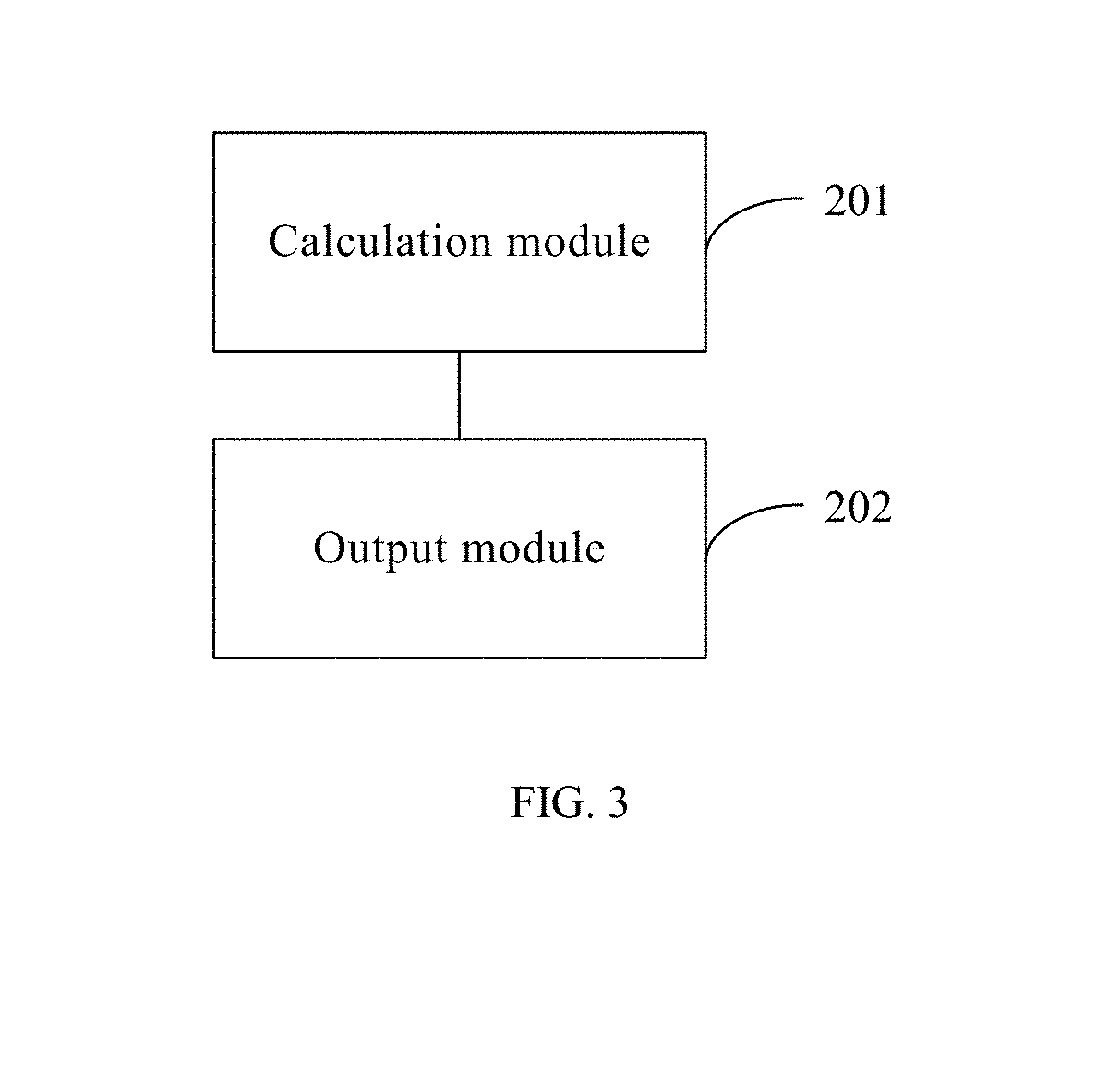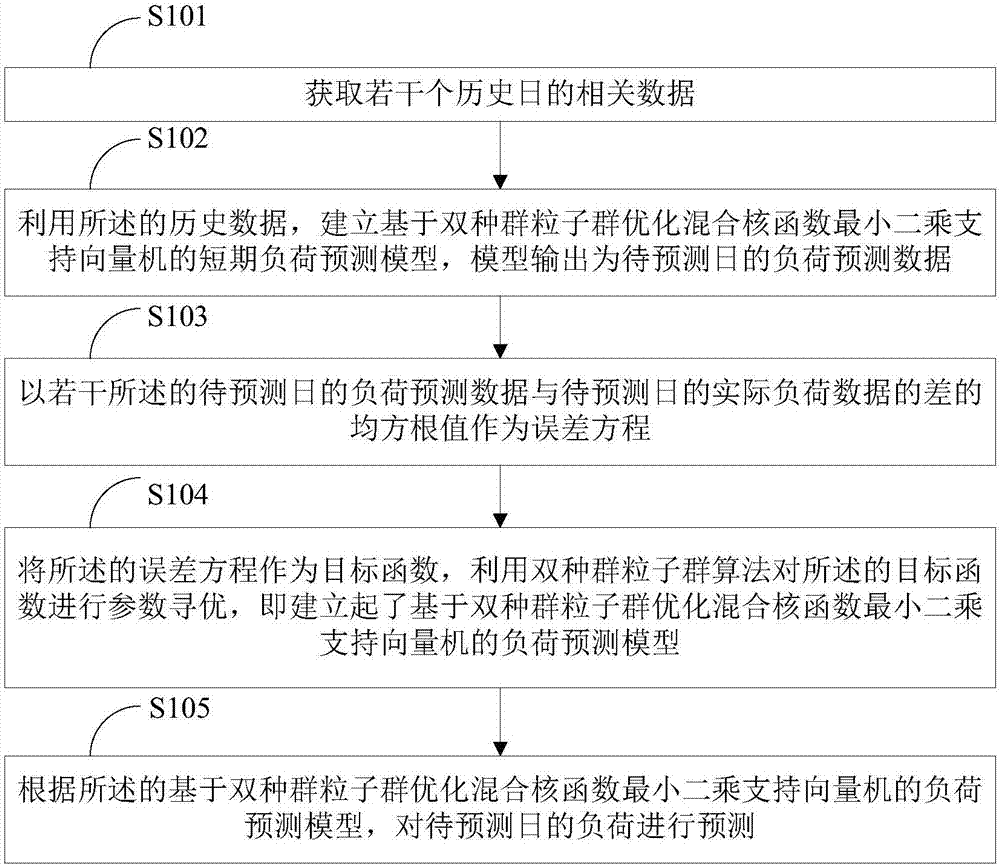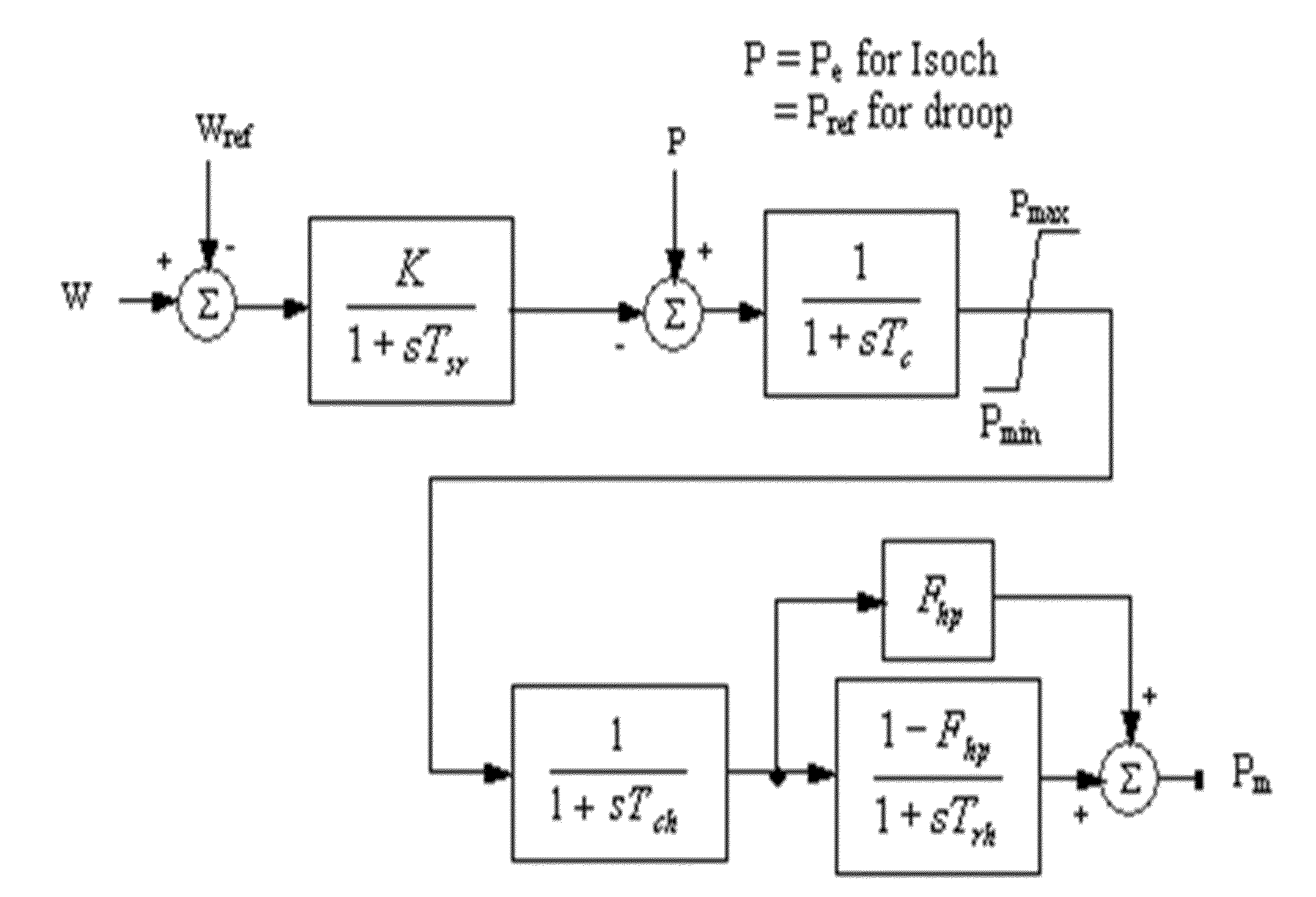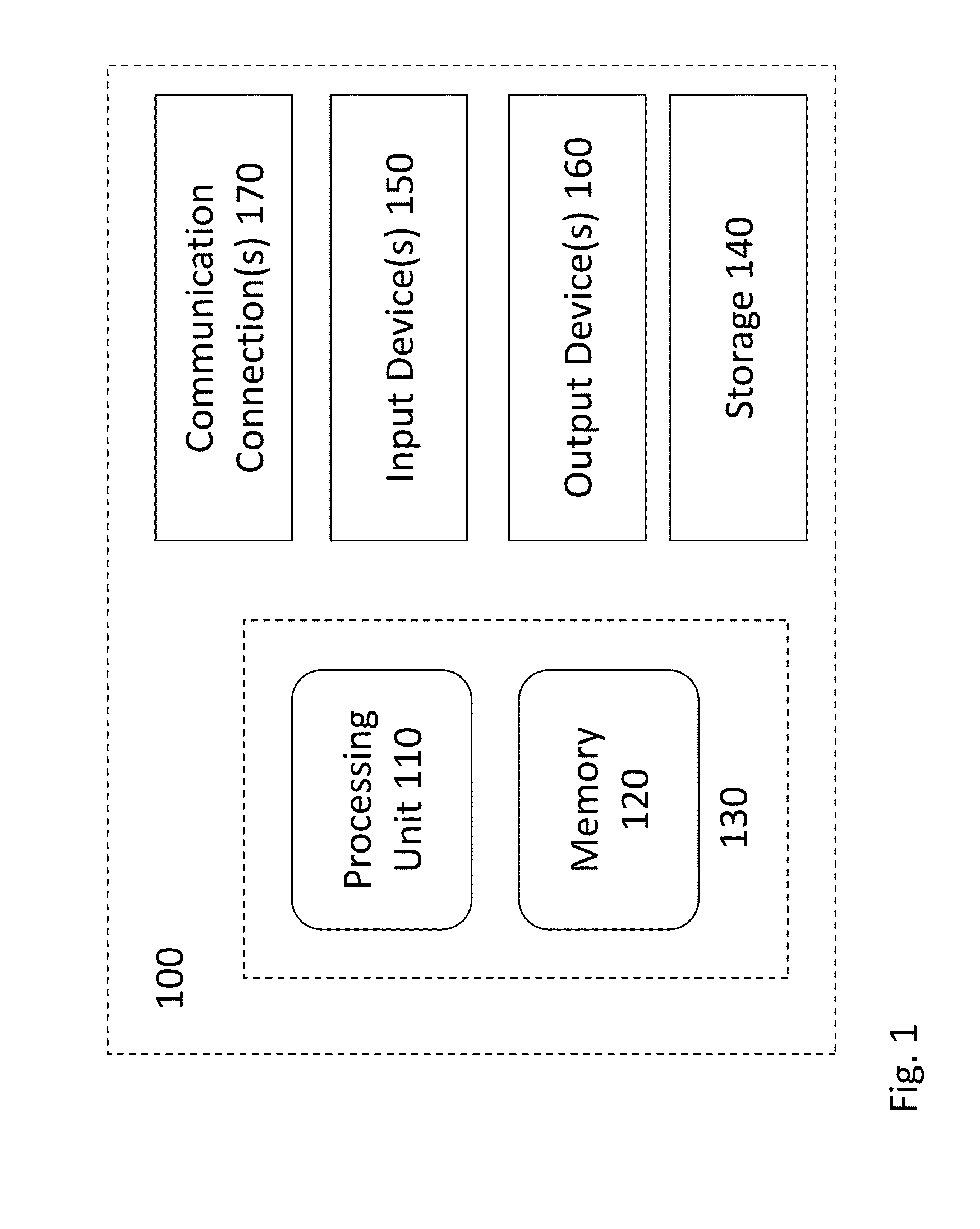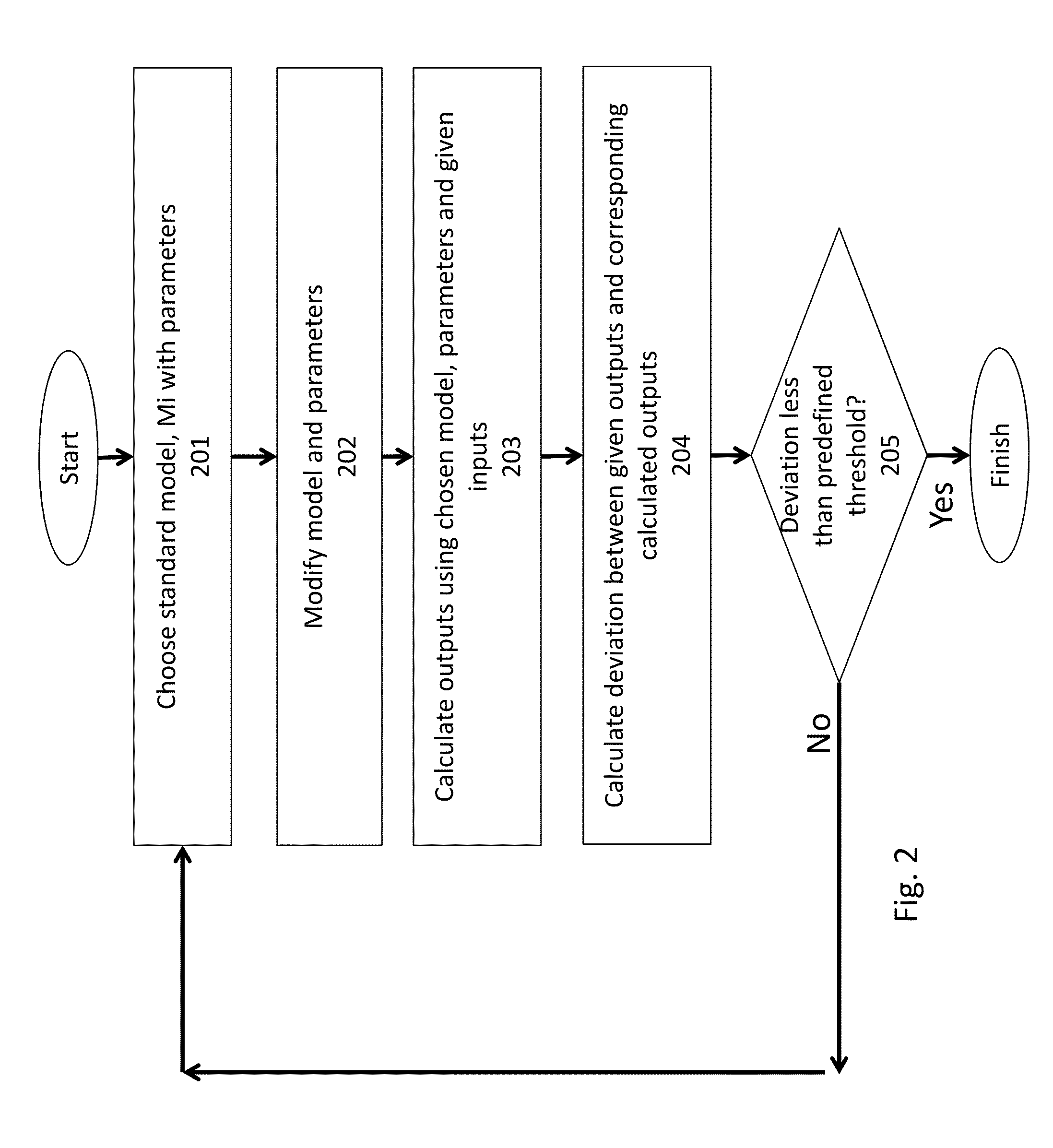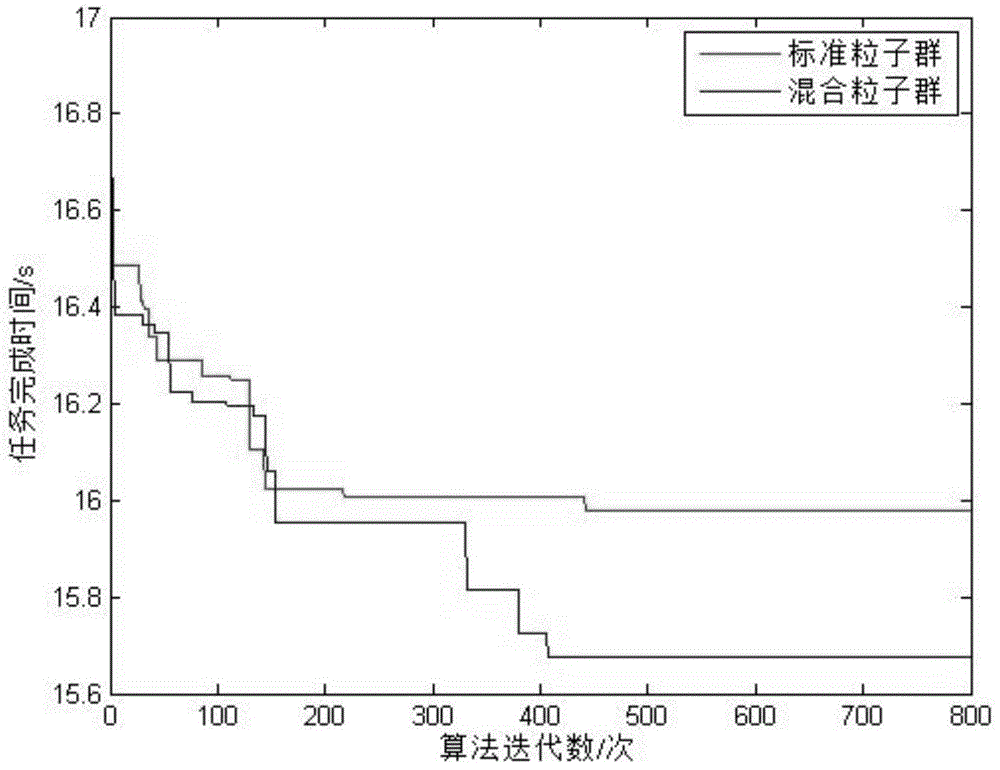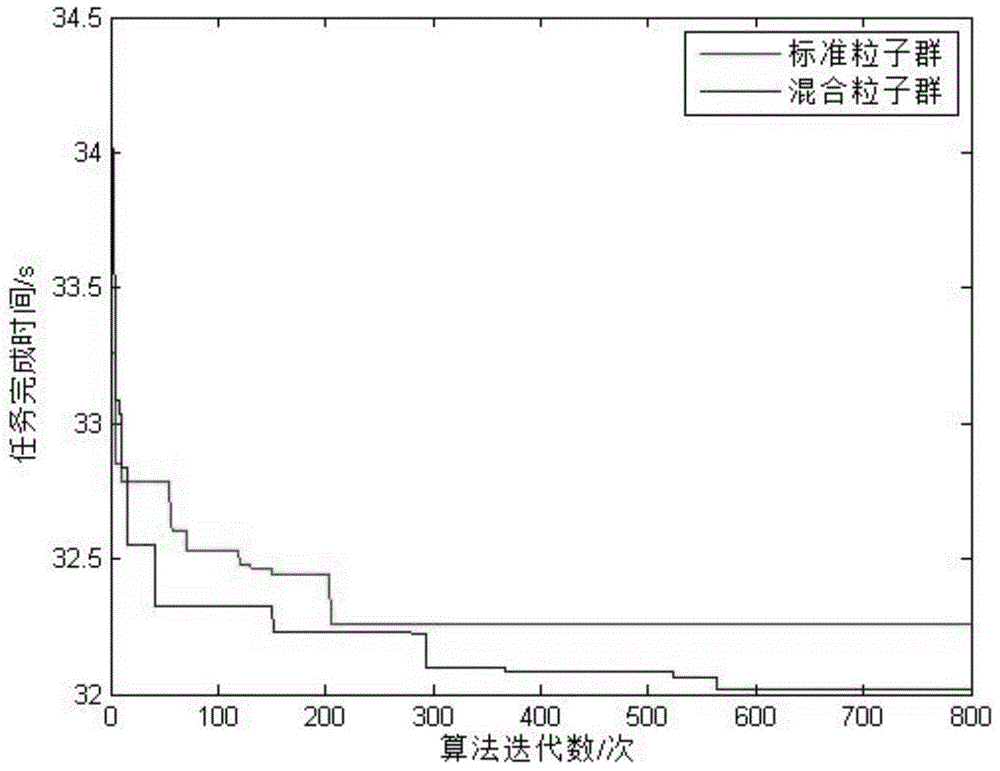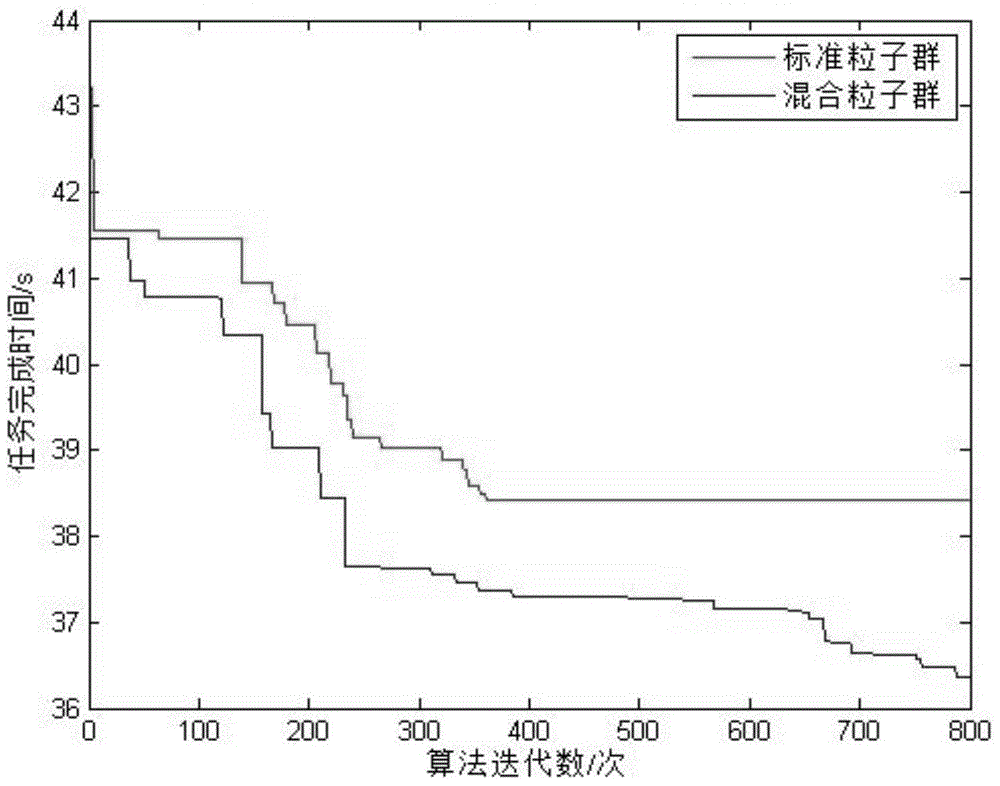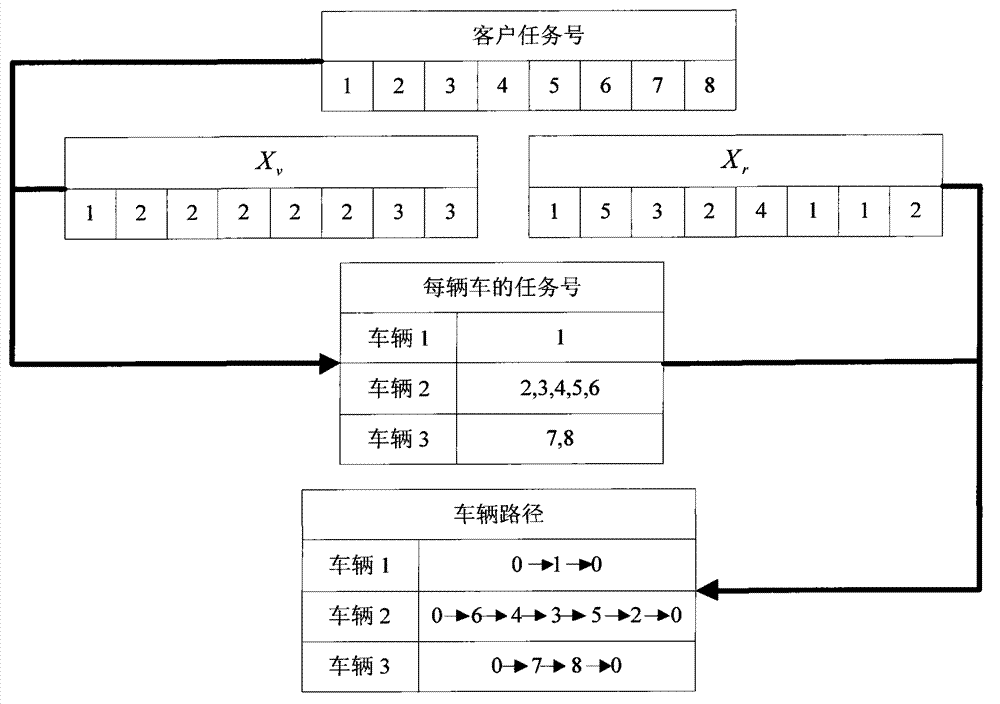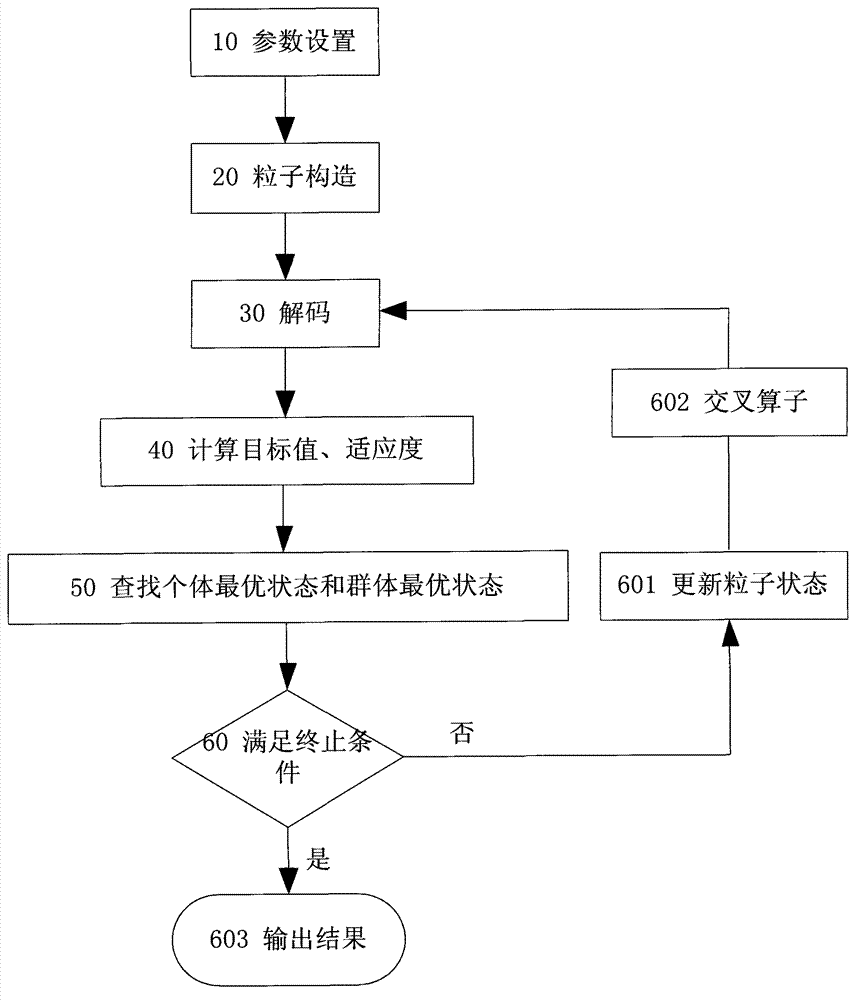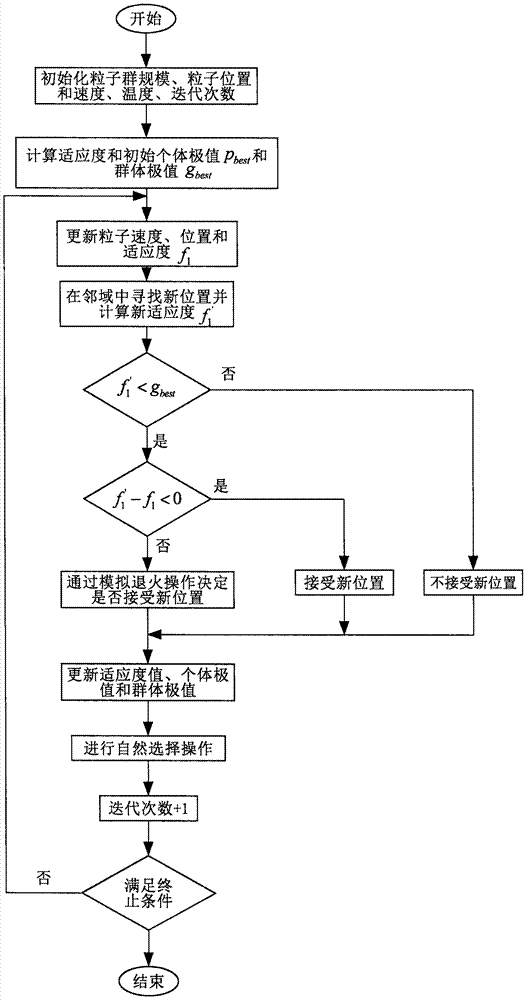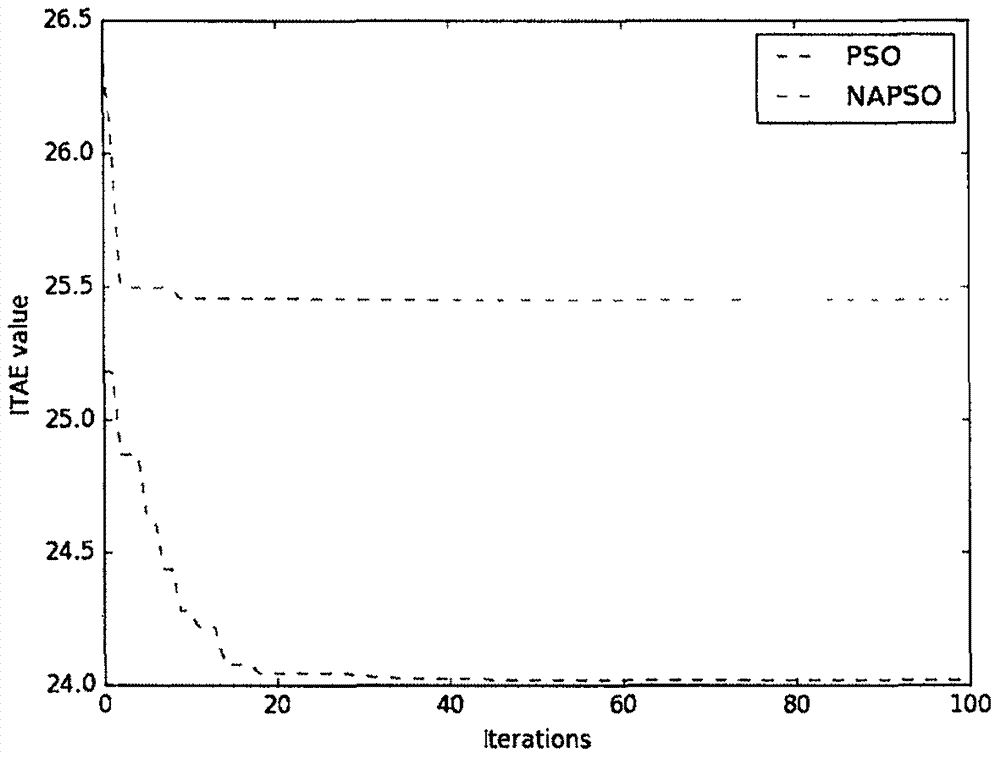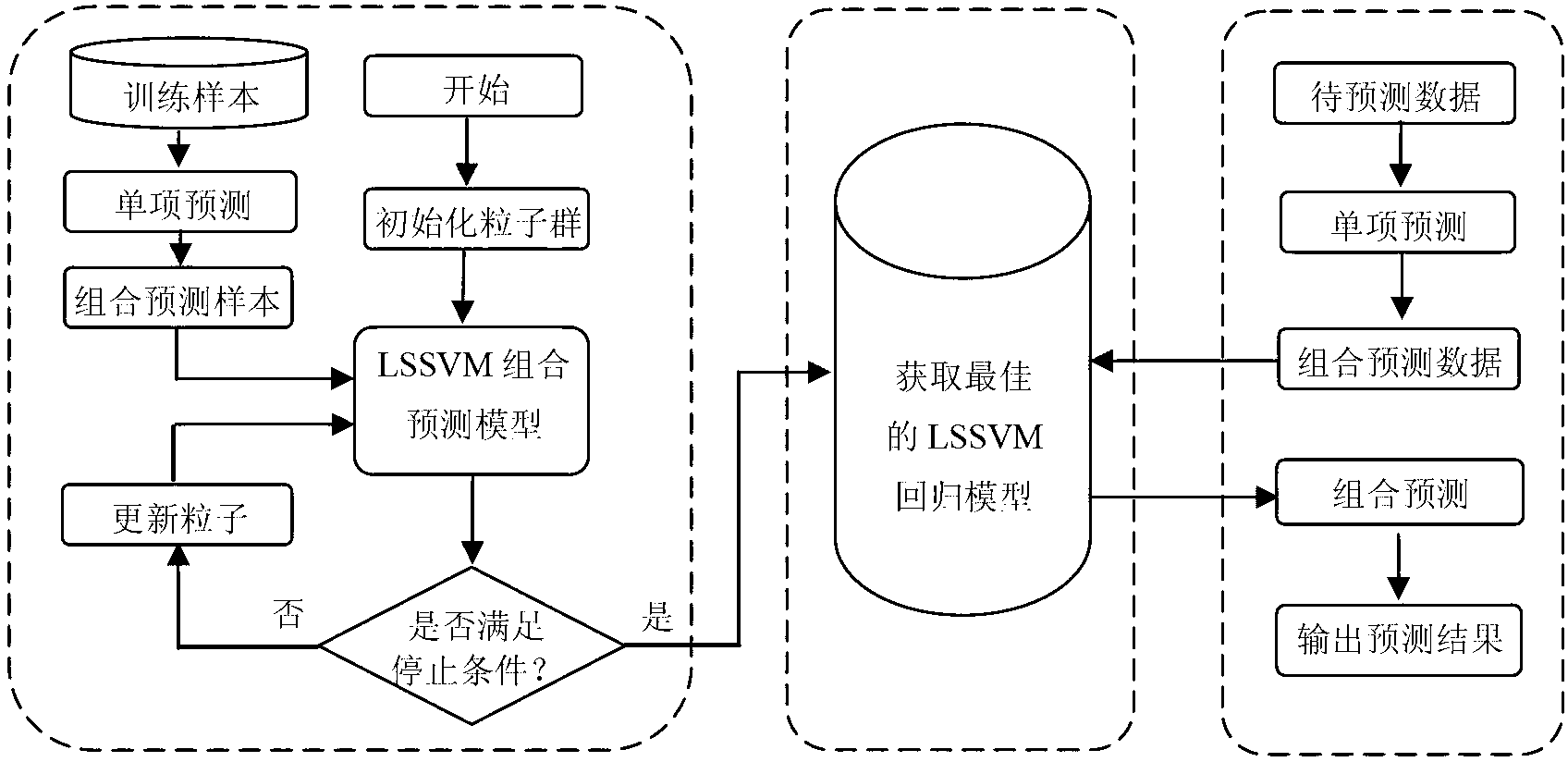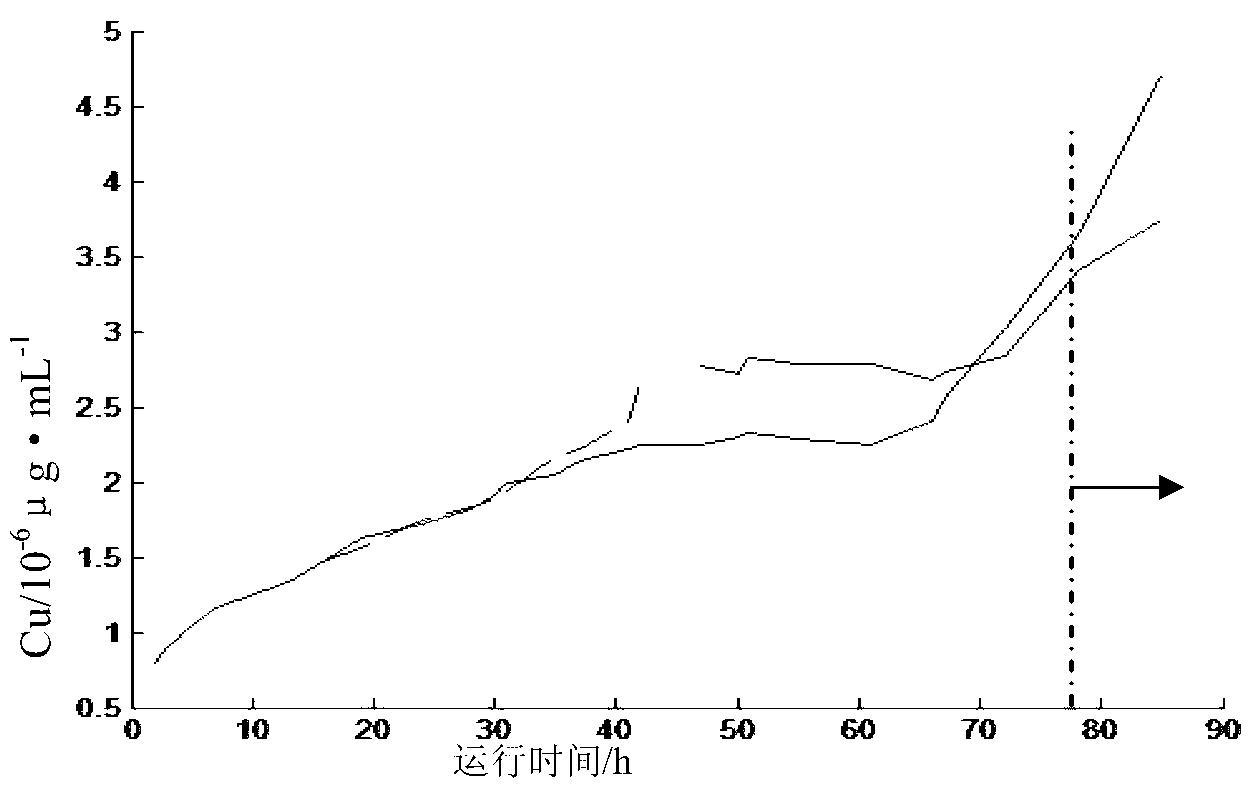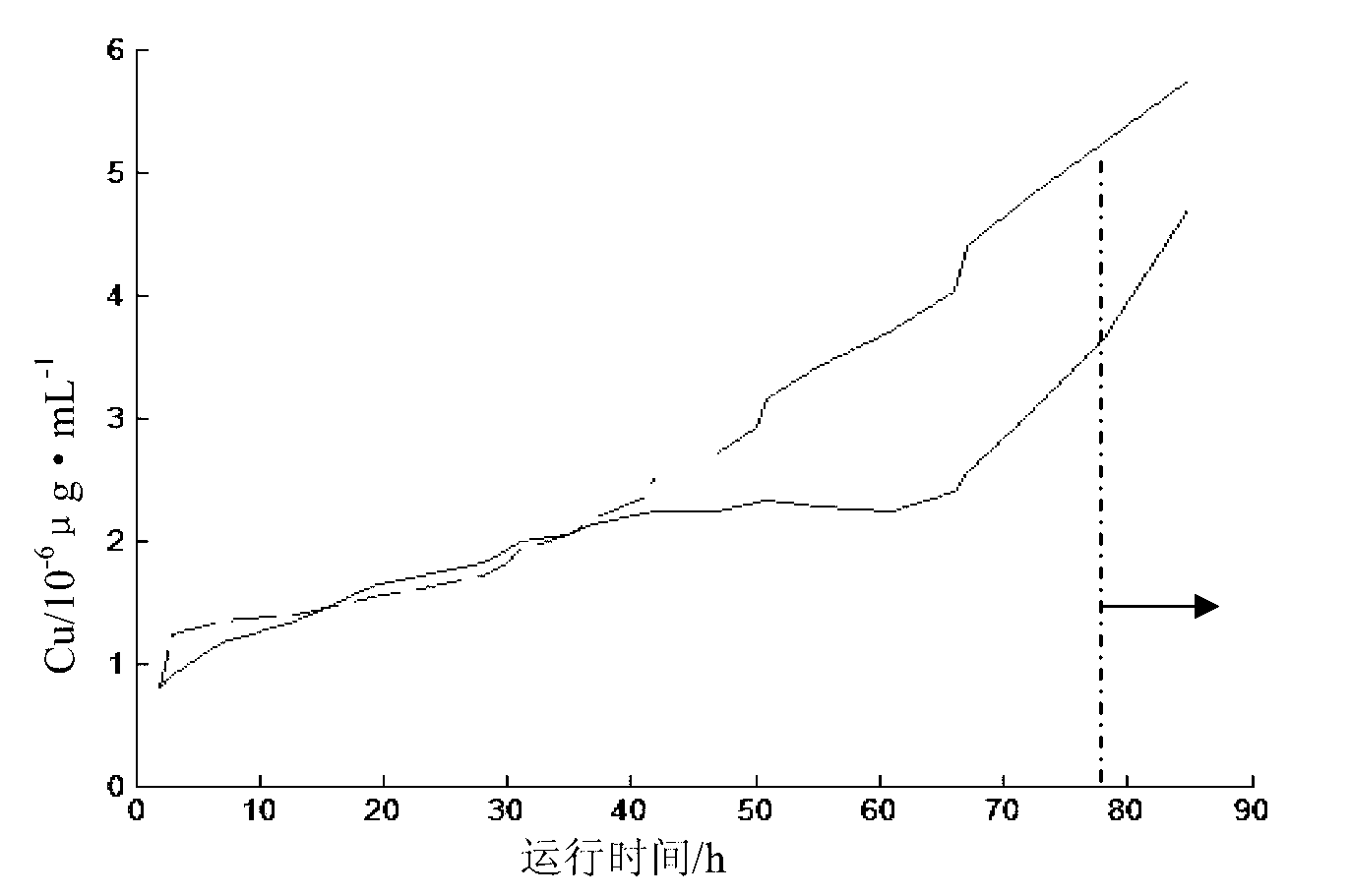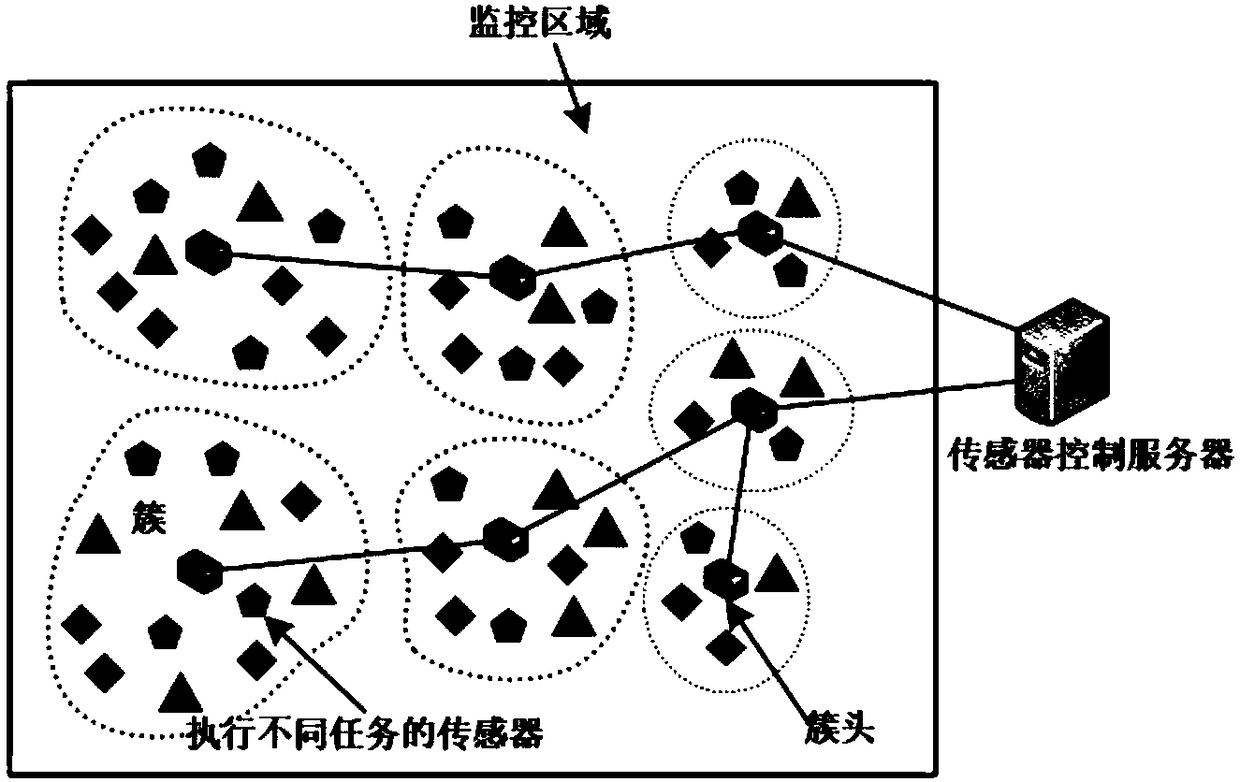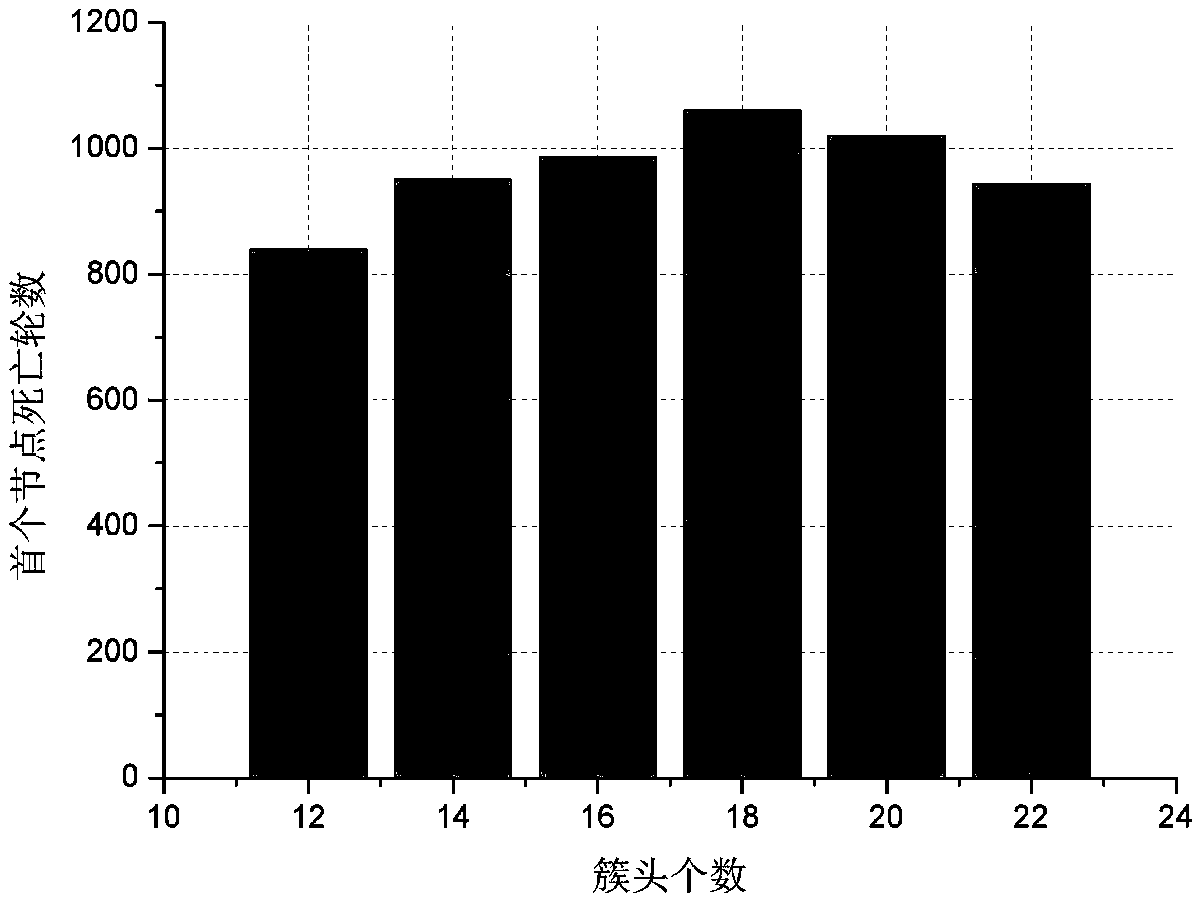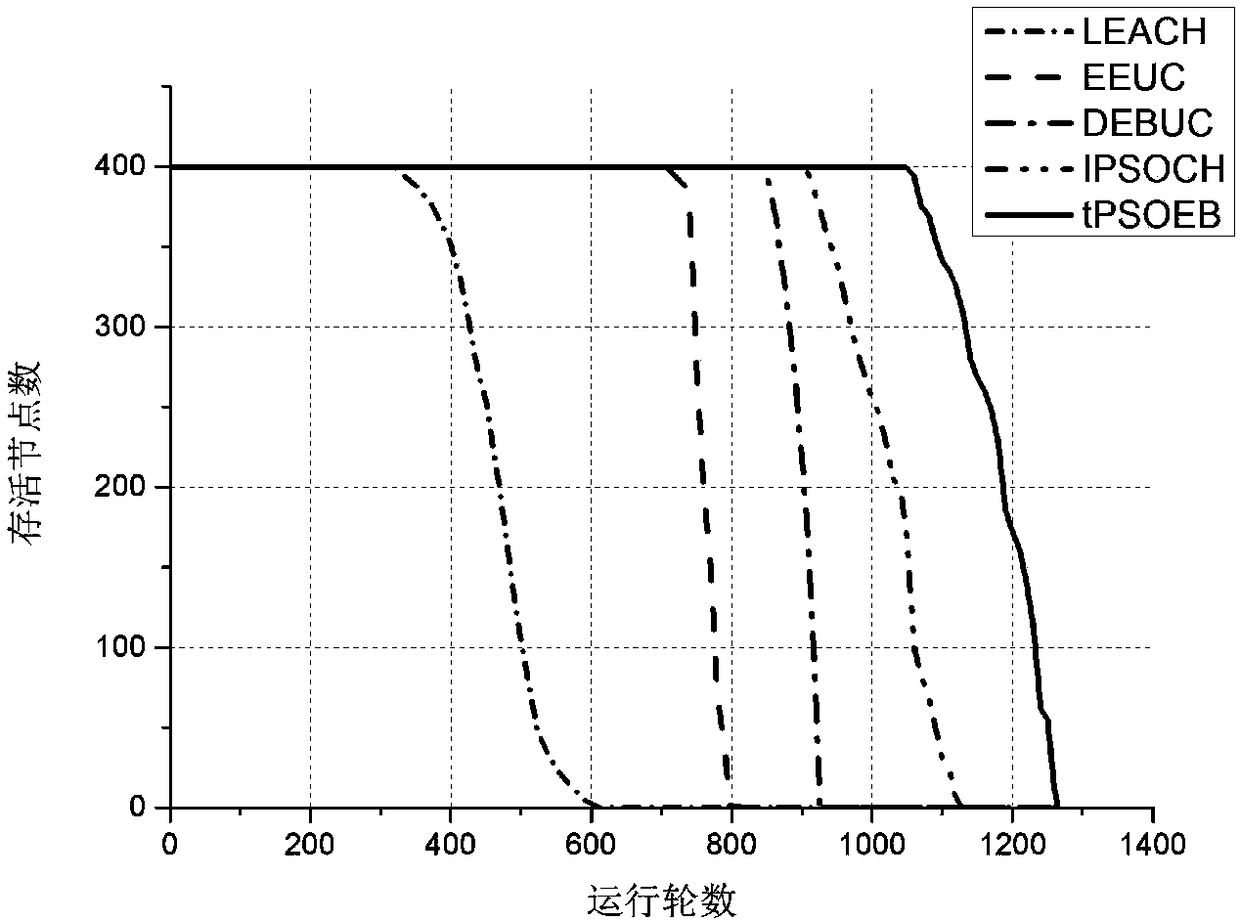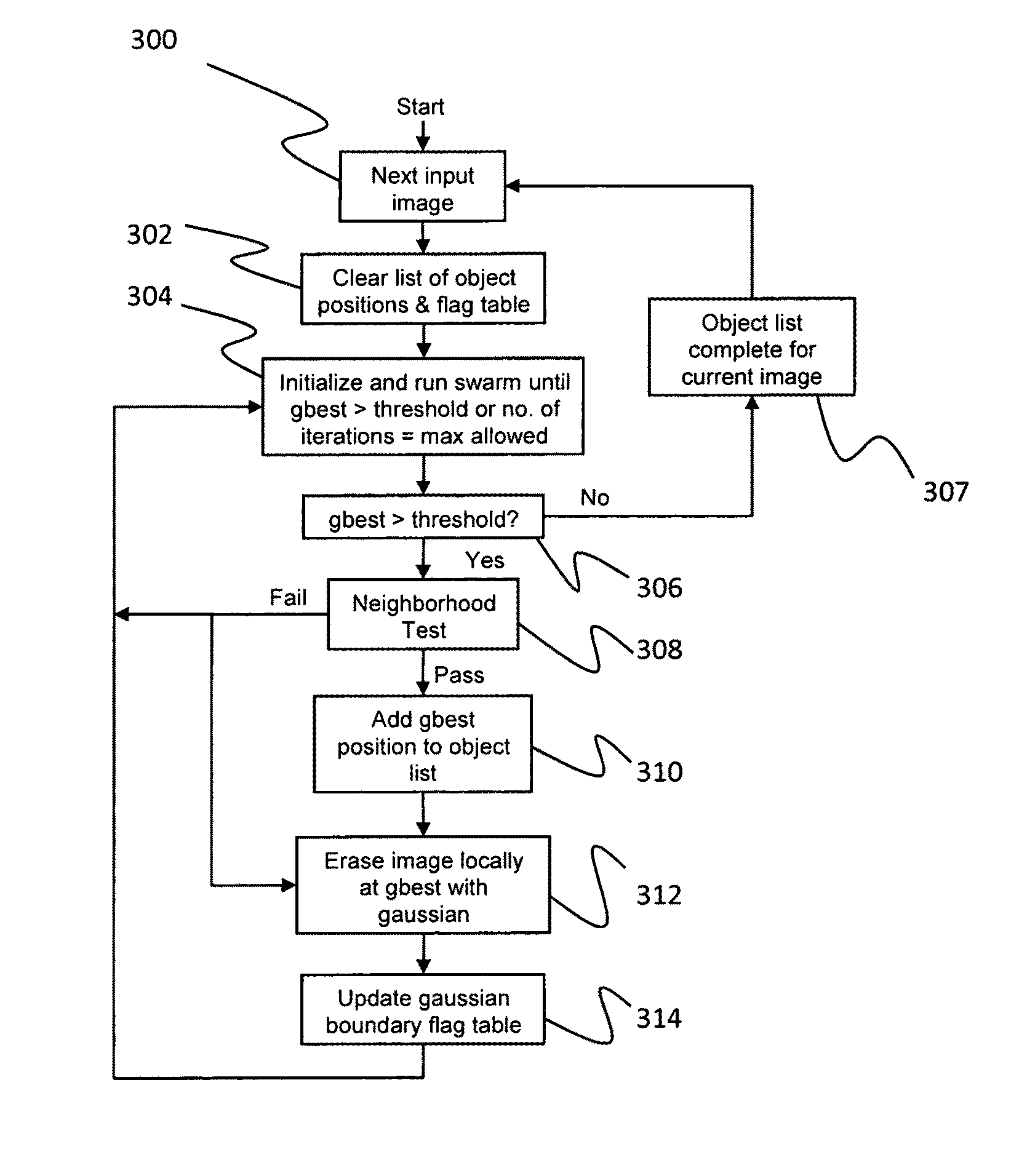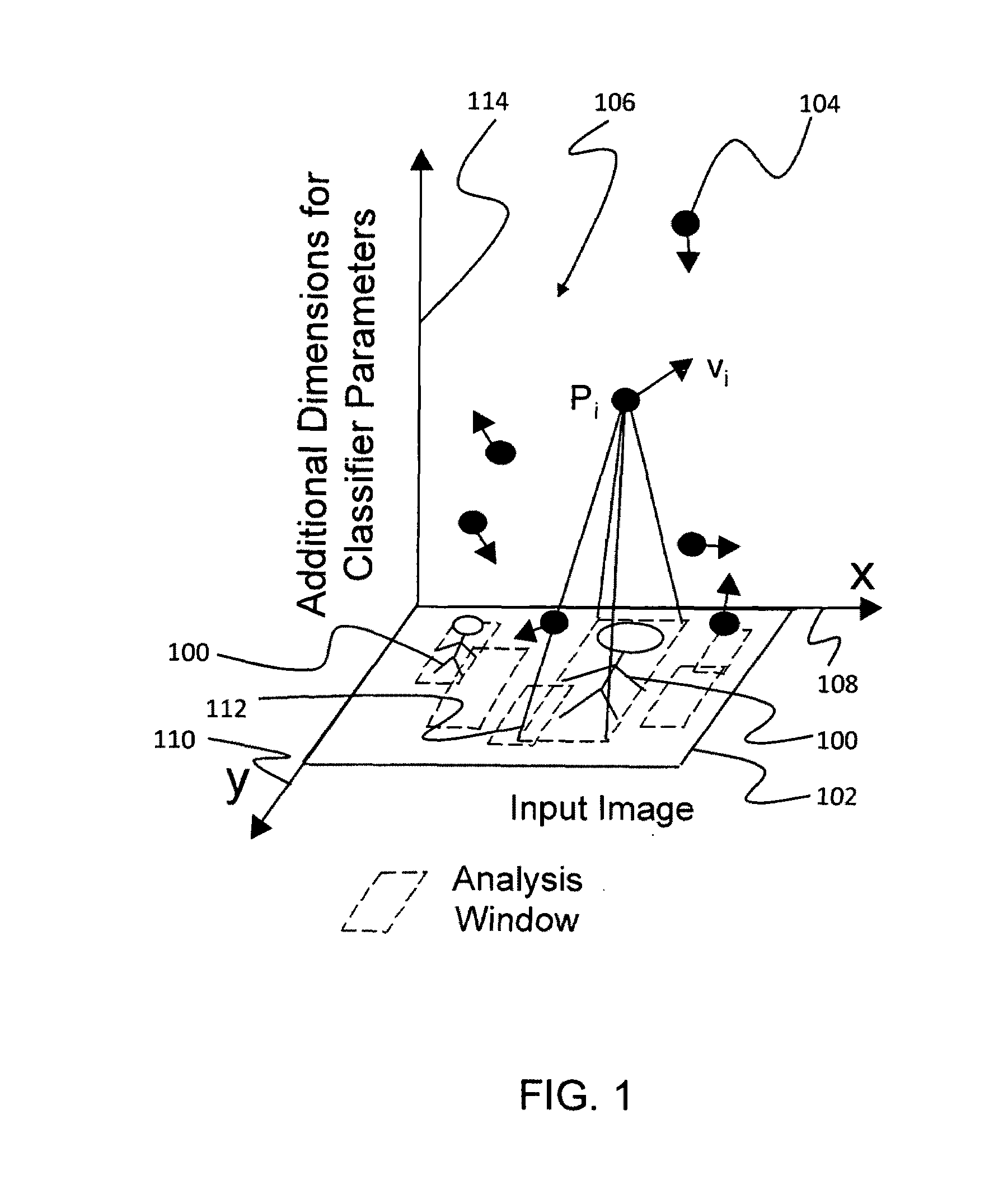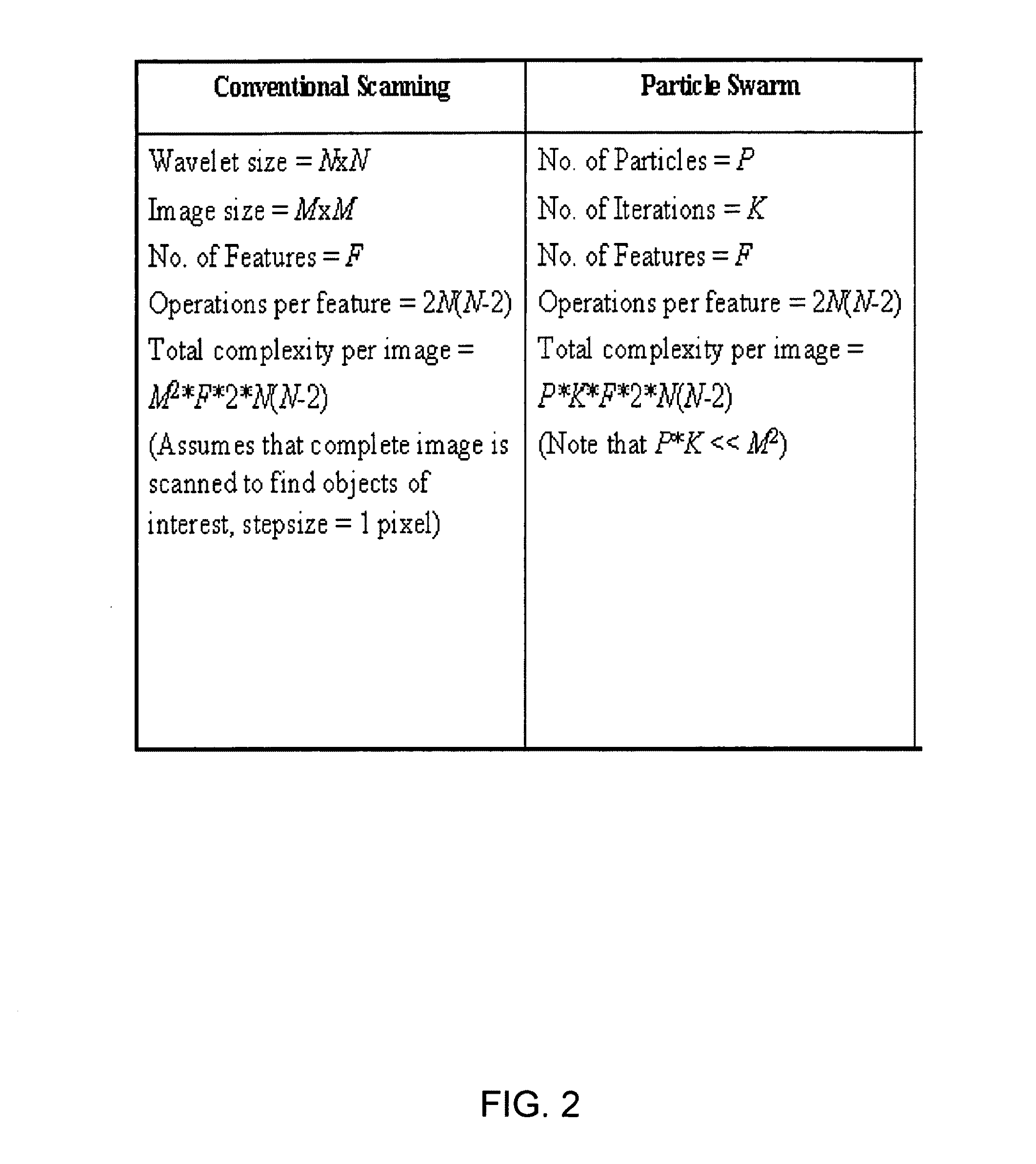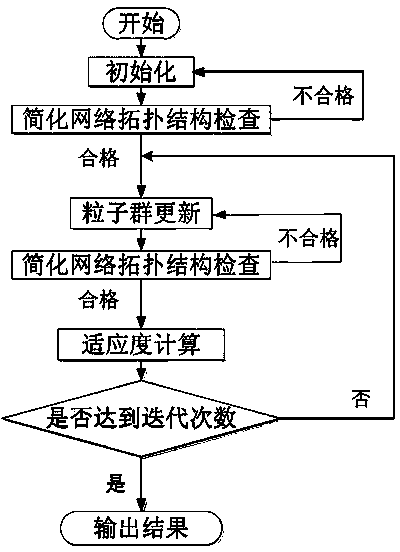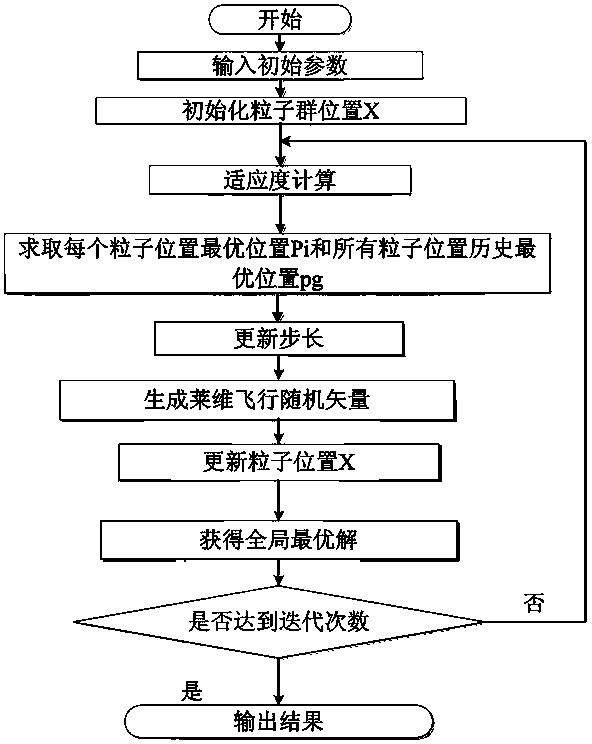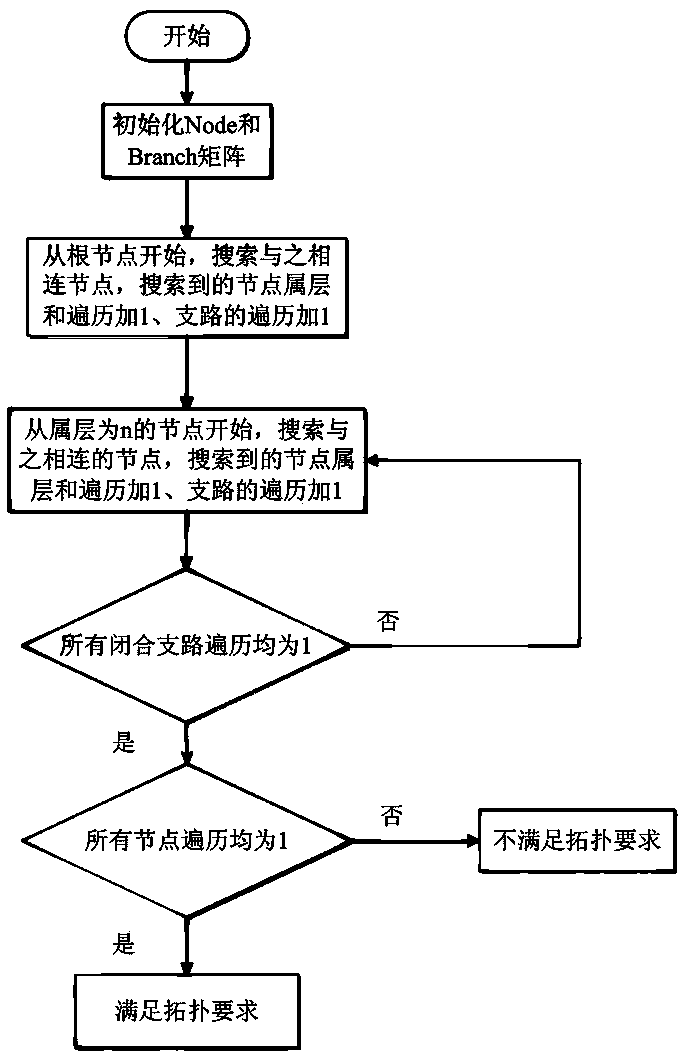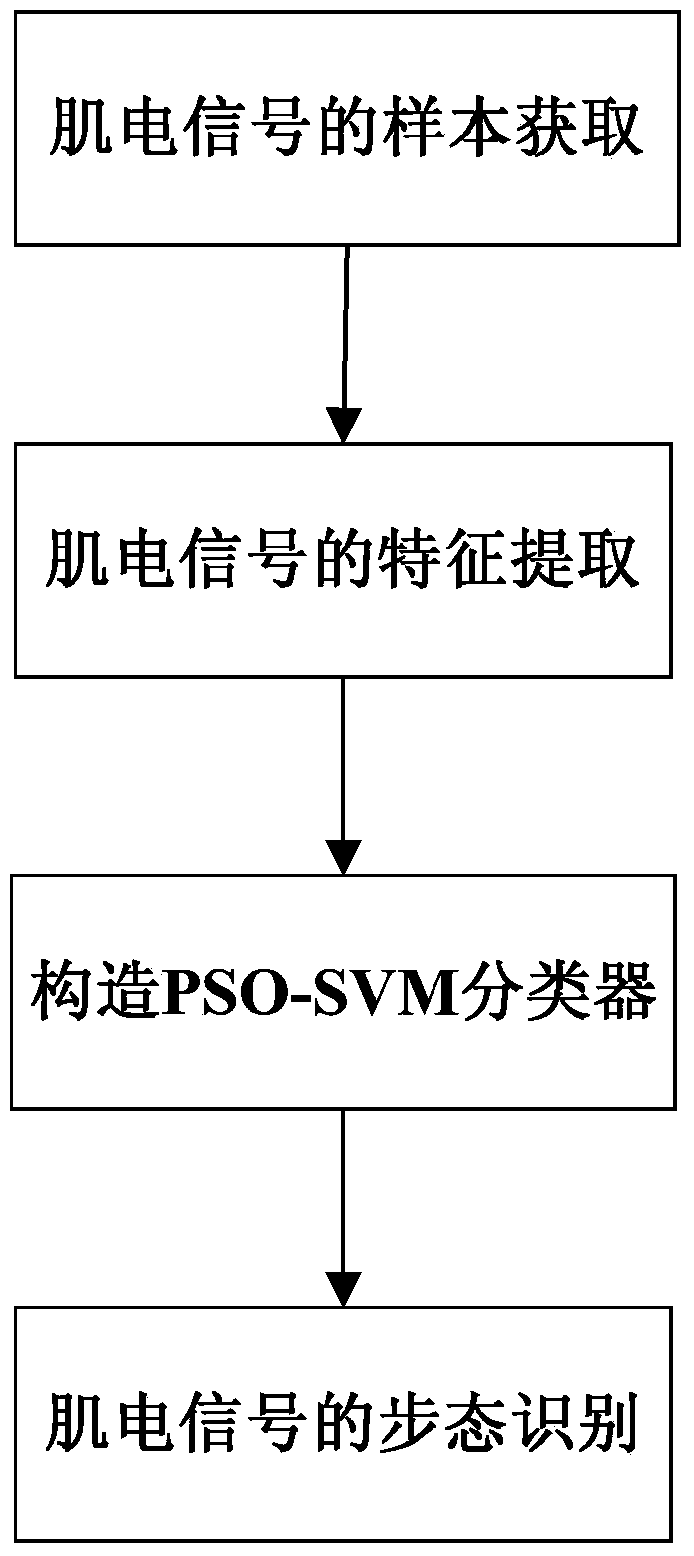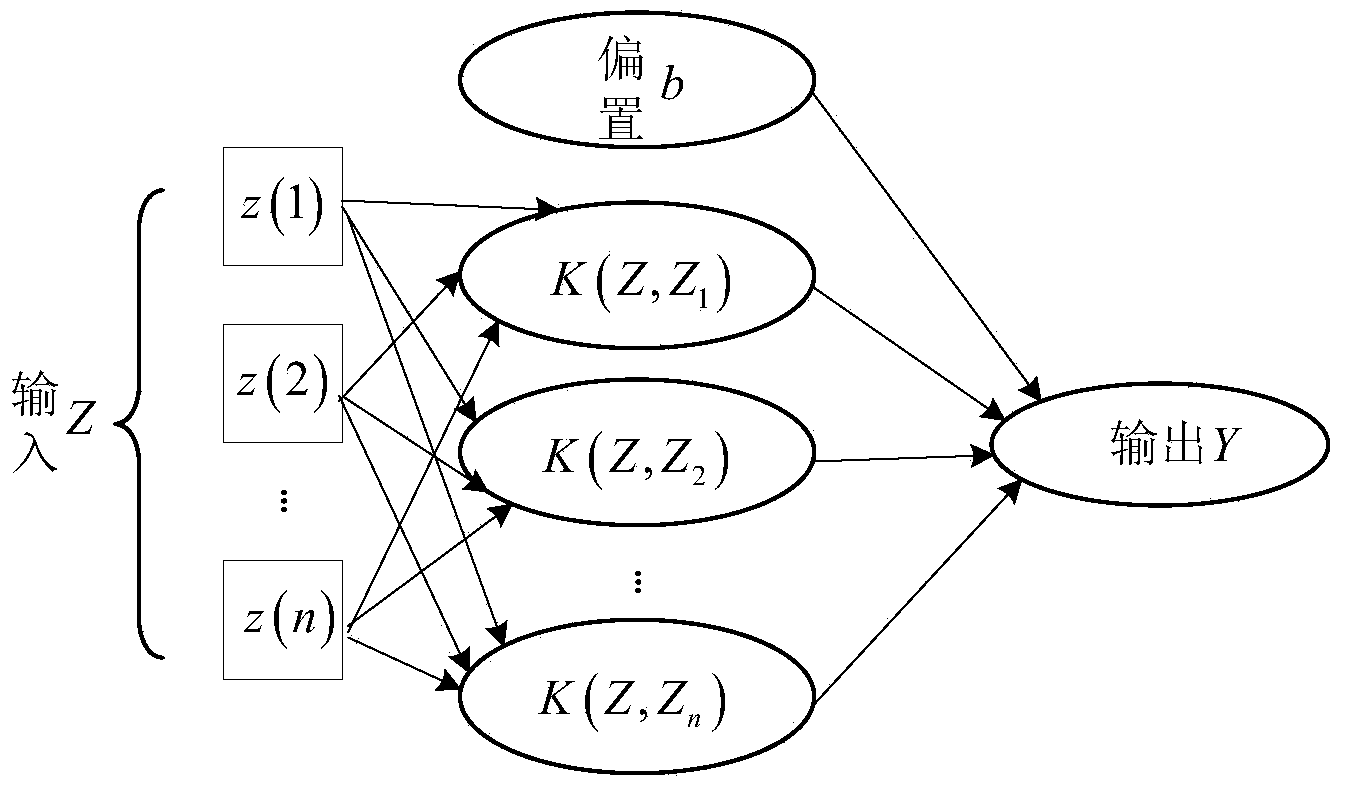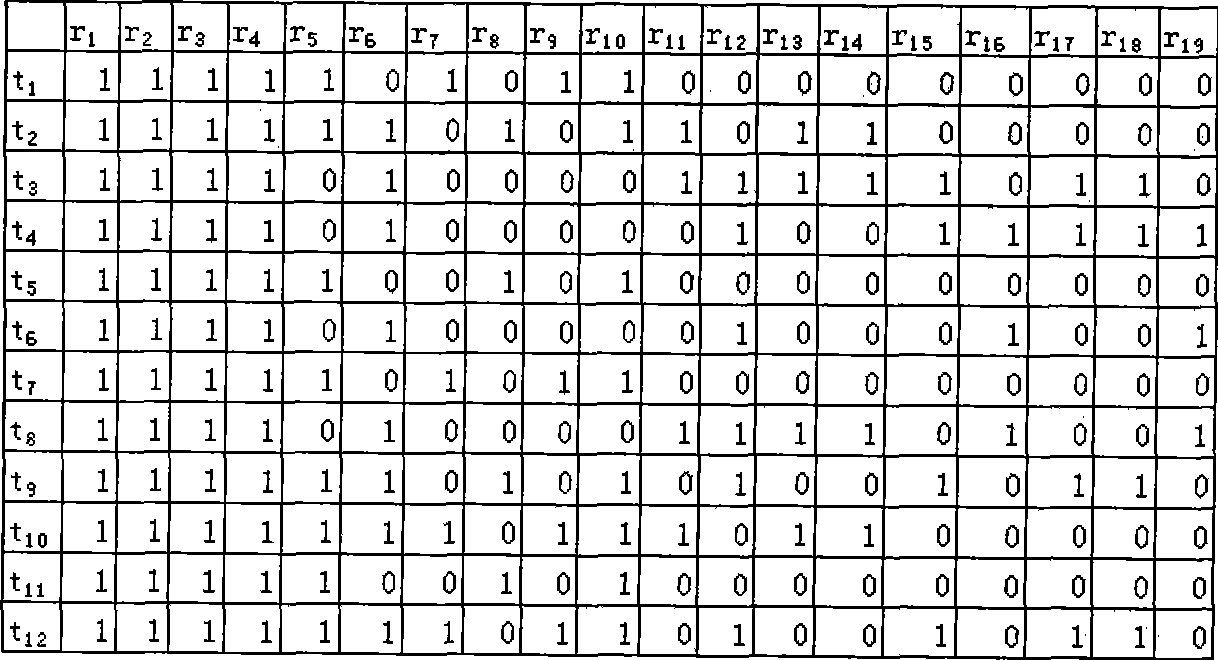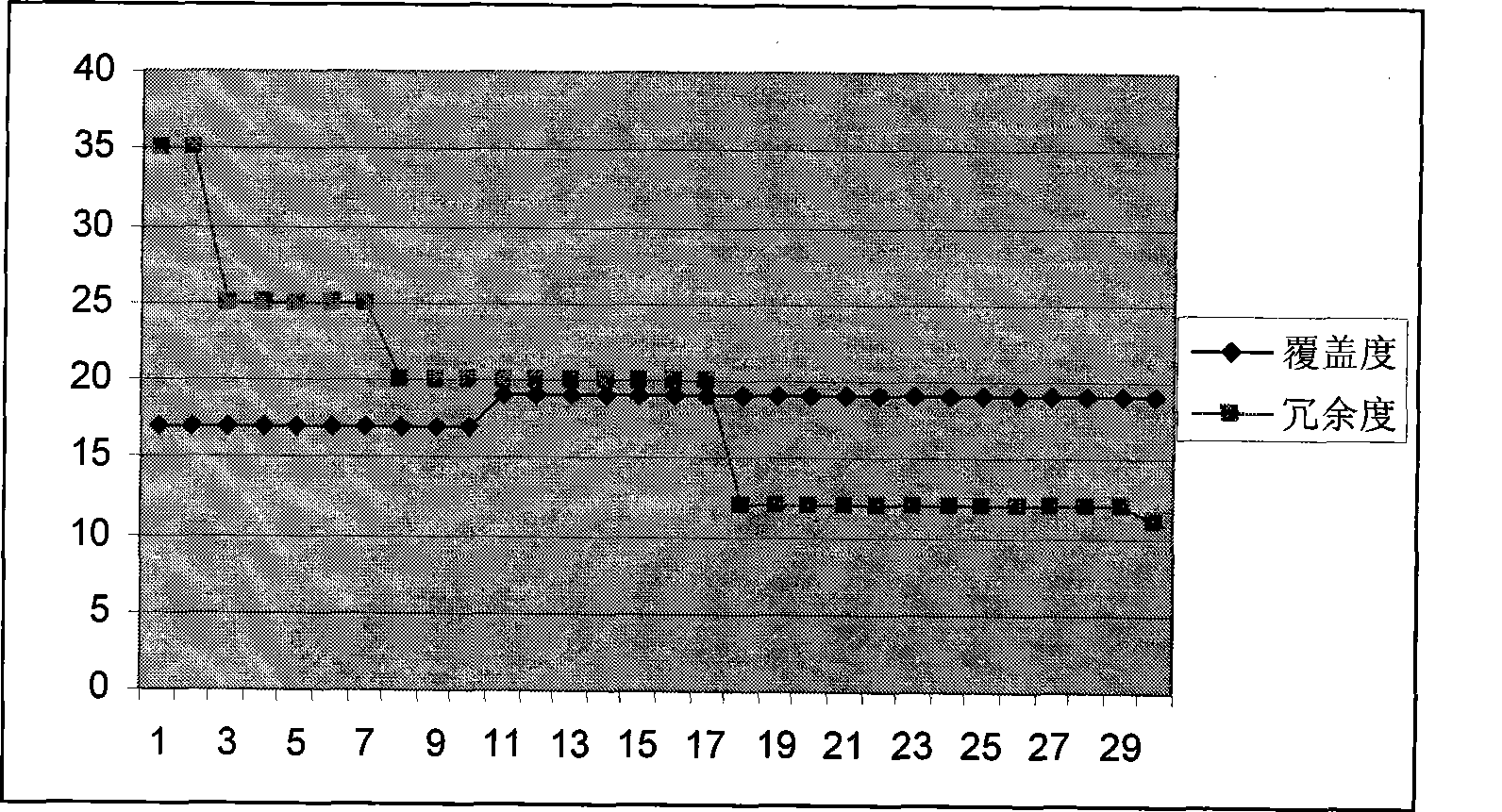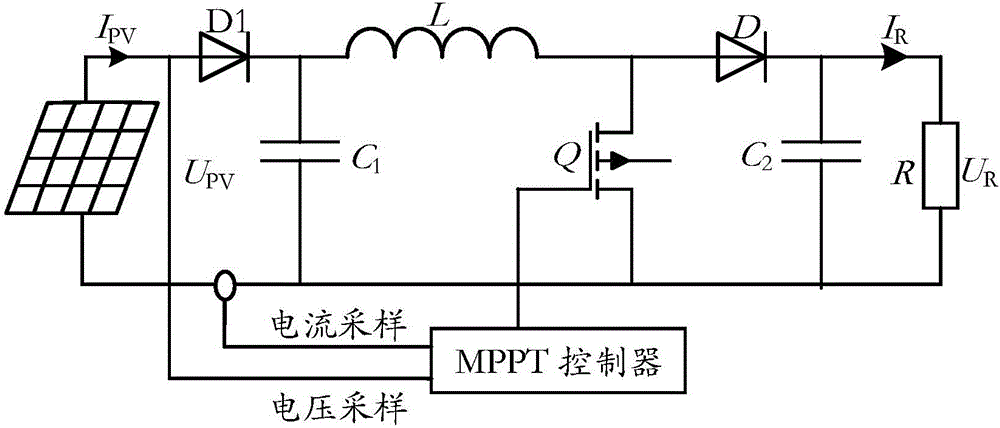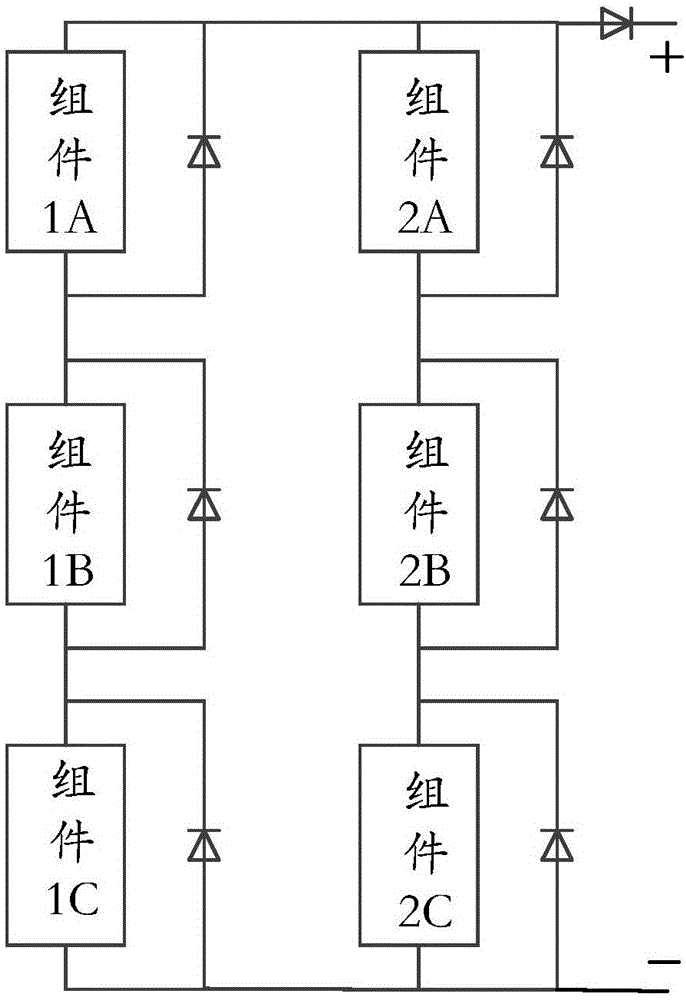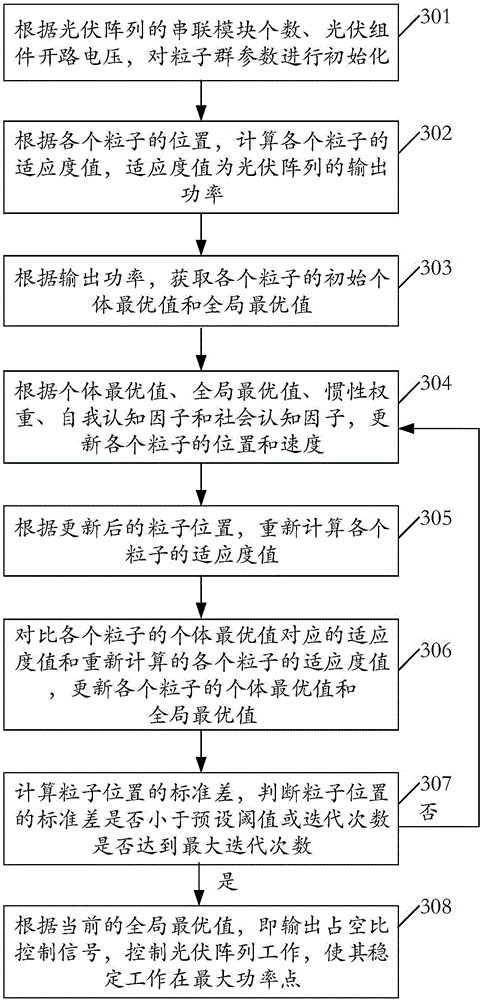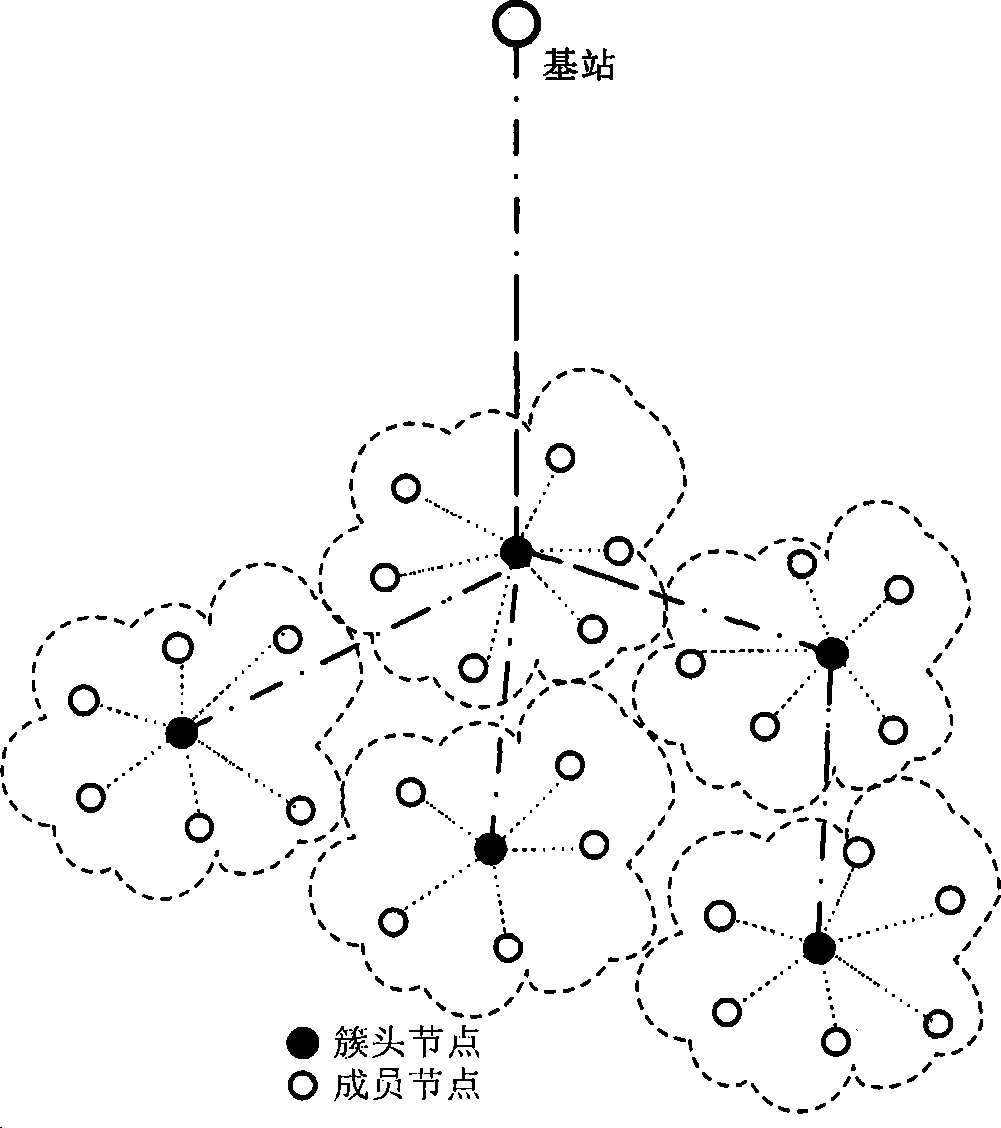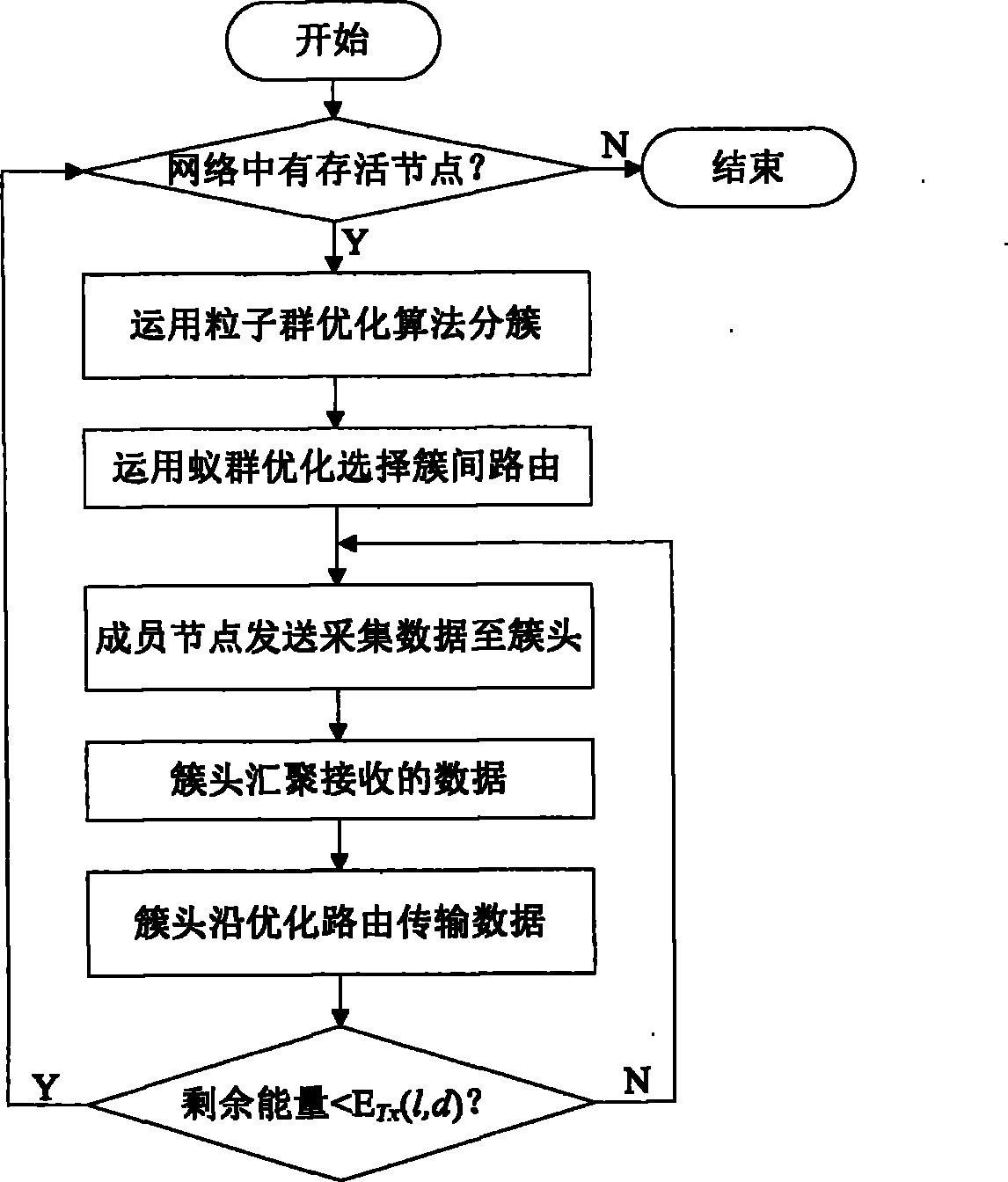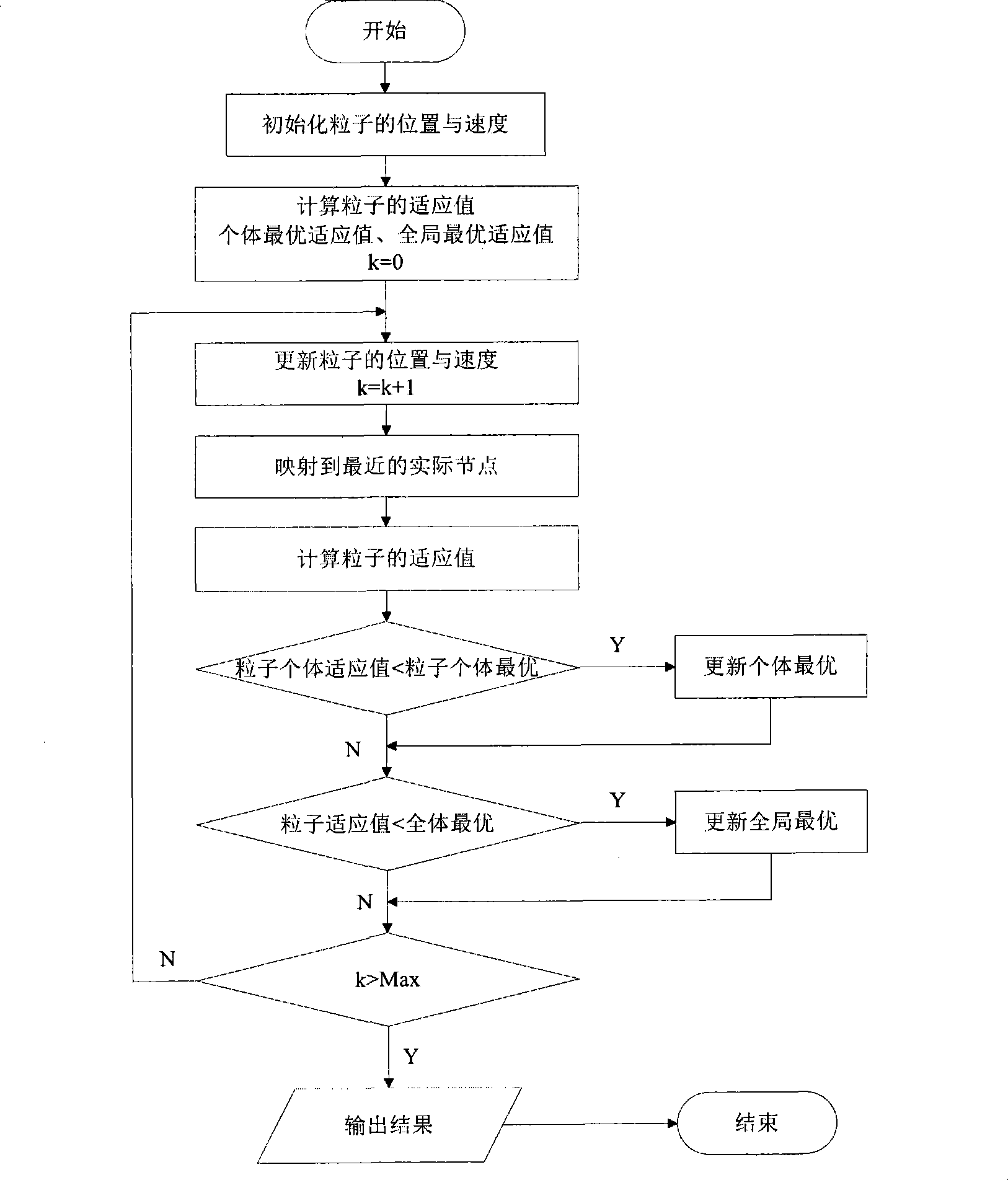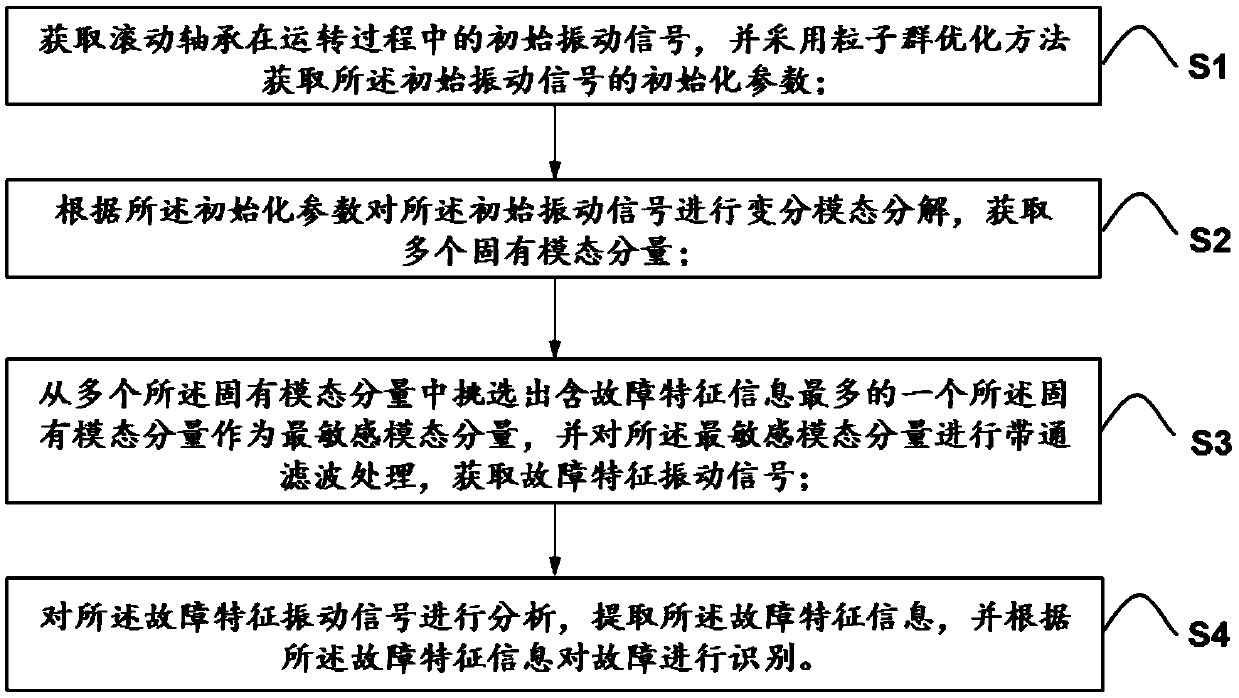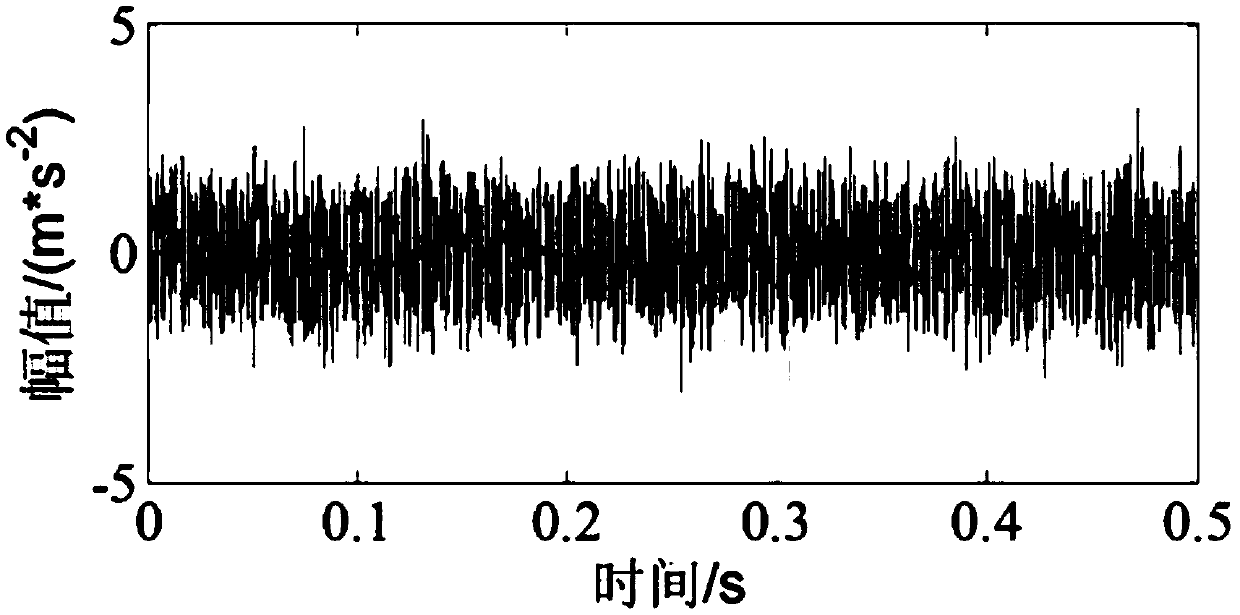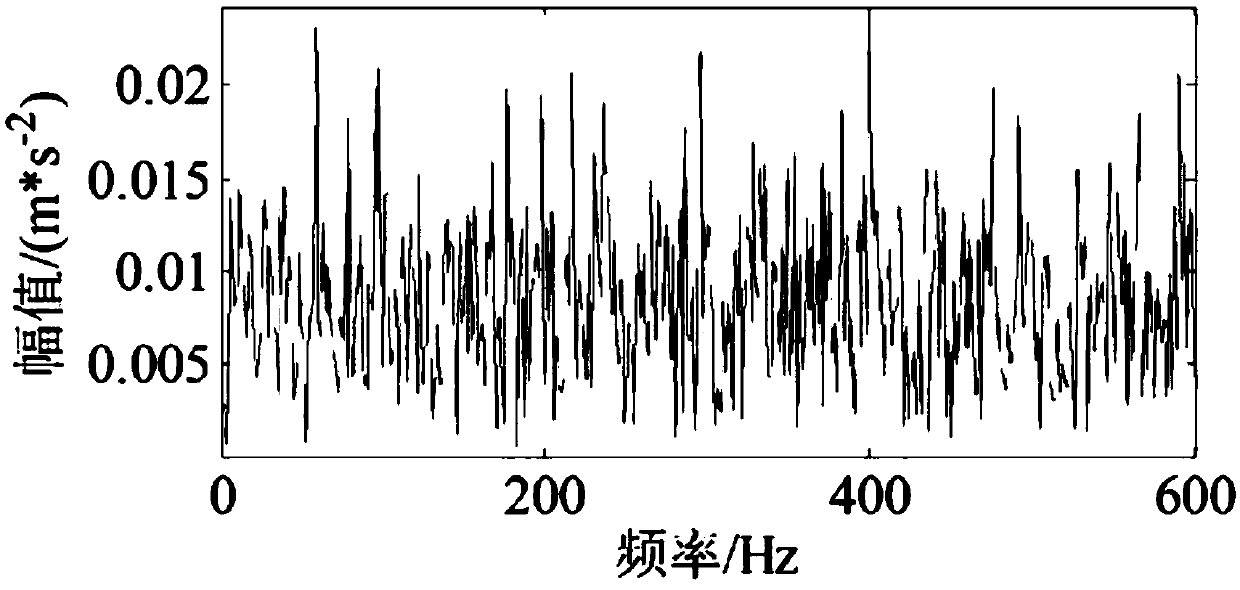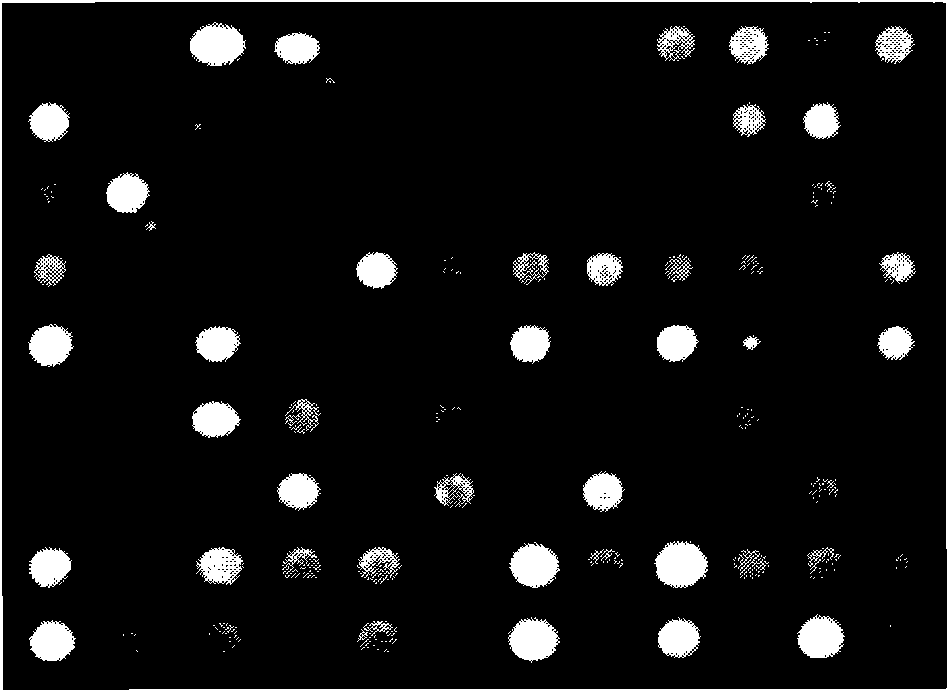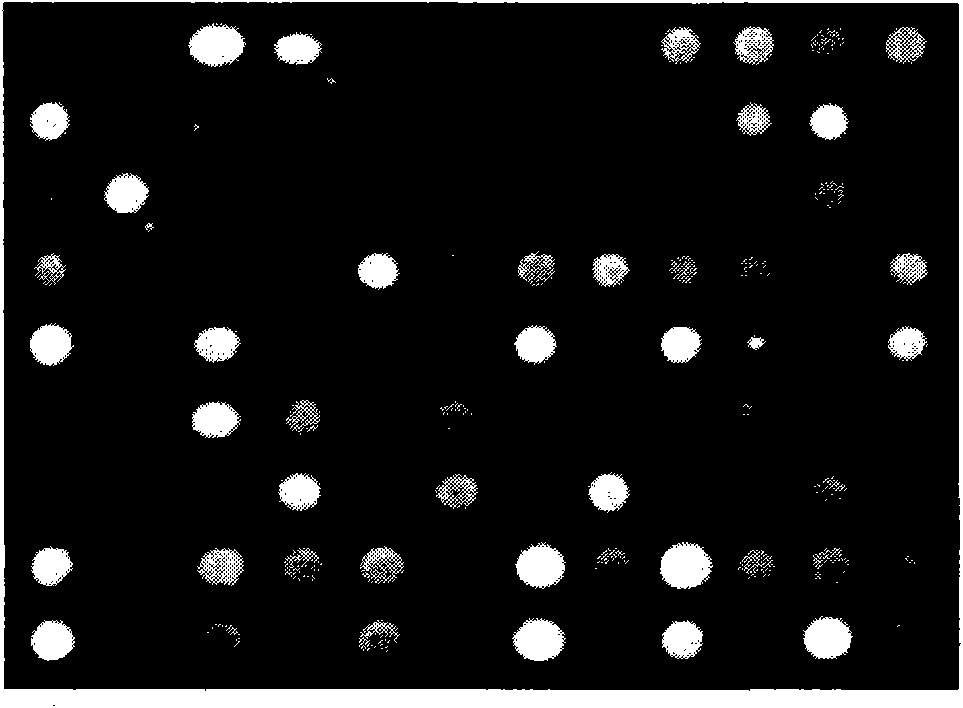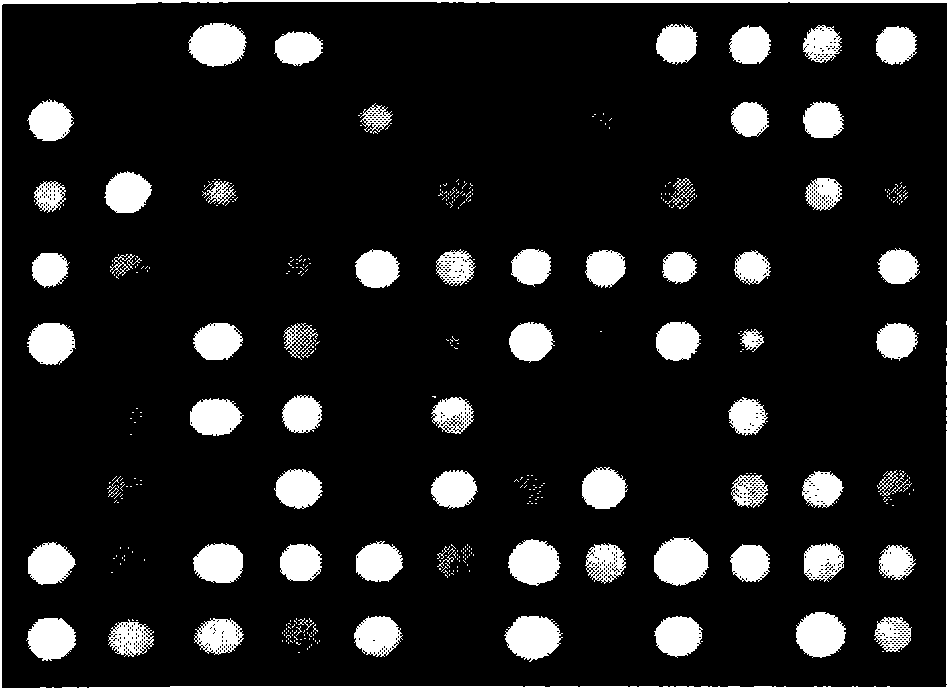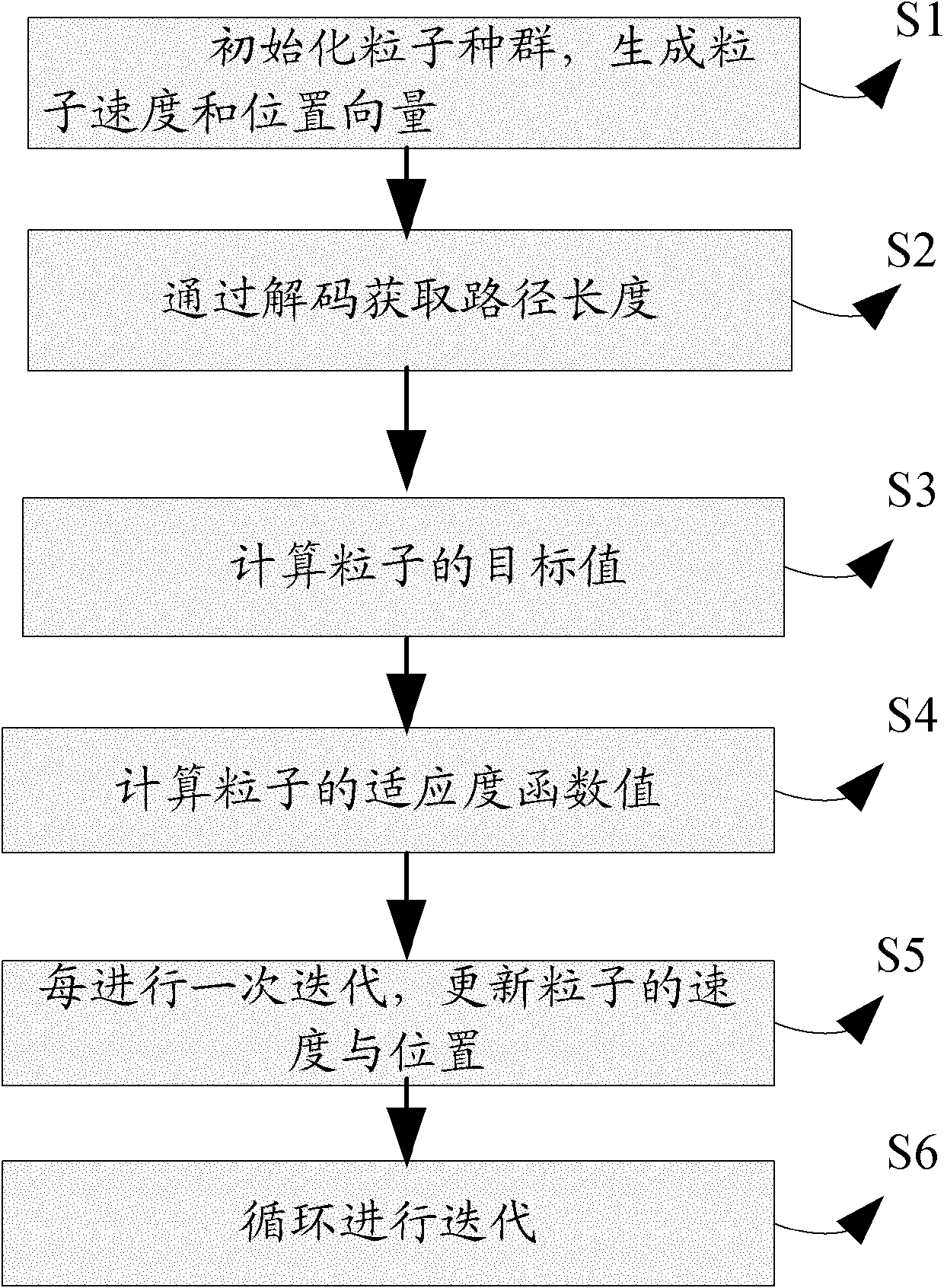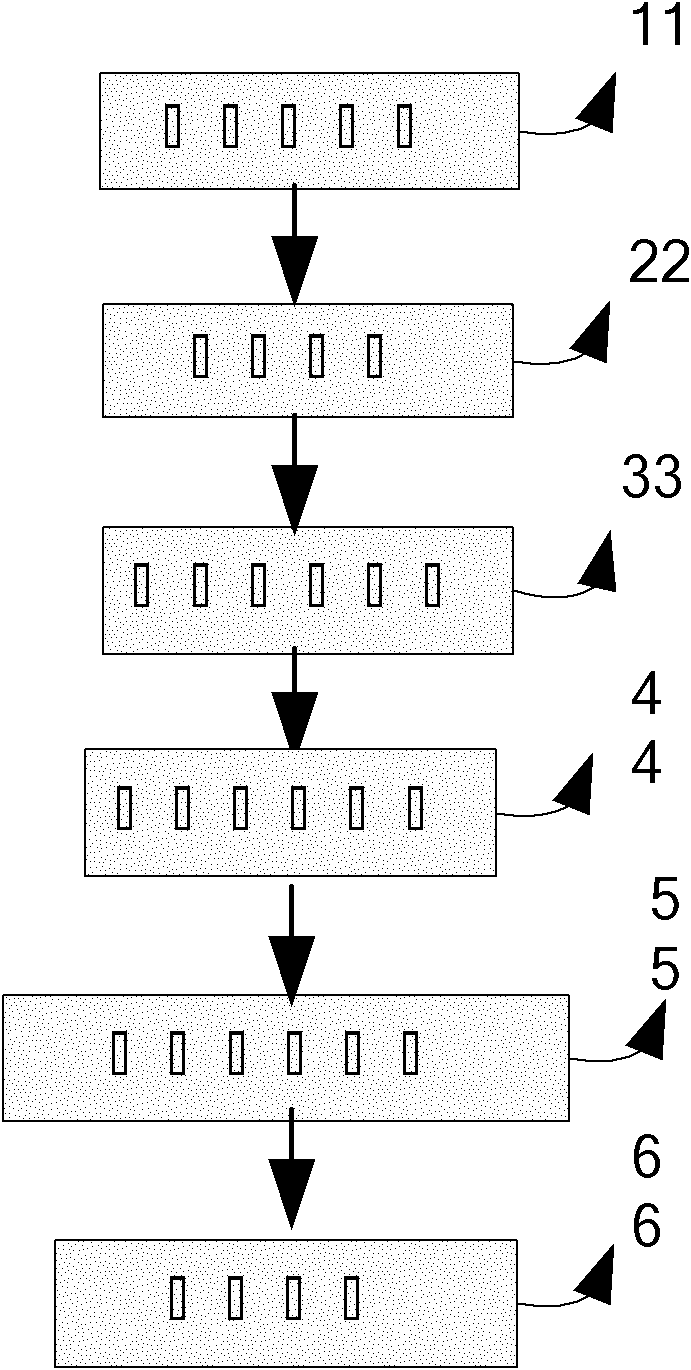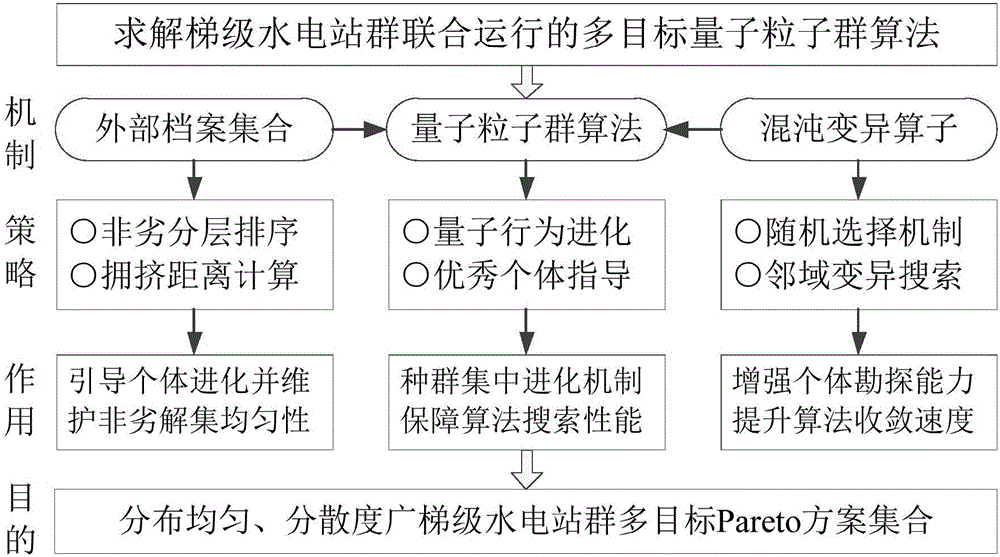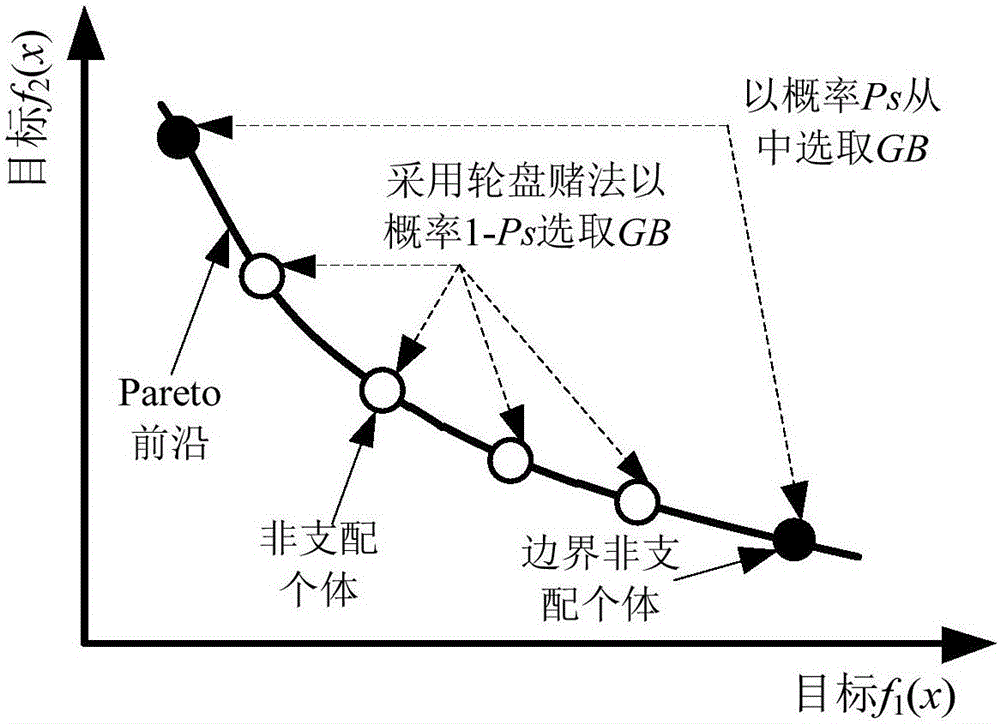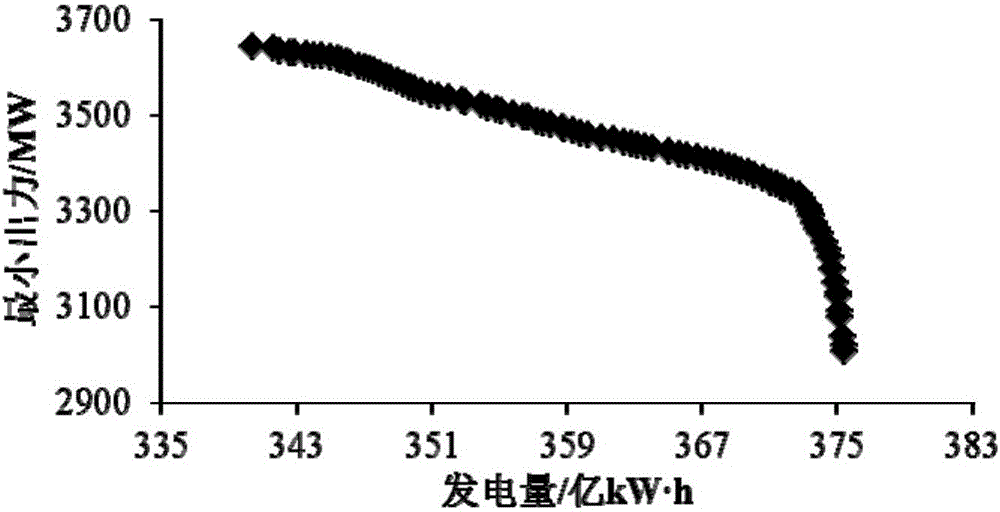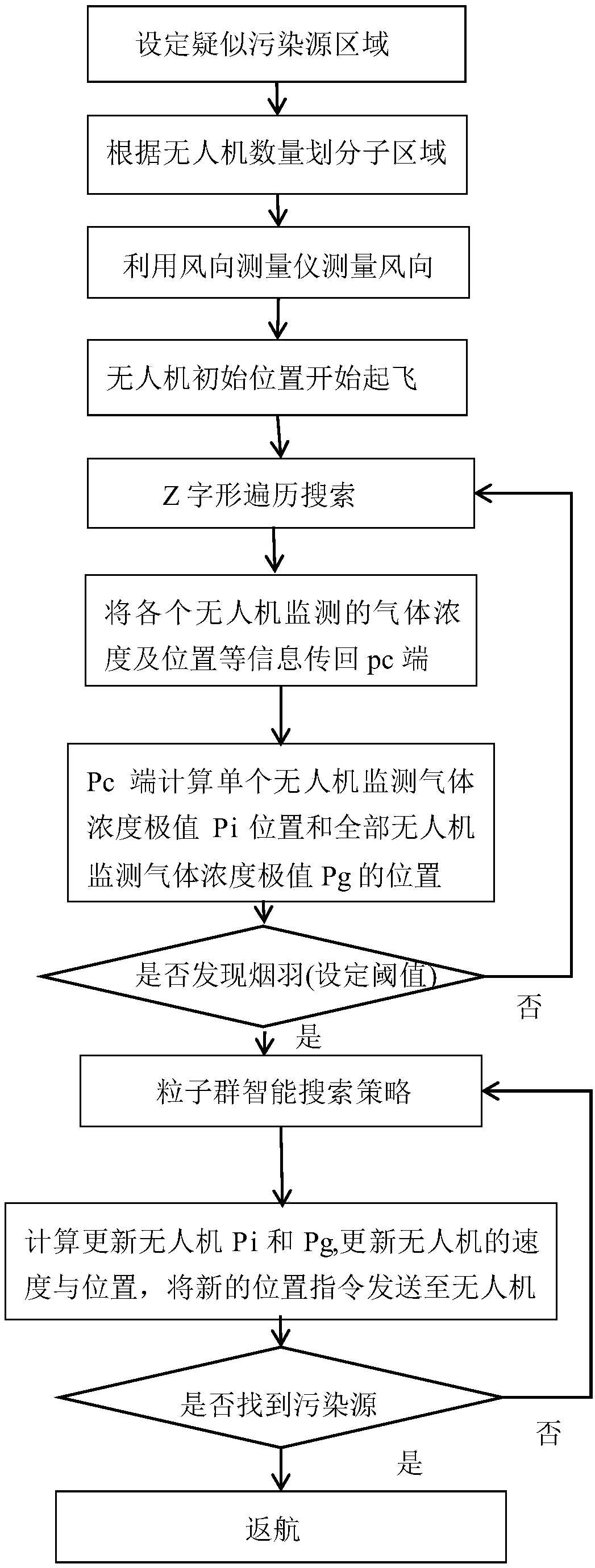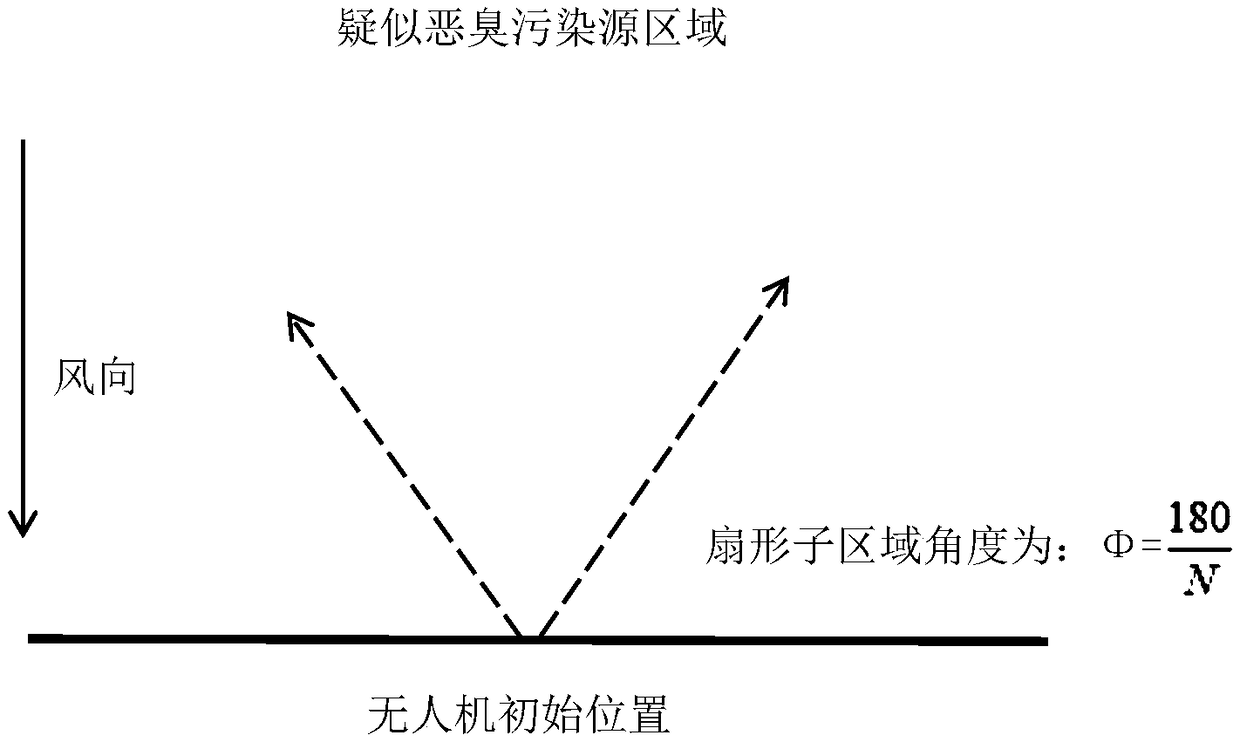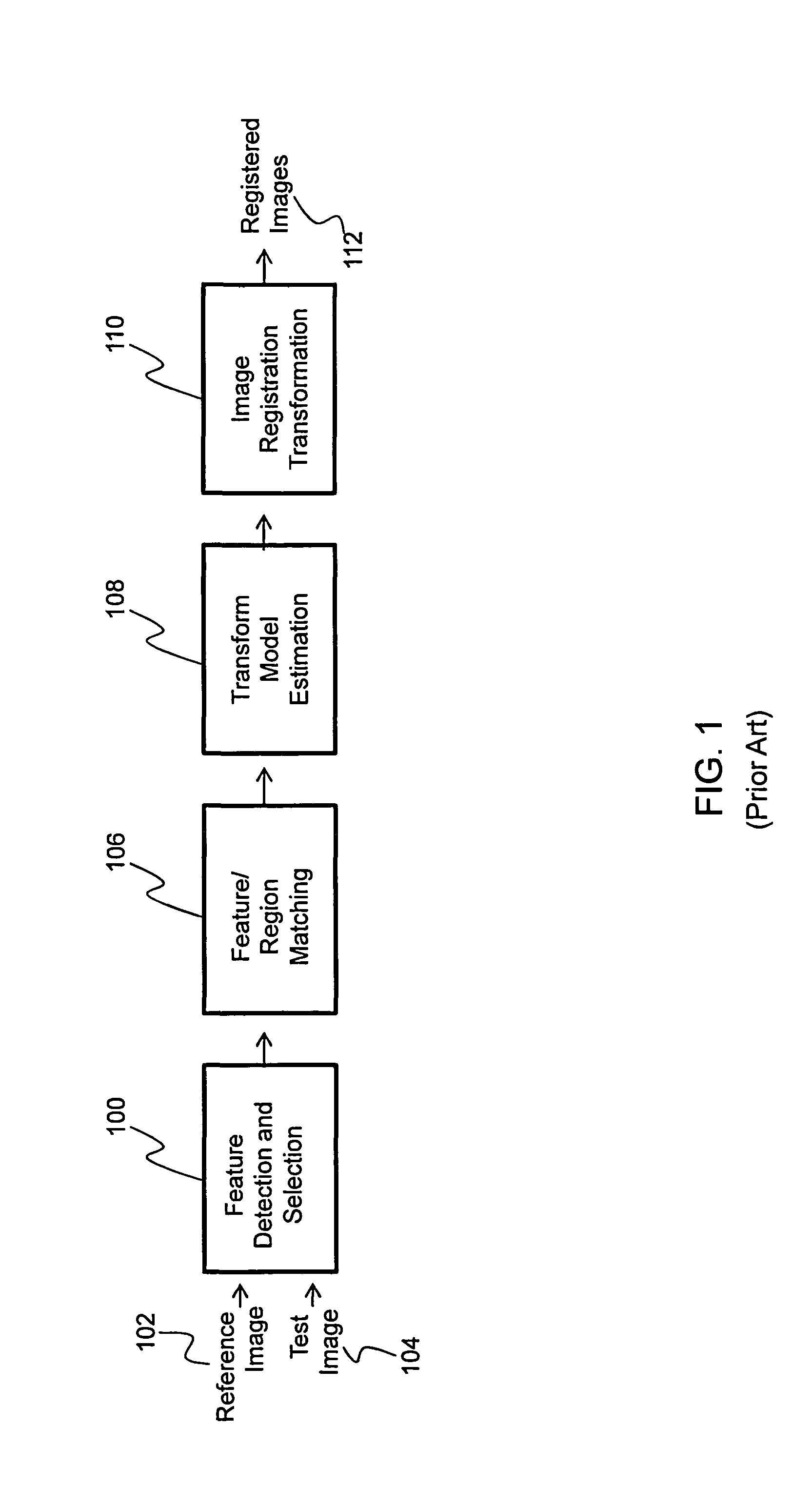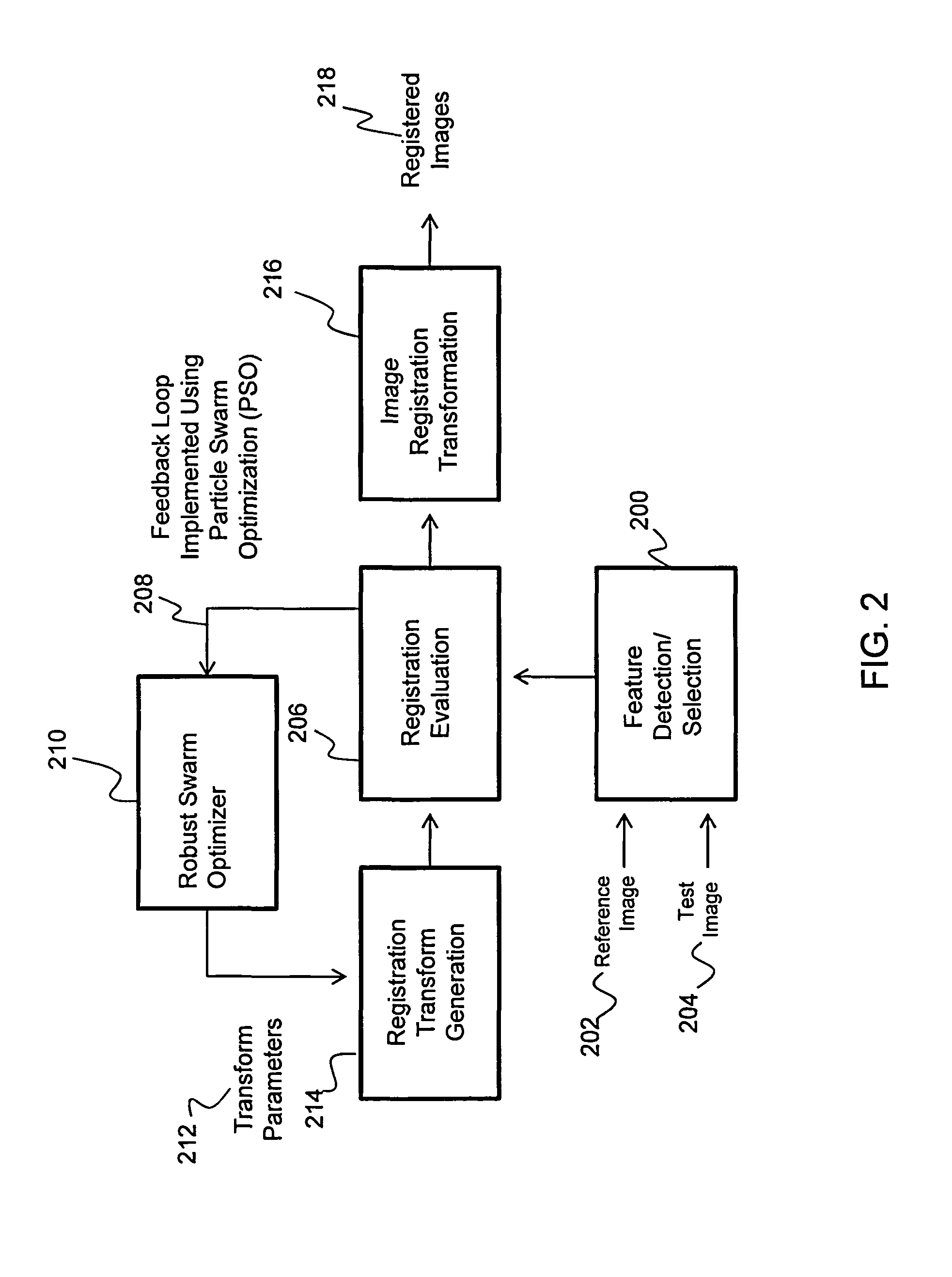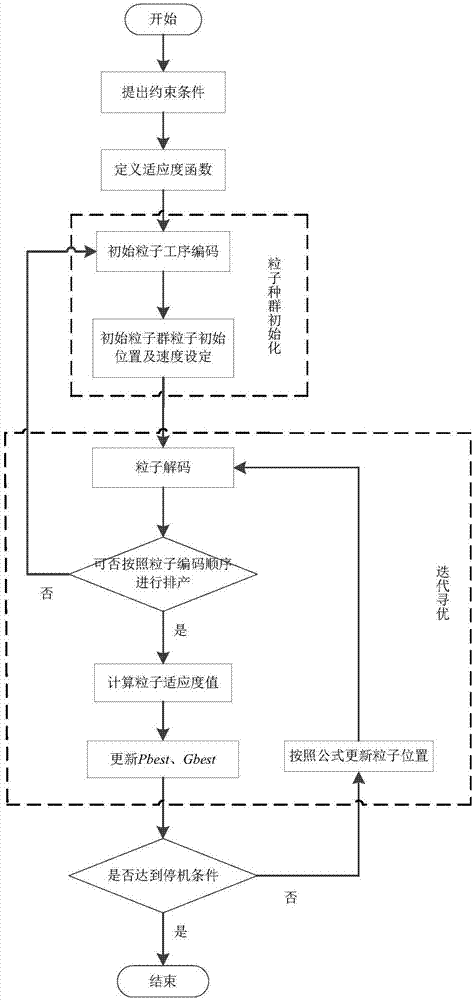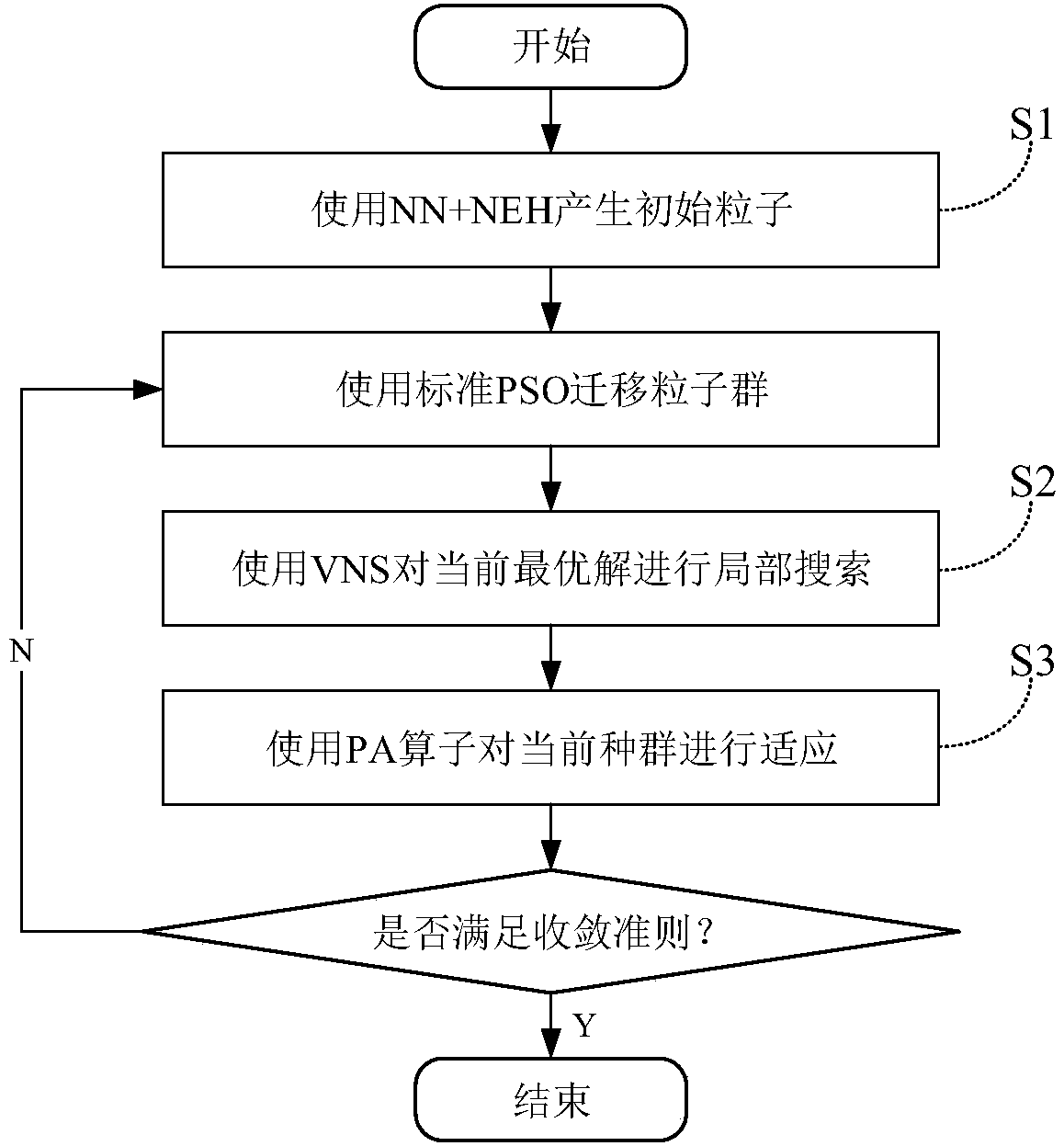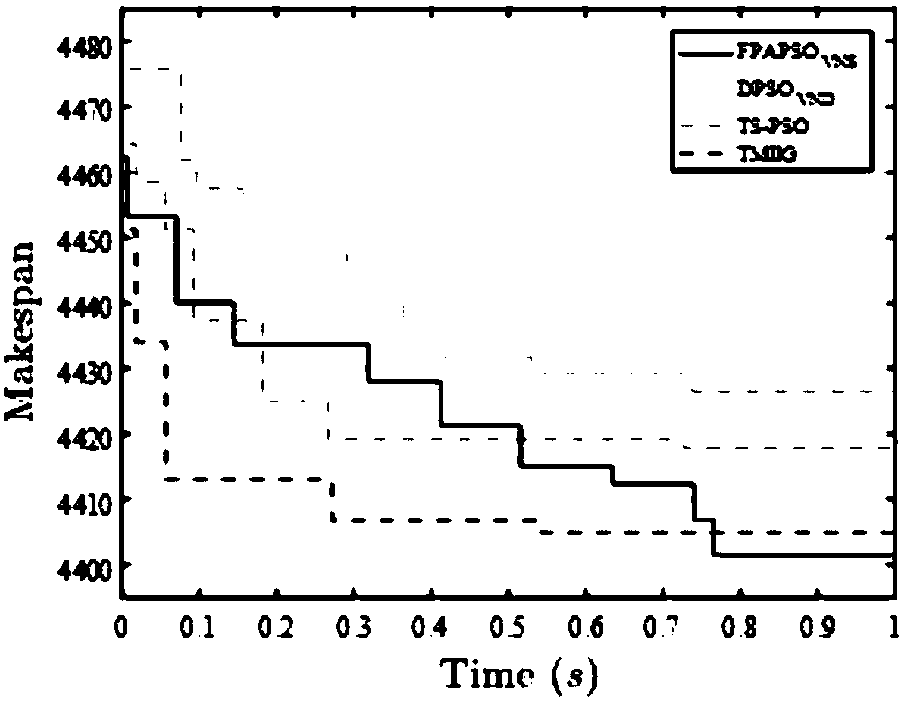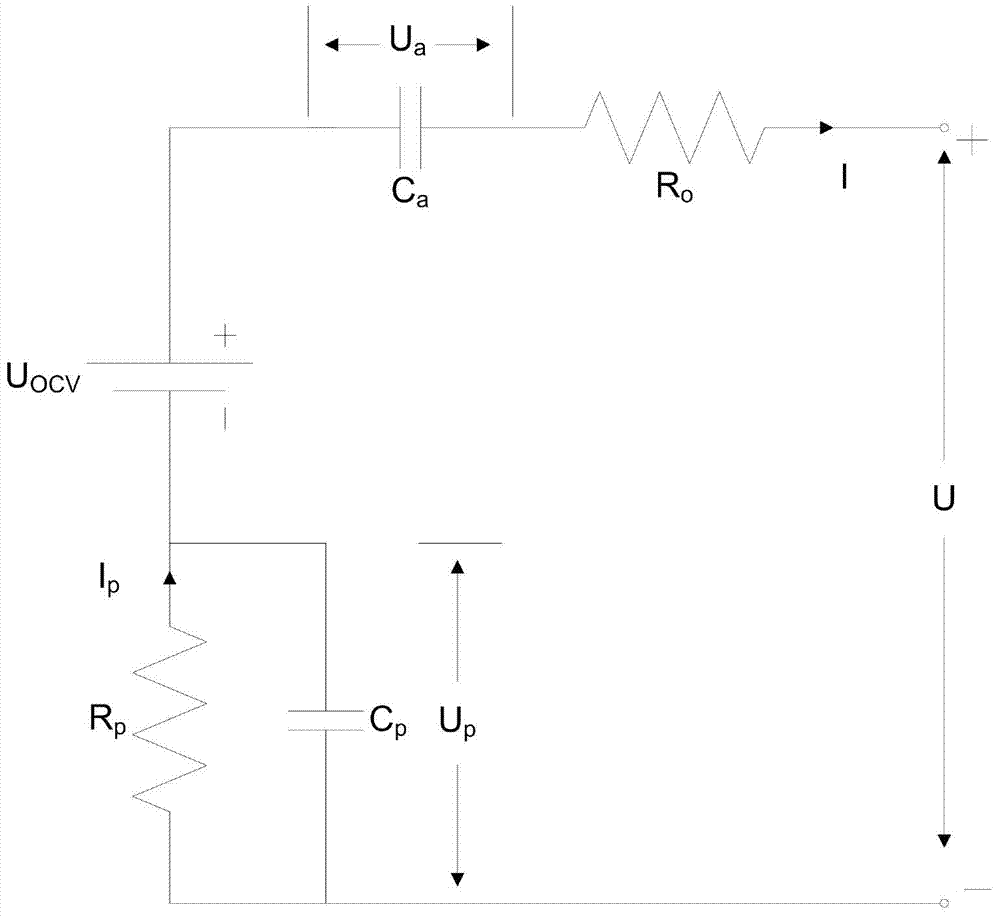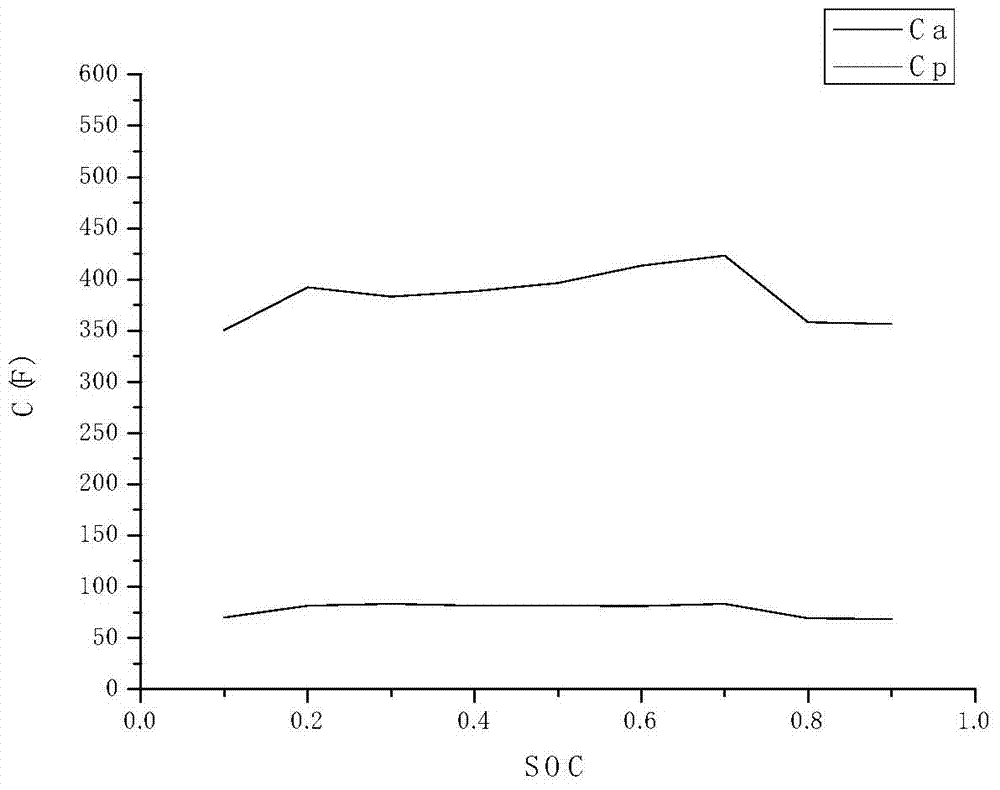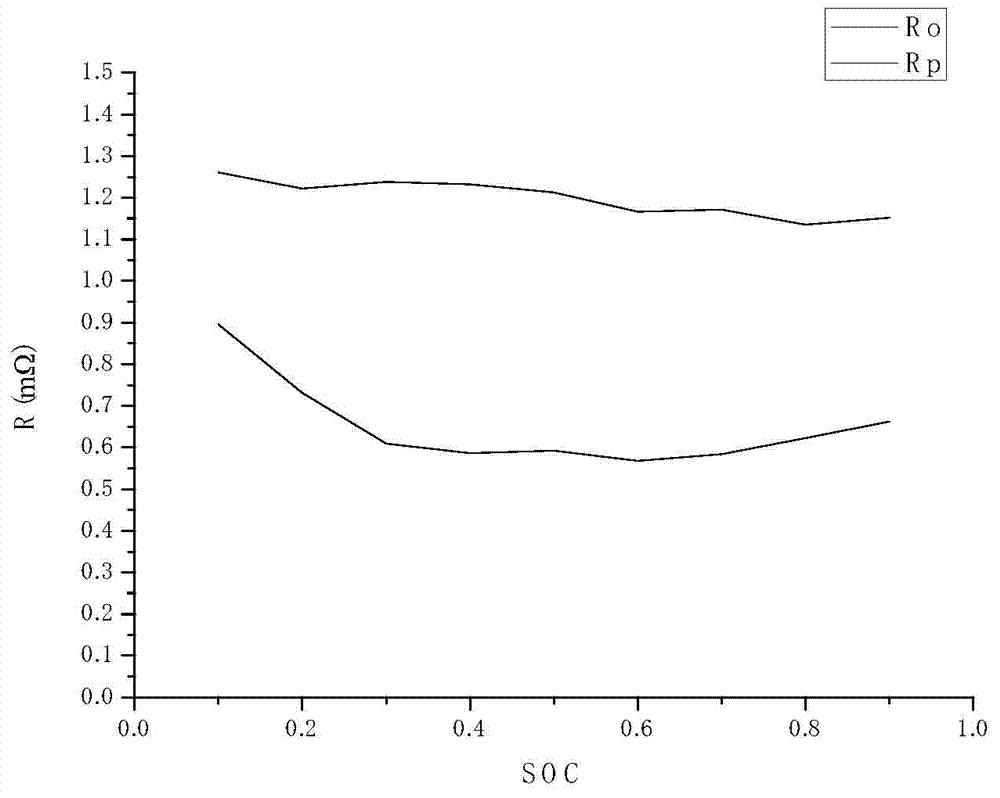Patents
Literature
Hiro is an intelligent assistant for R&D personnel, combined with Patent DNA, to facilitate innovative research.
361 results about "Multi-swarm optimization" patented technology
Efficacy Topic
Property
Owner
Technical Advancement
Application Domain
Technology Topic
Technology Field Word
Patent Country/Region
Patent Type
Patent Status
Application Year
Inventor
Multi-swarm optimization is a variant of particle swarm optimization (PSO) based on the use of multiple sub-swarms instead of one (standard) swarm. The general approach in multi-swarm optimization is that each sub-swarm focuses on a specific region while a specific diversification method decides where and when to launch the sub-swarms. The multi-swarm framework is especially fitted for the optimization on multi-modal problems, where multiple (local) optima exist.
Multiple no-manned plane three-dimensional formation reconfiguration method based on particle swarm optimization and genetic algorithm
InactiveCN101286071ASolving the Optimal Time Control ProblemSolving optimization problems with centralized controlGenetic modelsPosition/course control in three dimensionsLinear controlPiecewise linearization
The invention discloses a three-dimensional formation reconfiguration method for multiple unmanned aerial vehicles based on particle swarm optimization and genetic algorithm. The method considers the position of the unmanned aerial vehicle in the ground coordinates and the speed, track angle and course angle of the unmanned aerial vehicle when establishing a formation model, carries out subsection linear disposal of the control input of each flying unit in the unmanned aerial vehicle, replaces the approximate subsection linear control input with the continuous control input, then carries out global search by the genetic algorithm, subsequently carries out partial searching by the particle swarm optimization algorithm, on the base thereof, the particle swarm optimization is used to guide the genetic algorithm to search a global optimum solution so as to figure out the subsection linear control input. Compared with the traditional method, the method provided by the invention has good real-time performance and rapidity and can be used for solving the formation reconfiguration problem of multiple space robots under complex and dynamic environment.
Owner:BEIHANG UNIV
Mobile robot path planning method based on improvement of ant colony algorithm and particle swarm optimization
InactiveCN103472828AShorten the timeReduce search timeBiological modelsPosition/course control in two dimensionsPath lengthParticle swarm algorithm
The invention discloses a mobile robot path planning method based on an improvement of an ant colony algorithm and particle swarm optimization. The method mainly solves the problems that in the prior art, the operating speed of an algorithm is low, and frequency of turning of an optimized path is high. The planning method includes the steps that modeling is carried out on a work environment of a robot; the particle swarm optimization is utilized to quickly carry out path planning, pheromones more than those around an obtained path are scattered on the obtained path, and guiding is provided for an ant colony; an ant colony algorithm optimized by the principle of inertia is adopted, and optimization is conducted on the basis of the particle swarm optimization; the motion path of the robot is output according to an optimization result. According to the planning method, comprehensive consideration is given to stability and robustness of the algorithm, iterations can be effectively reduced, searching efficiency is improved, the path length is shortened, the frequency of turning is reduced, path quality is substantially improved, and the planning method accords with an artificial planning intention and is suitable for autonomous navigation of various mobile robots in a static environment.
Owner:GUILIN UNIV OF ELECTRONIC TECH
Particle swarm optimization system and method for microgrids
The particle swarm optimization method for microgrids formulates a control problem as an optimization problem and PSO is used to search the solution space for optimal parameter settings in each mode. The procedure models optimal design of an LC filter, controller parameters and damping resistance in grid-connected mode. Moreover, the procedure optimizes controller parameters and power sharing coefficients in autonomous mode. The method uses particular nonlinear time-domain-based and eigenvalue-based objective functions to minimize the error in the measured power, and also to enhance the damping characteristics, respectively.
Owner:KING FAHD UNIVERSITY OF PETROLEUM AND MINERALS
Pile-up noise reduction own coding network bearing fault diagnosis method based on particle swarm optimization
ActiveCN106682688ARobustGood feature learning abilityMachine bearings testingCharacter and pattern recognitionHidden layerDiagnosis methods
The invention discloses a pile-up noise reduction own coding network bearing fault diagnosis method based on particle swarm optimization. The bearing fault diagnosis method provides an improved pile-up noise reduction own coding network SADE bearing fault diagnosis method, SDAE network hyper-parameters, such as cyber hidden layer nodes, sparse parameters, input data random zero setting ratio, are selected adaptively by particle swarm optimization PSO, a SADE network structure is determined, top character representation of malfunction inputting a soft-max classifier is obtained and a classification of defects is discerned. The bearing fault diagnosis method has better feature in learning capacity and more robustness than feature of learning of ordinary sparse own coding device, and builds a SDAE diagnostic model having multi-hidden layer by optimizing the hyper-parameters of noise reduction own coding network deepness network structure with the particle swarm optimization, accuracy of the classification of defects is improved at last.
Owner:SOUTH CHINA UNIV OF TECH
Wind power station energy storage capacity control method based on particle swarm optimization
InactiveCN102664423AEffective connection scheduling operation modeImprove receptivityEnergy storageBiological modelsParticle swarm algorithmEnergy analysis
The invention relates to a wind power station energy storage capacity control method based on particle swarm optimization. The wind power station energy storage capacity control method includes the steps of taking the interval reference value of the wind power station output power which is adapted to the dispatching cycle of a power grid as a foundation, taking the influence of the wind-abandoning energy of a wind power station and the lost energy of an energy storage system into consideration, taking the lowest costs of the energy storage investment and a wind and power operation system as target functions, establishing a policy model for energy storage capacity optimizing based on a storage battery energy storage system, and then applying the improved particle swarm optimization to solve the functions. By the aid of the wind power station energy storage capacity control method based on the particle swarm optimization, the wind power which is output under effect of the energy storage system can be output smoothly at intervals, so that effective connection between the energy storage system and the existing dispatching operation manner can be realized, and the best economic benefit can be achieved simultaneously.
Owner:SHANDONG UNIV
WSN (Wireless Sensor Networks) routing optimization method based on improved PSO (particle swarm optimization)
ActiveCN105430706AReduce generationSimple structureNetwork topologiesHigh level techniquesGenetic algorithmParticle swarm algorithm
Owner:ELECTRIC POWER RES INST STATE GRID JIANGXI ELECTRIC POWER CO +3
Method and system for collaborative scheduling of production and transportation in supply chains based on improved particle swarm optimization
InactiveUS20180357584A1Improve rationalityIncrease productivityForecastingArtificial lifeTournament selectionParticle swarm algorithm
The present invention discloses a method and system for collaborative scheduling of production and transportation in supply chains based on improved particle swarm optimization. The method includes the following steps: 1. setting algorithm parameters; 2. randomly generating an initial population; 3. correcting codes; 4. calculating fitness values and updating the speed and the position of particles; 5. performing tournament selection; 6. performing crossover mutation; 7. updating the population; and 8. determining whether a termination condition is satisfied; if so, outputting a globally optimal solution; if not, returning to the step 3. In the present invention, an approximately optimal solution can be obtained in view of the collaborative scheduling problem of production and transportation considering distributed storage, so that the cost is reduced for supply chains and the service level of supply chains is enhanced.
Owner:HEFEI UNIV OF TECH
Short-term load prediction method based on particle swarm optimization least squares support vector machine
InactiveCN106952183AImprove search abilityImprove search efficiencyForecastingCharacter and pattern recognitionLeast squares support vector machineShort terms
The present invention relates to a short-term load prediction method based on a particle swarm optimization least squares support vector machine. Aiming at the deficiency of a single kernel function least squares support vector machine model, the Gaussian kernel function and the Polynomial kernel function are combined to obtain a new hybrid kernel function so as to improve the learning ability and the generalization ability of the least squares support vector machine model; the particle swarm optimization algorithm based on double populations is employed to optimize parameters of the least squares support vector machine of the hybrid kernel function, the particle swarm optimization algorithm based on double populations has advantages of good global search and local search performances, and a strategy having dynamic accelerated factors is employed so as to greatly increase the variety of particles and prevent the search from being caught in a local extremum. The short-term load prediction method based on the particle swarm optimization least squares support vector machine maximally utilizes information in computation, and in the process of selecting the optimal parameter value, the average mean square error of load data and actual data is employed as the adaptation value of the particle swarm optimization algorithm so as to improve the short-item load prediction accuracy value.
Owner:WUHAN UNIV
Dynamic parameter tuning using particle swarm optimization
Dynamic parameter tuning using particle swarm optimization is disclosed. According to one embodiment, a system for dynamically tuning parameters comprising a control unit; and a system for receiving parameters tuned by the control unit. The control unit receives as input a model selection and definitions, and dynamically tunes a value for each parameter by using a modified particle swarm optimization method. The modified particle swarm optimization method comprises moving particle locations based on a particle's inertia, experience, global knowledge, and a tuning factor. The control unit outputs the dynamically tuned value for each parameter.
Owner:OPERATION TECH
AGV optimization scheduling method based on mixed particle swarm optimization
ActiveCN104408589AFast convergenceReduce the number of iterationsLogisticsGenetic algorithmsObject functionHybrid algorithm
The invention relates to an AGV optimization scheduling method based on mixed particle swarm optimization. First of all, a mathematics model is abstracted from the work process of an AGV, and an object function of a scheduling scheme is determined, and secondly, the model is solved by use of the mixed particle swarm optimization based on a genetic algorithm, a stimulated annealing algorithm and ant colony optimization, and an optimization scheduling scheme is generated. According to the invention, a contrast analysis is made between the mixed particle swarm optimization and standard particle swarm optimization through examples, and the variation operation of the mixed optimization employs an ant colony optimization thinking mode, ensures intersection of individual best and group best in an intersection operation process, ensures the feasibility of the mixed particle swarm optimization and has the validity for solving large-scale scheduling tasks.
Owner:SHANGHAI JINGXING LOGISTICS EQUIP ENGCO
Vehicle route optimization method with time window constraint based on improved particle swarm optimization (PSO)
InactiveCN103049805AIncrease diversityAvoid premature convergenceForecastingBiological modelsOptimal routeMulti-swarm optimization
The invention relates to a vehicle route optimization method with time window constraint based on improved particle swarm optimization (PSO). The method comprises the following steps of: step 10, initially setting parameters; step 20, constructing a particle swarm; step 30, decoding particles according to a decoding rule; step 40, calculating fitness for a distribution route obtained by decoding; step 50, searching an individual optimal state and a group optimal state to select the group optimal state Pg, which is the optimal route of the vehicle route problem under the current iteration conditions, determining the condition that the optimal position searched by the particle swarm is the optimal route in the current state, entering step 601 if a stop condition is not reached, and otherwise, entering step 603; step 601, updating the state; step 602, introducing crossover operator operation, and entering step 30 to repeat particle decoding; and step 603, stopping iteration, and outputting the optimal route result of the vehicle route problem.
Owner:CHINESE ACAD OF SURVEYING & MAPPING
PID controller parameter setting algorithm based on improved PSO (particle swarm optimization) algorithm
InactiveCN107272403AAdaptableSlow down the rate of convergenceArtificial lifeControllers with particular characteristicsLocal optimumControl engineering
The invention discloses a PID controller parameter setting algorithm based on an improved PSO (particle swarm optimization) algorithm, and the algorithm comprises the following steps: 1, initializing the algorithm parameters; 2, switching to an iterative loop, and carrying out the updating of the position and speed of each particle; 3, randomly searching a new position in the neighborhood of a current position; 4, calculating the adaptability difference between two positions, and judging whether to accept the new position or not through a simulated annealing mechanism when the adaptability of the new position is inferior to the adaptability of an original position but is superior to the adaptability of a global optimal position; 5, updating the global optimal position of a population, carrying out the natural selection operation, carrying out the arrangement of all particles according to the adaptability values, and employing the information of a part of better particles to replace the information of the other half particles; 6, judging whether to stop the iteration or not; 7, outputting PID controller parameters or executing step 2 again. The method can achieve the automatic setting of control parameters, irons out a defect that a conventional PSO algorithm is very liable to be caught in local optimization, achieves the complementation of the simulated annealing operation and a natural selection strategy, improves the convergence precision of the algorithm under the condition that the number of convergence times of the algorithm is guaranteed, is higher in robustness and precision, and enables the PID controller to generate a more excellent control effect.
Owner:ZHEJIANG NORMAL UNIVERSITY
Particle swarm optimization-based least square support vector machine combined predicting method
InactiveCN103020434AFast convergenceImprove forecast accuracySpecial data processing applicationsPredictive methodsLeast squares support vector machine
The invention provides a particle swarm optimization-based least square support vector machine combined predicting method. The particle swarm optimization-based least square support vector machine combined predicting method comprises the following steps: according to data characteristics to be predicted, selecting proper single predicting models; properly combining different predicting methods; by making full use of useful information contained in the single predicting models, establishing an LSSVM (least square support vector machine) regression model; and through a PSO (particle swarm optimization), optimizing two core parameters which affect the precision of the LSSVM regression model and include a kernel function parameter g and an LSSVM regularization parameter C so as to obtain the optimal LSSVM regression model. By the method, the aims of improving the predicting precision and reducing predicting risks can be achieved; the convergence rate of the algorithm is greatly improved; and actual engineering needs can be met better.
Owner:NANJING UNIV OF AERONAUTICS & ASTRONAUTICS
Extremum disturbed particle swarm optimization based SDWSN energy-balanced routing algorithm
ActiveCN108566663AExtend the life cycleFlexible deploymentHigh level techniquesWireless communicationEnergy balancingWireless sensor networking
The invention relates to an extremum disturbed particle swarm optimization based SDWSN energy-balanced routing algorithm and belongs to the technical field of wireless sensor networks. The algorithm comprises the steps of firstly selecting a cluster head by giving consideration to residual energy, position and energy balanced information of nodes and utilizing improved extremum disturbed particleswarm optimization algorithm, and dividing the whole network dynamically into clusters different in size based on a distance from the nodes to the base station, node residual energy and the number ofneighbor nodes; and secondly, saving energy consumption during cluster division by adopting a way of performing global clustering and k local cluster head updating per each period; and finally, building a shortest routing tree based on factors such as link energy consumption, node residual energy and in-cluster node number by adopting a centralized mode by a sensor control server when multi-hop routing is built. The extremum disturbed particle swarm optimization based SDWSN energy-balanced routing algorithm can efficiently save energy and balanced network energy consumption and prolong the life circle of the network.
Owner:CHONGQING UNIV OF POSTS & TELECOMM
Object recognition system incorporating swarming domain classifiers
InactiveUS7636700B2Quick classificationCharacter and pattern recognitionDigital dataFunction optimizationMulti dimensional
The present invention relates to a system, method, and computer program product for recognition objects in a domain which combines feature-based object classification with efficient search mechanisms based on swarm intelligence. The present invention utilizes a particle swarm optimization (PSO) algorithm and a possibilistic particle swarm optimization algorithm (PPSO), which are effective for optimization of a wide range of functions. PSO searches a multi-dimensional solution space using a population of “software agents” in which each software agent has its own velocity vector. PPSO allows different groups of software agents (i.e., particles) to work together with different temporary search goals that change in different phases of the algorithm. Each agent is a self-contained classifier that interacts and cooperates with other classifier agents to optimize the classifier confidence level. By performing this optimization, the swarm simultaneously finds objects in the scene, determines their size, and optimizes the classifier parameters.
Owner:HRL LAB
Improved particle swarm optimization based power distribution reconstruction optimization method
ActiveCN104332995AImprove the problem of easy to fall into local optimumRetain efficiencyAc network circuit arrangementsGlobal optimizationElectric distribution network
The invention discloses an improved particle swarm optimization based power distribution reconstruction optimization method. The improved particle swarm optimization based power distribution reconstruction optimization method comprises simplifying a power distribution network and encoding a particle swarm; decoding a particle swarm and calculating a fitness function which is corresponding to every particle; randomly initializing the particle swarm and giving a feasible solution for every particle; performing topology detection on the simplified network which is corresponding to every particle until all particles confirm to a power distribution network topology requirement; updating a position of every particle through algorithm iteration and performing simplified network topology detection; calculating a fitness value of every particle after position updating; assigning the position to Pi if the fitness value of the particle I is superior to the fitness value which is corresponding to an original individual extreme value position Pi; assigning the position to Pg if the fitness value of a current extreme value position Pi is superior to the fitness value of an original global extreme value Pg until a preset maximum number of iterations is achieved and enabling Pg to be an optimal solution. The improved particle swarm optimization based power distribution reconstruction optimization method has a rapid and efficient global optimization capability.
Owner:永春县产品质量检验所福建省香产品质量检验中心国家燃香类产品质量监督检验中心福建
Electromyographic signal gait recognition method based on particle swarm optimization and support vector machine
InactiveCN104107042AOvercome the disadvantage of local minimaAvoid learningDiagnostic recording/measuringSensorsTime domainFeature extraction
The invention relates to an electromyographic signal gait recognition method based on particle swarm optimization and a support vector machine. A particle swarm optimization algorithm is utilized to optimize a penalty parameter and a kernel function parameter of the support vector machine so that the performance of the support vector machine can be optimized, and effective recognition and classification are achieved. Firstly, wavelet modulus maximum denoising is carried out on collected lower limb electromyographic signals; secondly, time domain feature extraction is conducted on the electromyographic signals after denoising is carried out to obtain feature samples; thirdly, parameter optimization is carried out on the support vector machine by means of the particle swarm optimization algorithm to obtain a set of optimal parameters with minimal errors, and a classifier is constructed; at last, a feature sample set of the electromyographic signals is input to the classifier, and then classification and recognition are conducted on gait states. According to the method, both accuracy and adaptivity of classification are taken into consideration, the computational process is simple and efficient, and the method has broad application prospects in the field of lower limb motion state recognition.
Owner:HANGZHOU DIANZI UNIV
Reduction technology for test use cases
InactiveCN101464831ASimple codingSimple location update operationBiological modelsSoftware testing/debuggingTest suiteTheoretical computer science
Aiming to solve the problem of test case suite expansion in a software regression test, the invention discloses a technology for reducing test case suite. The technology is inspired by the particle swarm optimization (PSO) and utilizes 0-1 coding manner to indicate test case suite. Different particles represent different selective schemes of test case suite; the adaptive value of each particle adopts two adaptive values to evaluate, wherein, one is coverage degree of the test case suite to a test demand set, and the other is redundancy of the test case suite satisfying the test demand set. The renewal of the particle position utilizes all test cases to randomly generate the next individual position taking the coverage rate of the rest demand as a probability, so as to get the particles with maximum coverage rate and minimum redundancy, which is the optimized test case suite reduction scheme. Compared with the prior test case suite reduction technology, the invention has no relation with initial values and has the advantages of simple operation, high calculation speed and excellent performance.
Owner:XIAN UNIV OF POSTS & TELECOMM
Particle swarm optimization based control method and device of photovoltaic maximum power point tracking
InactiveCN106444956AControl speedFast convergencePhotovoltaic energy generationElectric variable regulationLearning factorParticle swarm algorithm
The invention relates to the field of solar photovoltaic power generation and discloses a particle swarm optimization based control method and device of photovoltaic maximum power point tracking. A duty ratio of a converter is used as particles, the particles are initialized and uniformly dispersed at possible extreme value points, inertia weight and learning factor are adjusted linearly, an anti-tangent function is introduced to modify conventional particle swarm speed updating, and speed of each particle is limited solely. Convergence rate of a particle swarm algorithm is increased, oscillation during tracking is reduced, and new maximum power points can be quickly tracked during shadow changing.
Owner:BEIJING INFORMATION SCI & TECH UNIV
Wireless sensor network clustering routing method based on particle swarm optimization and ant colony optimization
InactiveCN103228023AProlong survival timeIncrease profitNetwork topologiesHigh level techniquesNODALWireless mesh network
The invention discloses a wireless sensor network clustering routing method based on particle swarm optimization and ant colony optimization, and belongs to the technical field of wireless sensor networks. The method is characterized in that the method comprises the steps that the optimal cluster quantity of an animal breeding environment detection system is decided dynamically; factors influencing energy consumption are analyzed earnestly; an adaptive value function is constructed; clustering is optimized by using a particle swarm optimization algorithm; and then routing between clusters is optimized by operating an ant colony algorithm in a cluster head node. Therefore, the energy consumption of a sensor node in a network is equalized; the survival time of the network is prolonged; a path with small communication delay is selected; the flow of the network is equalized; and a utilization ratio of a wireless sensor network for animal breeding environment detection is increased.
Owner:QINGDAO AGRI UNIV
Rolling bearing fault diagnosis method and system based on particle swarm optimization and medium
PendingCN109635334AEasy extractionImprove accuracyGeometric CADSpecial data processing applicationsDiagnosis methodsBand-pass filter
The invention relates to a rolling bearing fault diagnosis method and system based on particle swarm optimization, and a medium. The method comprises: obtaining an initial vibration signal of a rolling bearing in the operation process, and obtaining an initialization parameter of the initial vibration signal by adopting a particle swarm optimization method; performing variation mode decompositionon the initial vibration signal according to the initialization parameters to obtain a plurality of intrinsic mode components; selecting one inherent mode component containing most fault characteristic information from the plurality of inherent mode components as a most sensitive mode component, and carrying out band-pass filtering processing on the most sensitive mode component to obtain a faultcharacteristic vibration signal; and analyzing the fault characteristic vibration signal, extracting the fault characteristic information, and identifying the fault according to the fault characteristic information. The fault diagnosis accuracy and the fault identification precision of the rolling bearing can be effectively improved, the method can be widely applied to the technical field of signal fault diagnosis, and normal operation of mechanical equipment is guaranteed.
Owner:WUHAN UNIV OF SCI & TECH
Particle swarm optimization-based gene chip image segmenting method of K-means clustering algorithm
InactiveCN101923712AGood for image segmentationThe algorithm process is simple and clearImage analysisBiological modelsLocal optimumRate of convergence
The invention discloses a particle swarm optimization-based gene chip image segmenting method of a K-means clustering algorithm. The particle swarm optimization-based gene chip image segmenting method is characterized by comprising the following steps of: firstly, classifying all pixels of a gene chip image into K types according to the K-means clustering algorithm and searching a local optimal position by each particle in a particle swarm according to a fitness function; and secondly, updating the speed and the position value per se by the particles in the particle swarm according to an individual extreme value and the optimal value. After multiple iterations, the subgroup at the global optimal position is the clustering classified result. The invention has the advantages of simple and definite algorithm process so as to effectively avoid the situation of involving in the local optimization or empty class, high convergence rate, strong global optimal search capability, fewer parameters required to be set and adjusted, accurate and quick result classification and no interference from human factors, and is suitable for segmenting large-scale gene chip images.
Owner:SUZHOU UNIV
Method and device for searching path based on particle swarm optimization (PSO)
The invention provides a method and device for searching a path based on a particle swarm optimization (PSO). Speed and position vectors of a particle are generated by initializing a particle swarm; an environment in which the particle is located is calculated by calculating a fitness function value; and the speed and position of the particle are updated by a cyclic iterative method so as to lead the particle and the particle swarm to arrive at the optimal position, thereby searching the optimal path.
Owner:SHANGHAI DIANJI UNIV
Many-objective optimized scheduling method for combined operation of cascade hydropower stations
InactiveCN106203689AGuaranteed uniformityEnhanced Neighborhood Exploration CapabilitiesForecastingArtificial lifePareto optimalHydropower
The invention discloses a many-objective optimized scheduling method for combined operation of cascade hydropower stations, and aims at solving main problems in engineering application of standard quantum-behaved particle swarm optimization and problems in solving single-objective optimized scheduling. A multi-population evolution strategy is realized by external file set, advantageous individual selection and a chaotic mutation operator strategies, diversity of individuals is ensured, calculation of the method is accelerated, and an approximate Pareto optimal leading edge with sound distribution is obtained. An external file set is introduced to store elite individuals, dynamic update and maintenance of the file set are realized via non-inferior layered ordering and crowd distance, and distribution of the individual is kept uniform; and a chaotic mutation operator is used to carry out local disturbance on a non-control solution, and the neighborhood exploration capability of the individuals is enhanced. According to the invention, the particle swarm optimization is improved, and effectively applied to making the many-objective optimized scheduling scheme of combined operation of the cascade hydropower stations, and a feasible and high efficiency calculating method is provided for many-objective optimized scheduling of the cascade hydropower stations.
Owner:DALIAN UNIV OF TECH
Multi-unmanned aerial vehicle cooperative malodor source tracing method based on particle swarm optimization
InactiveCN108828140AHigh positioning accuracyHigh speedMaterial analysisWireless transmissionMeasuring instrument
The invention discloses a multi-unmanned aerial vehicle cooperative malodor source tracing method based on particle swarm optimization. The method comprises: setting a suspected malodor pollution source area through an artificial olfactory method, dividing the suspected malodor pollution source area into multiple sub-areas according to the number of unmanned aerial vehicles, measuring a wind direction through a wind direction measuring instrument so that the unmanned aerial vehicle can conveniently search into the wind, the search efficiency is improved, the number of particle swarms is reduced and a cost is reduced, transmitting information to the ground center of the PC end through the unmanned aerial vehicles through wireless transmission modules to exchange information, continuously updating positions of the unmanned aerial vehicles through the ground center of the PC end based on particle swarm optimization, transmitting the novel position information to the unmanned aerial vehicles, continuously updating the position information through the unmanned aerial vehicles so that the unmanned aerial vehicle gradually approaches the pollution source, and when the unmanned aerial vehicle continuously hovers at a certain position, a circle with the radius of about 1 m is formed and the gas sensor concentration of each unmanned aerial vehicle is higher than a certain threshold, andjudging and researching a malodor pollution source.
Owner:CHINA JILIANG UNIV
Method for recognizing road signs by PSO-SVM (particle swarm optimization-support vector machine) based on GPU (graphics processing unit)
ActiveCN102999756AAccurate identificationEfficient searchCharacter and pattern recognitionTone mappingSupport vector regression machine
The invention discloses a method for recognizing road speed limit signs by optimizing an SVM (support vector machine) by adaptive mutation particle swarm optimization based on a GPU (graphics processing unit). The category of the road speed limit signs is quickly and accurately recognized by using PSO (particle swarm optimization) to optimize parameters of an SVM. Based on the characteristics of particle swarm in optimizing parameters of the SVM, such as high data processing capacity and long computation time, the operating speed of PSO algorithm is increased by parallel computing of the GPU. The method has the advantages that the method of optimizing the support vector machine by GPU-accelerated ALTM PSO (adaptive local tone mapping-particle swarm optimization) is superior to the traditional SVM in accuracy of recognizing road speed limit signs and is superior to the standard PSO-SVM in algorithm convergence and operating speed.
Owner:CHONGQING UNIV OF POSTS & TELECOMM
Method for image registration utilizing particle swarm optimization
InactiveUS8645294B1Avoid premature convergencePremature convergenceImage analysisDigital computer detailsPattern recognitionComputer graphics (images)
Described is a method for image registration utilizing particle swarm optimization (PSO). In order to register two images, a set of image windows is first selected from a test image and transformed. A plurality of software agents is configured to operate as a cooperative swarm to optimize an objective function, and an objective function is then evaluated at the location of each agent. The objective function represents a measure of the difference or registration quality between at least one transformed image window and a reference image. The position vectors representing the current individual best solution found and the current global best solution found by all agents are then updated according to PSO dynamics. Finally, the current global best solution is compared with a maximum pixel value which signifies a match between an image window and the reference image. A system and a computer program product are also described.
Owner:HRL LAB
Method and system for production scheduling based on improved particle swarm optimization and heuristic strategy
ActiveCN107168267ACalculation speedHigh accuracy of resultsTotal factory controlProgramme total factory controlLocal optimumObject function
The invention discloses a method and a system for production scheduling based on improved particle swarm optimization and a heuristic strategy. The method comprises the following steps: proposing constraint conditions; defining an objective function, namely, a fitness function; carrying out particle swarm initialization; randomly initializing swarm particles, including position and velocity; carrying out iterative optimization: updating the velocity and position of particles, and finding out an optimal solution; setting the maximum number of iterations as an iteration termination condition, judging whether the iteration termination condition is satisfied, and outputting a global optimal solution if the iteration termination condition is satisfied; if iteration termination condition is not satisfied, jumping to the previous step to continue to find out an optimal solution. The beneficial effects are as follows: the computing speed of the algorithm is increased by using a novel particle encoding method; the problem of local optimum in the process of the traditional particle swarm optimization algorithm can be solved; the phenomenon of infeasible solutions is avoided to a great extent; and efficient and optimal production scheduling is realized.
Owner:山东万腾电子科技有限公司
Improved particle swarm optimization (PSO) algorithm of solving zero-waiting flow shop scheduling problem
ActiveCN108053119AImproved Particle Swarm Optimization AlgorithmImprove global search performanceArtificial lifeResourcesCompletion timeNew population
The invention discloses an improved particle swarm optimization (PSO) algorithm of solving the zero-waiting flow shop scheduling problem. Firstly, parameter initialization and population initialization are carried out, wherein initial workpiece sequences are generated, then a factorial encoding method is used to map all permutations to integers to form an initial population, and finally, a feasible initial velocity set is randomly generated; particles are moved; the population is updated through an original PSO population updating strategy, a new population is mapped to corresponding workpiecesequences, and work completion time of each new workpiece sequence is evaluated; an improved variable neighborhood search (VNS) algorithm is used for a local search, and results obtained by the search are used for replacement; a population adaption (PA) operator is used to increase diversity of the population; and checking of a termination condition is carried out, if the termination condition ismet, a process is stopped, and values of variables and corresponding sequences are returned to be used as a final solution, and otherwise, particle velocity is continuously updated. The method has the advantages of improving a particle swarm optimization algorithm, improving global search capability, and avoiding too early convergence.
Owner:LANZHOU UNIVERSITY OF TECHNOLOGY
Lithium iron phosphate power battery equivalent circuit model parameter estimation method based on particle swarm algorithm
InactiveCN103793605AImprove accuracyOptimal parameter estimation resultsSpecial data processing applicationsPower batteryLithium iron phosphate
The invention relates to a lithium iron phosphate power battery equivalent circuit model parameter estimation method based on a particle swarm algorithm. The method includes the following steps that 1, modeling of a lithium iron phosphate power battery is performed; 2, decoding is performed, a lithium iron phosphate power battery equivalent circuit model parameter estimation problem is converted into an arrangement problem suitable for particle swarm optimization, and particles are represented by P, wherein Pi is (Roi, Cai, Rpi and Cpi) and represents the parameter information of the ith particle; 3, lithium iron phosphate power battery equivalent circuit model parameter estimation is conducted by the utilization of the global mode particle swarm algorithm; 4, a fitness function is min|Ur-Ue|, wherein Ur is a measured value of the terminal voltage of the power battery, and Ue is an estimated value of the terminal voltage of the power battery; 5, circulation stops when optimization circulation of the particle swarm algorithm reaches the maximum set time or |Ur-Ue| is less than or equal to 0.01. According to the method, the particle swarm algorithm is used for performing power battery equivalent circuit model parameter estimation, and experimental verification shows that the method is low in parameter estimation error and improves the accuracy of model parameter estimation.
Owner:ZHEJIANG MEASUREMENT SCI RES INST
Features
- R&D
- Intellectual Property
- Life Sciences
- Materials
- Tech Scout
Why Patsnap Eureka
- Unparalleled Data Quality
- Higher Quality Content
- 60% Fewer Hallucinations
Social media
Patsnap Eureka Blog
Learn More Browse by: Latest US Patents, China's latest patents, Technical Efficacy Thesaurus, Application Domain, Technology Topic, Popular Technical Reports.
© 2025 PatSnap. All rights reserved.Legal|Privacy policy|Modern Slavery Act Transparency Statement|Sitemap|About US| Contact US: help@patsnap.com



